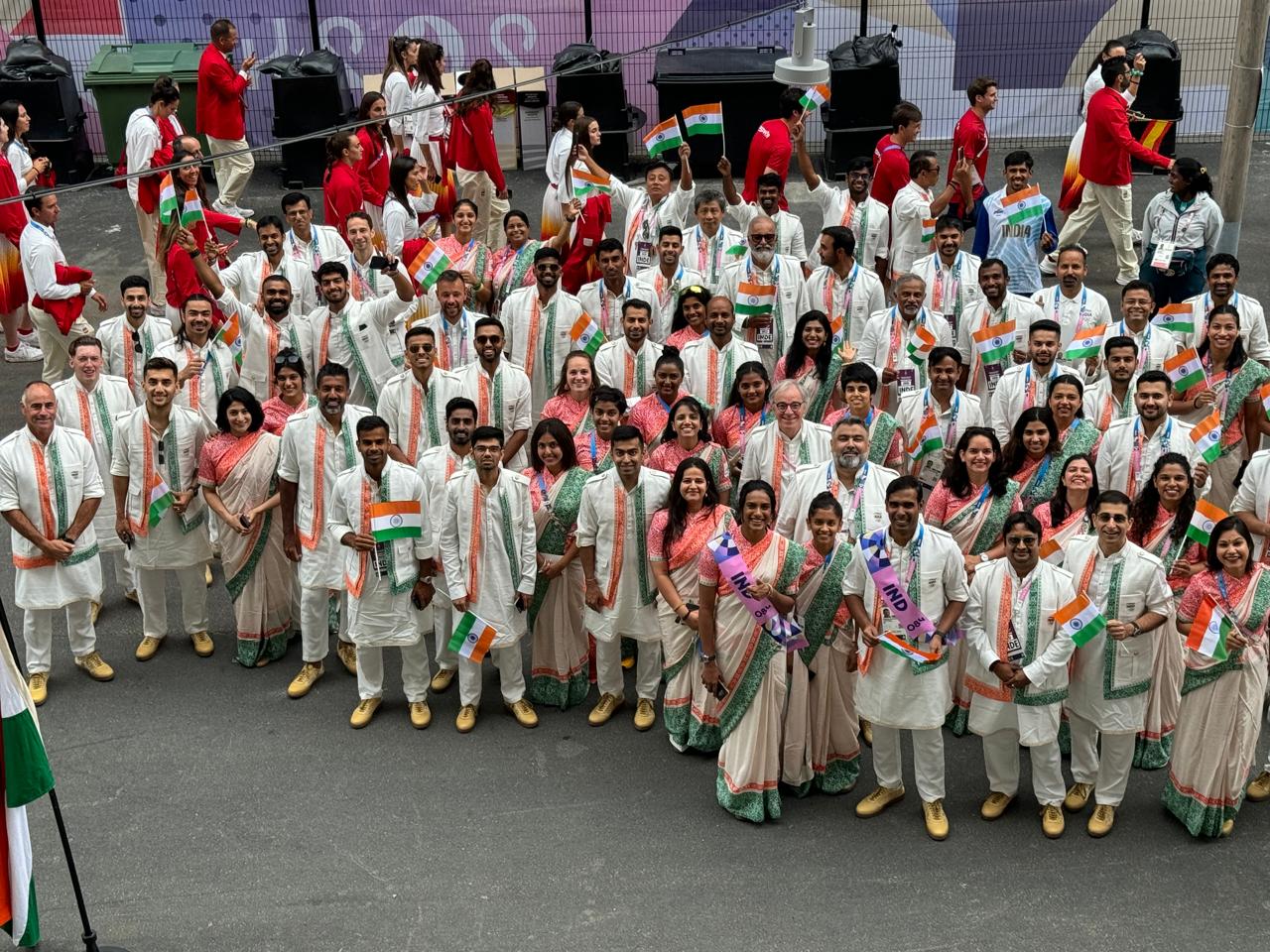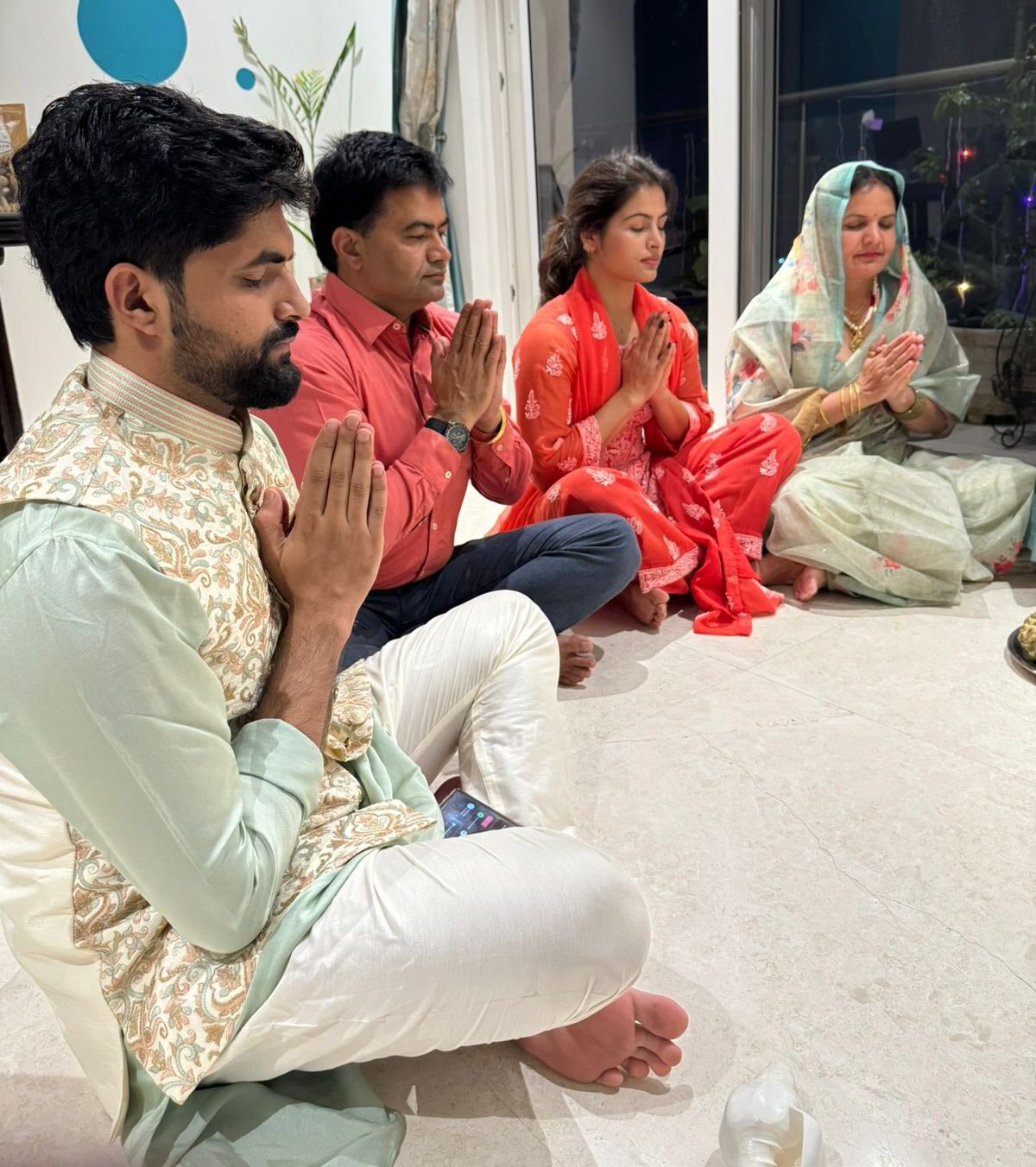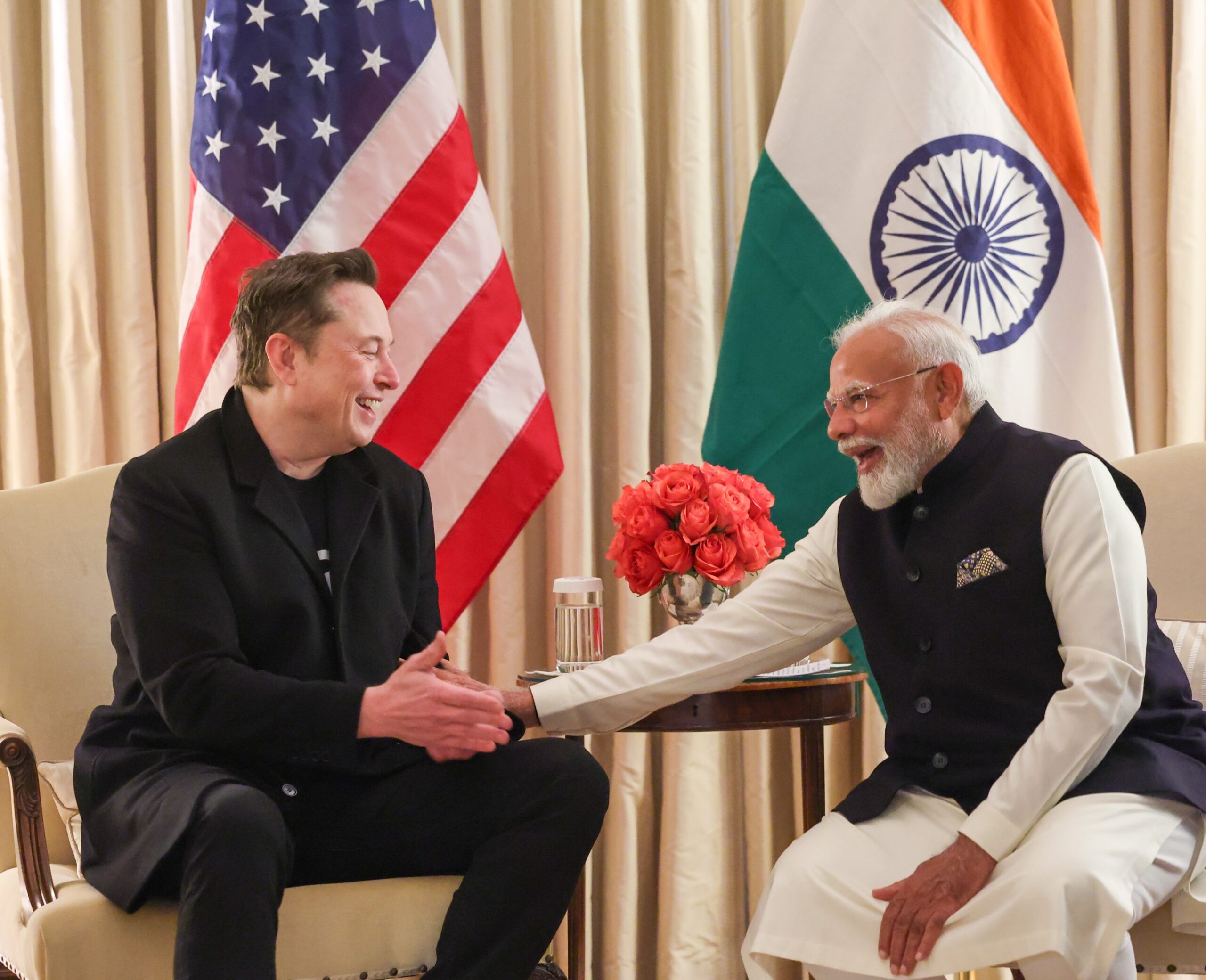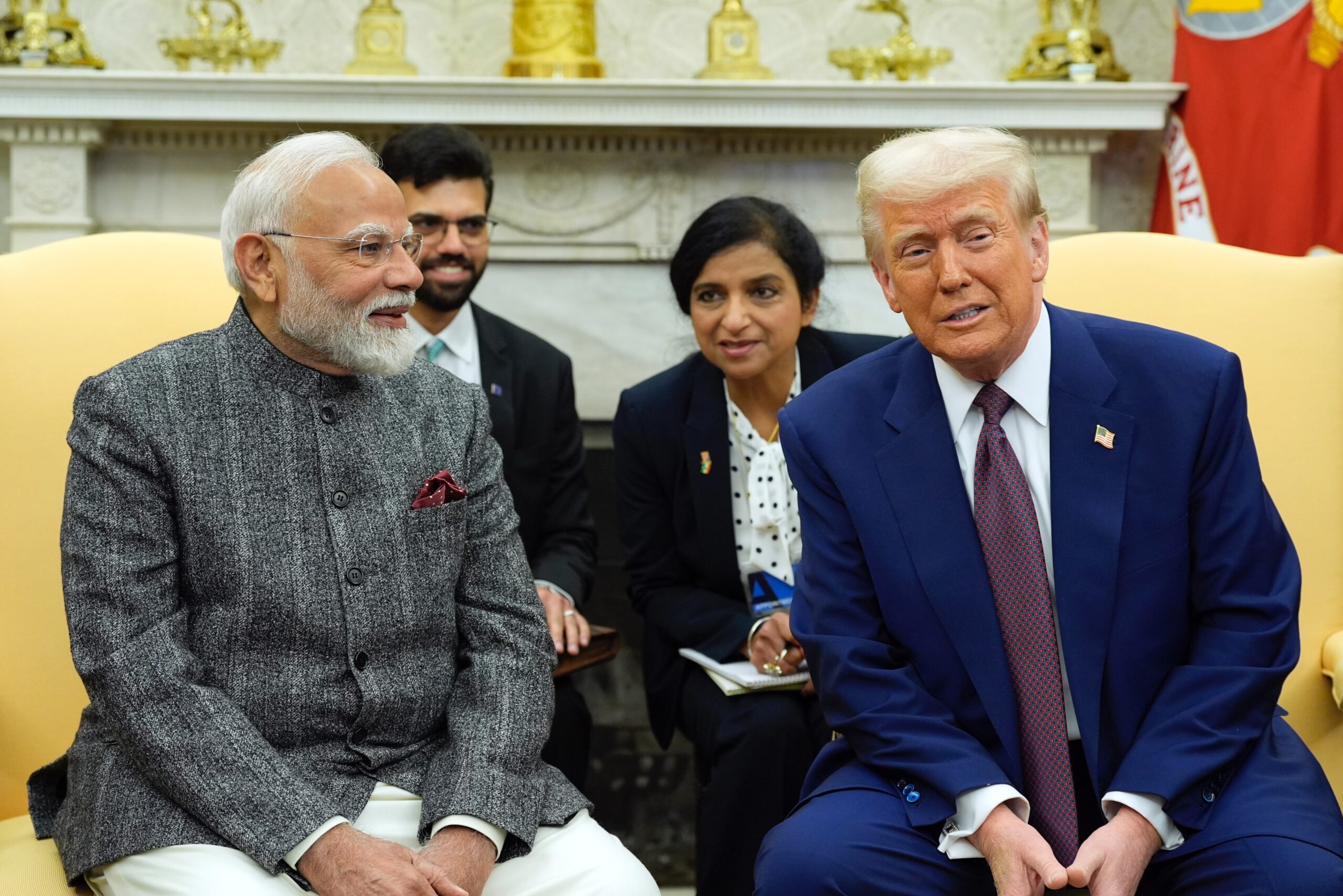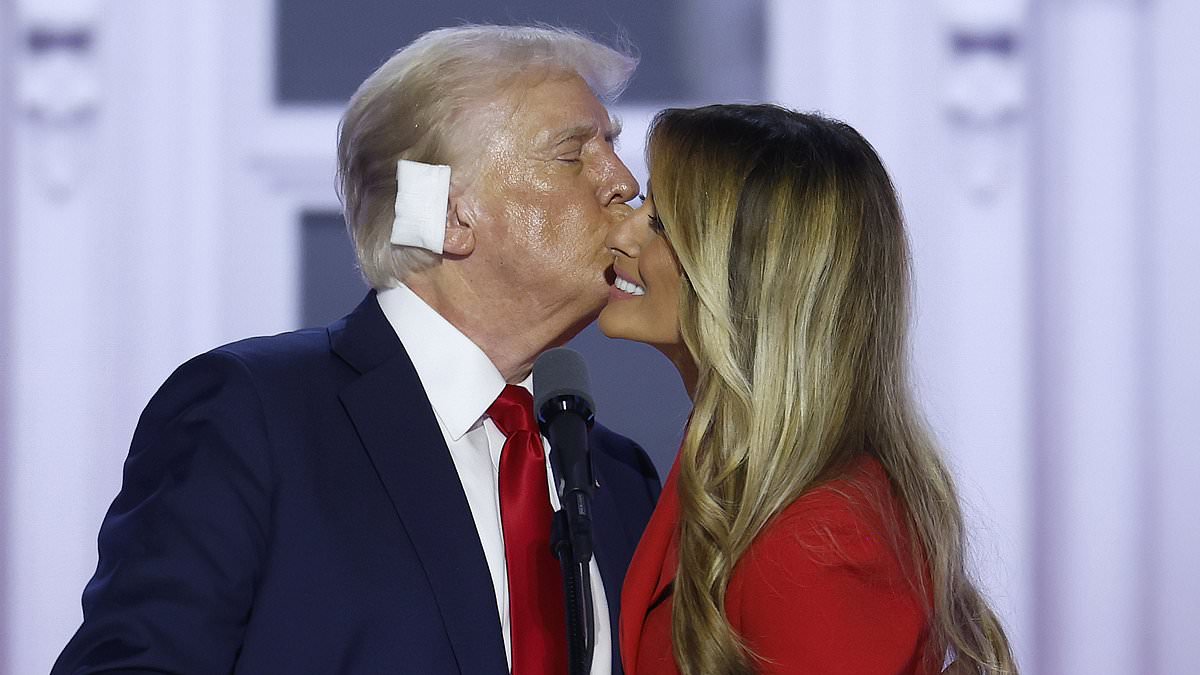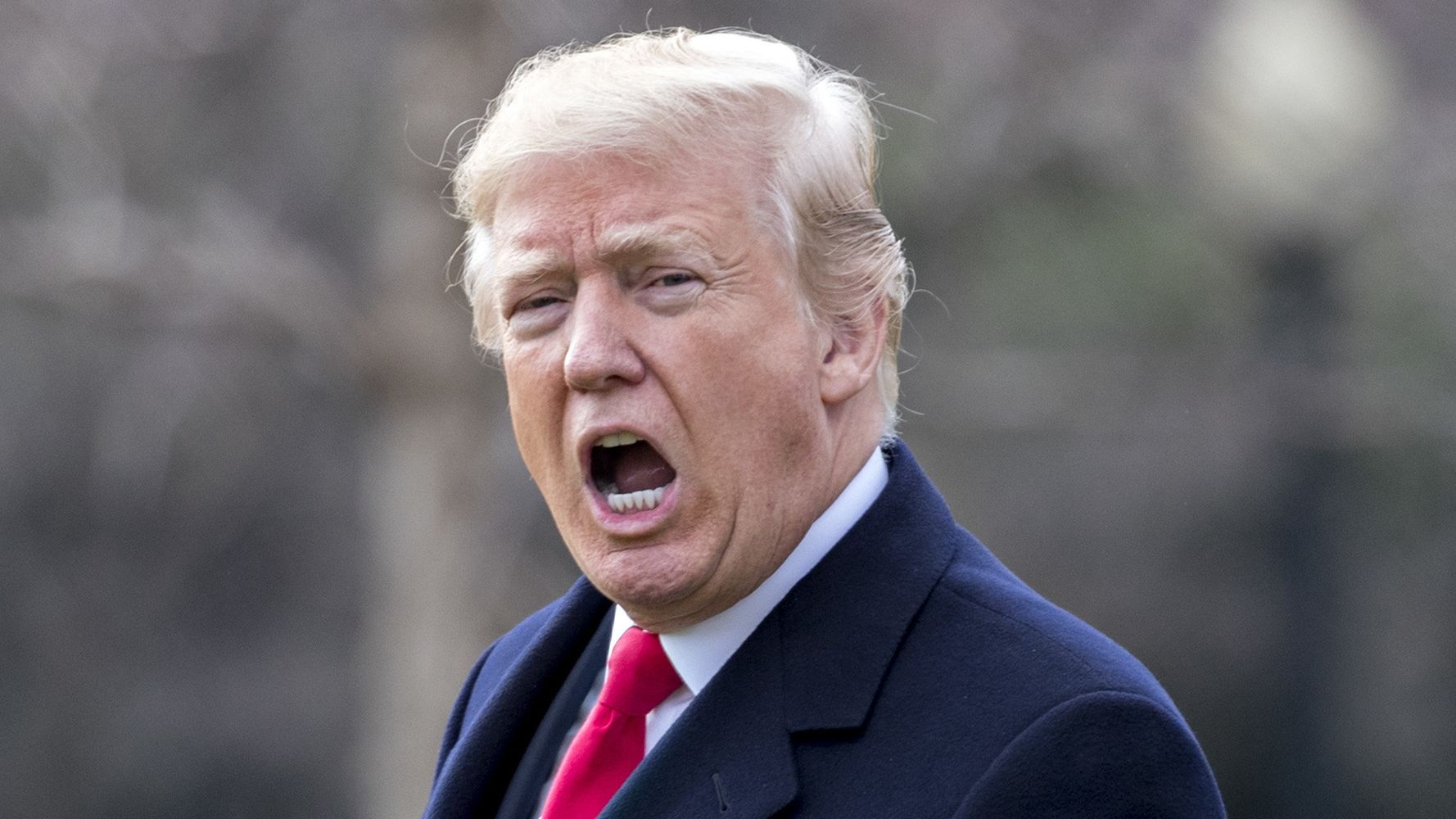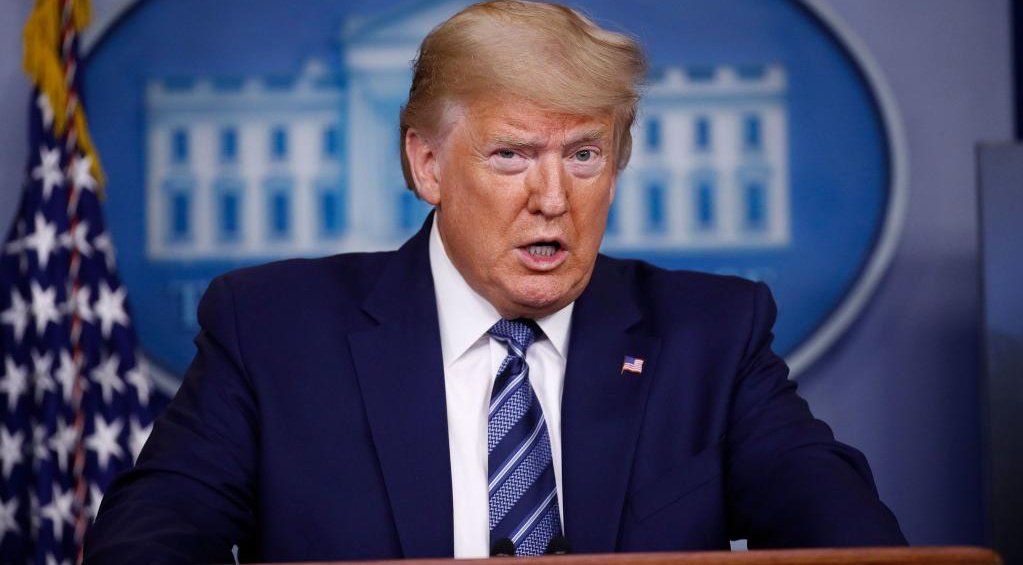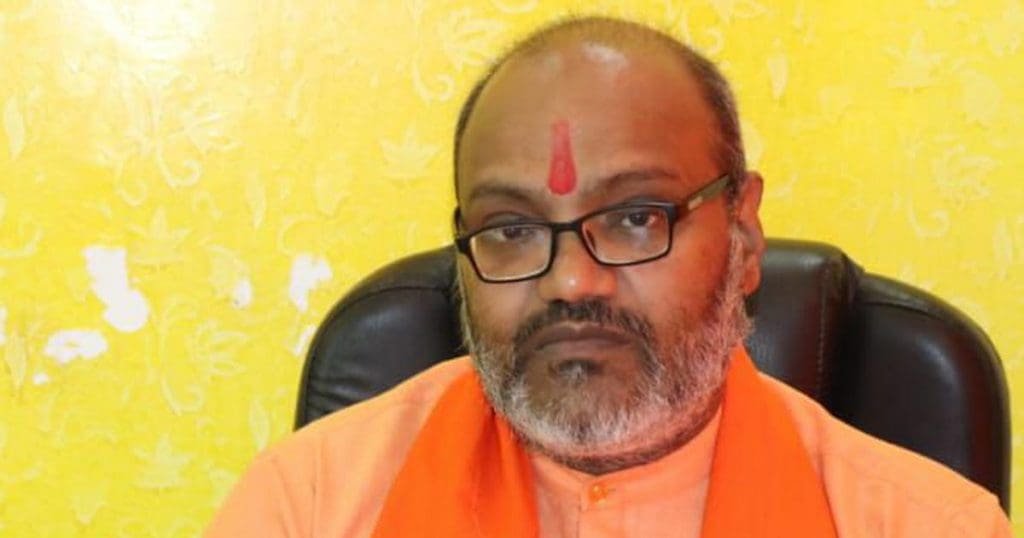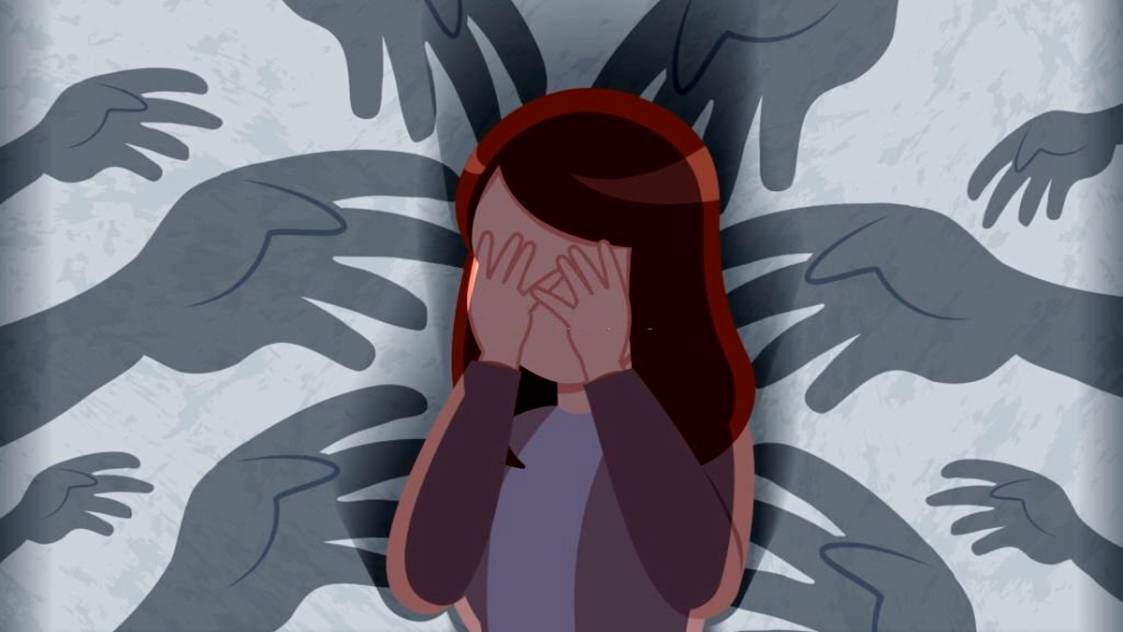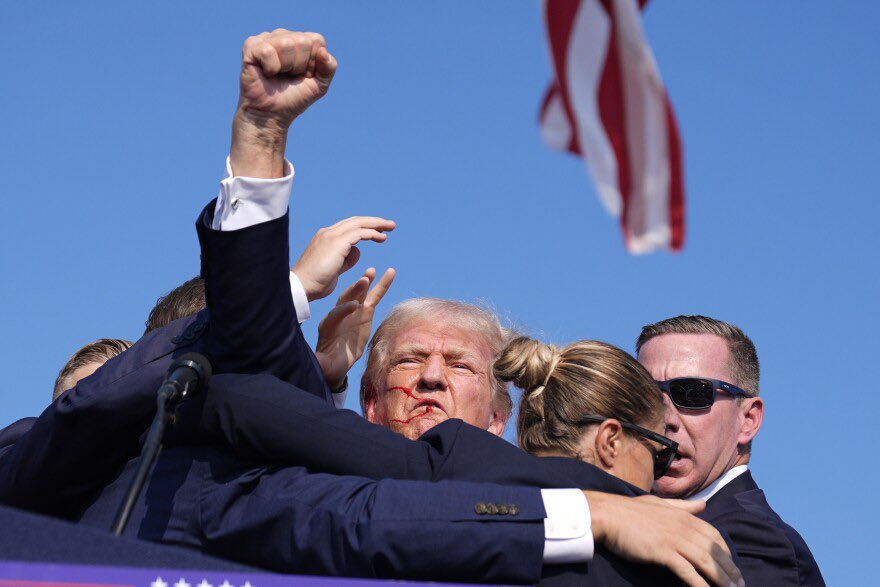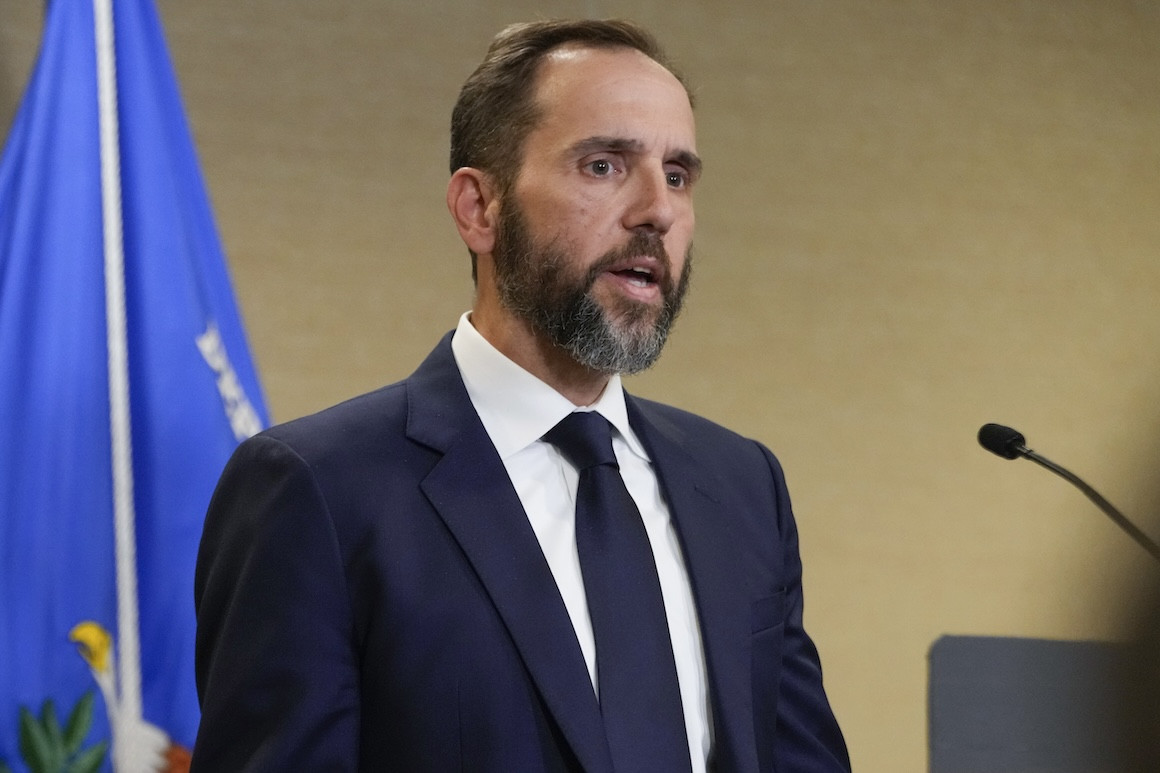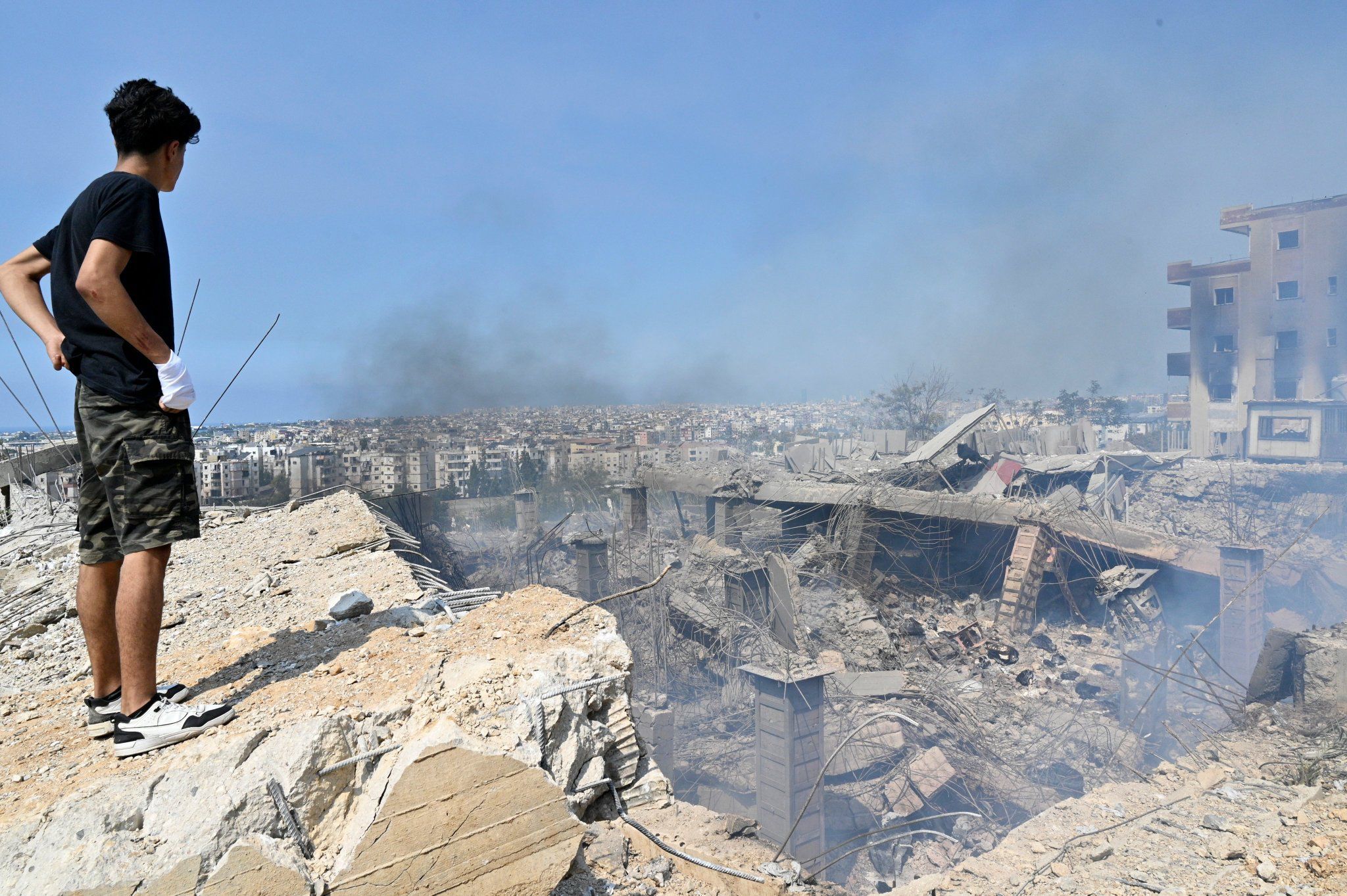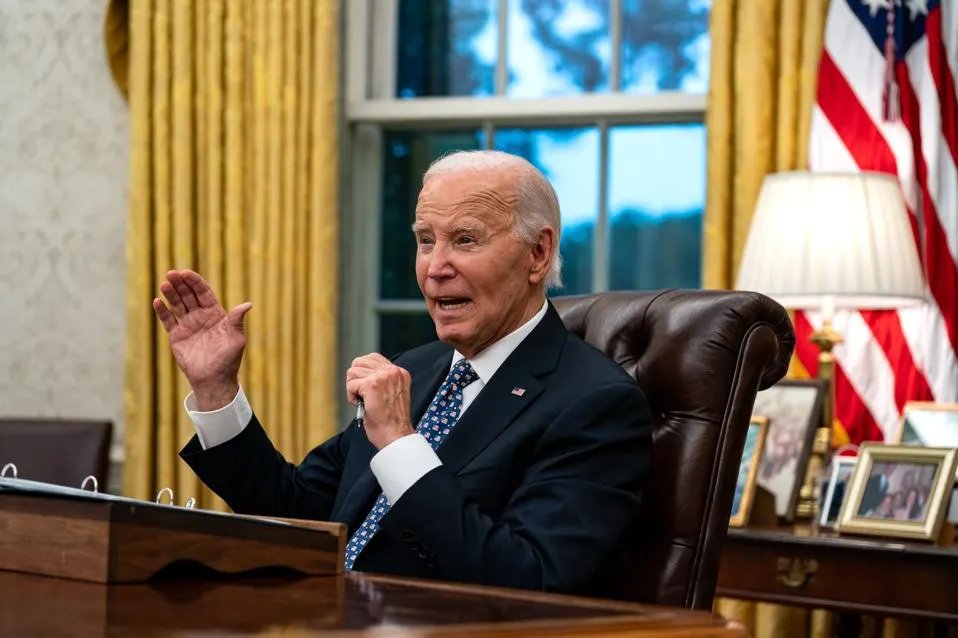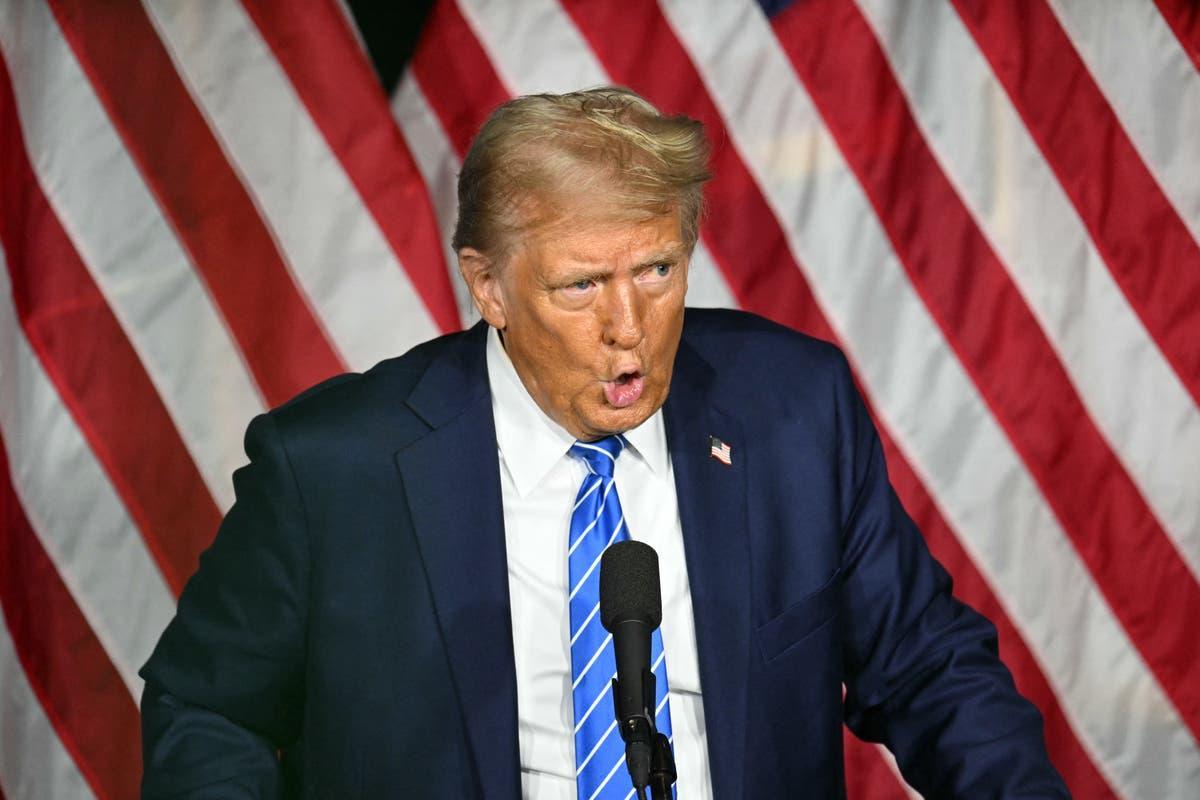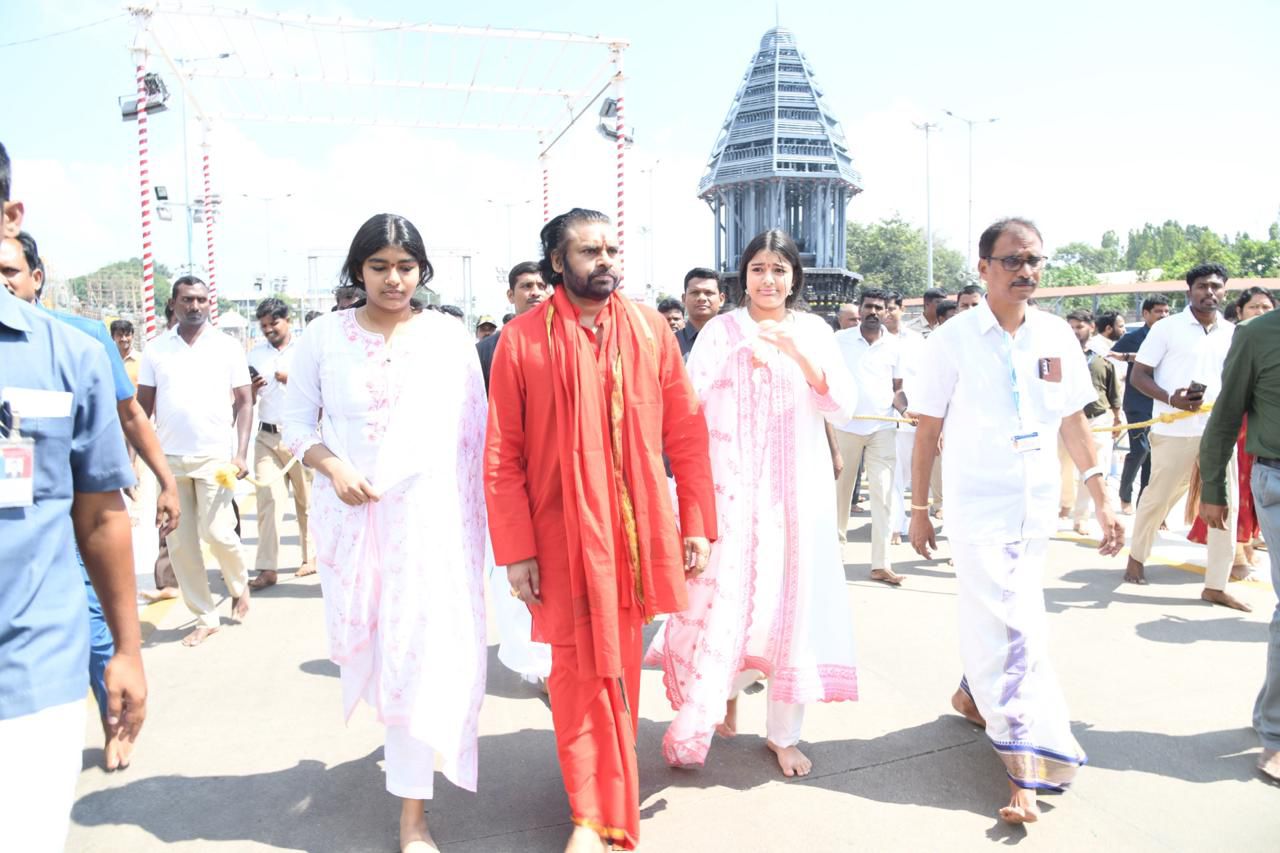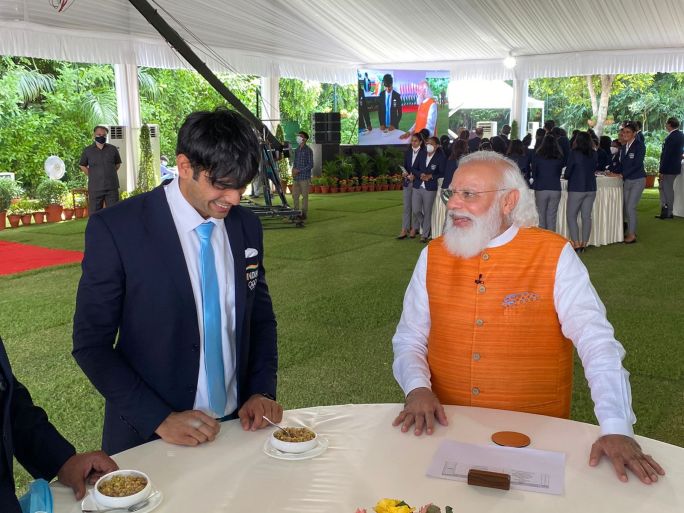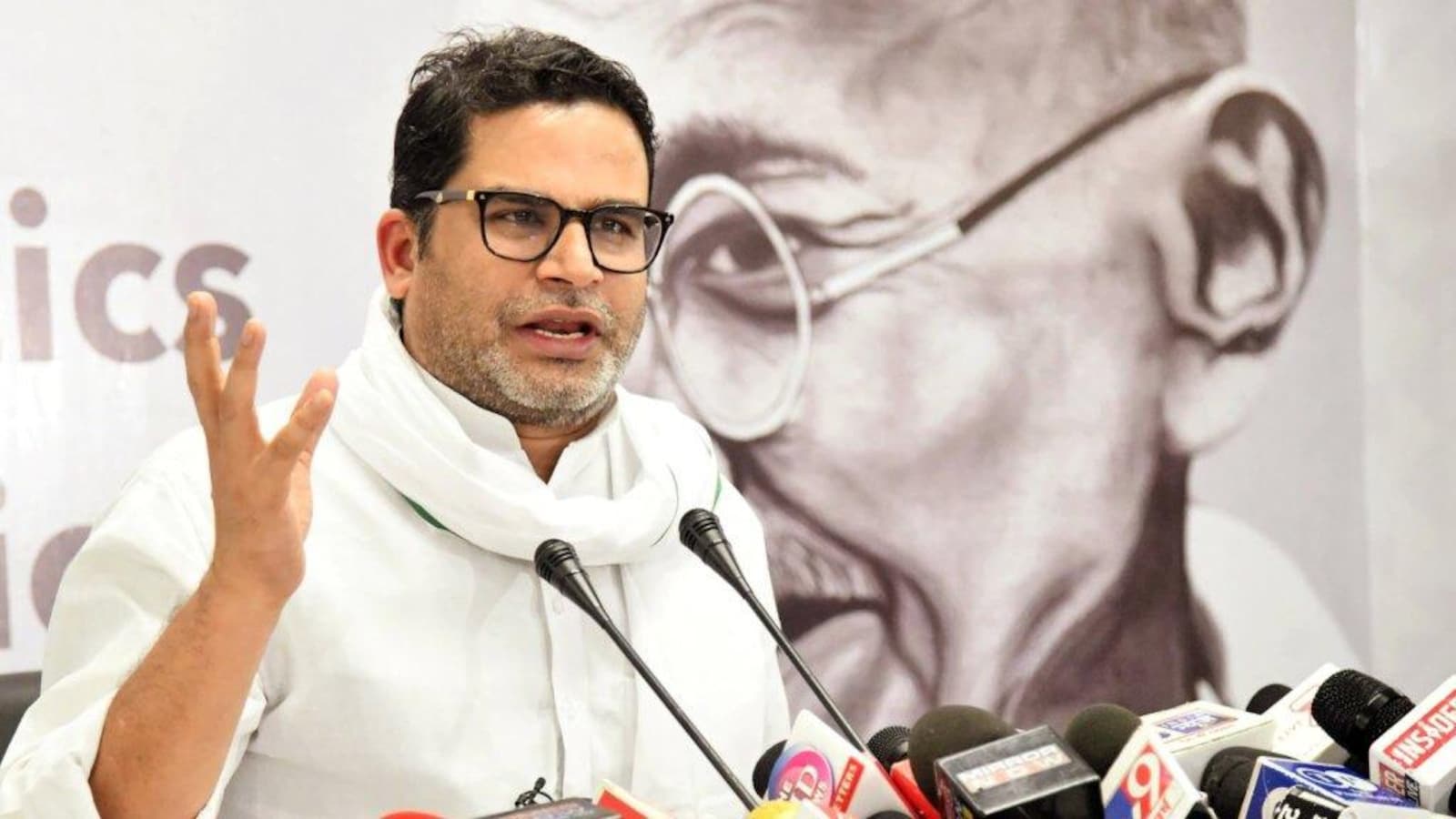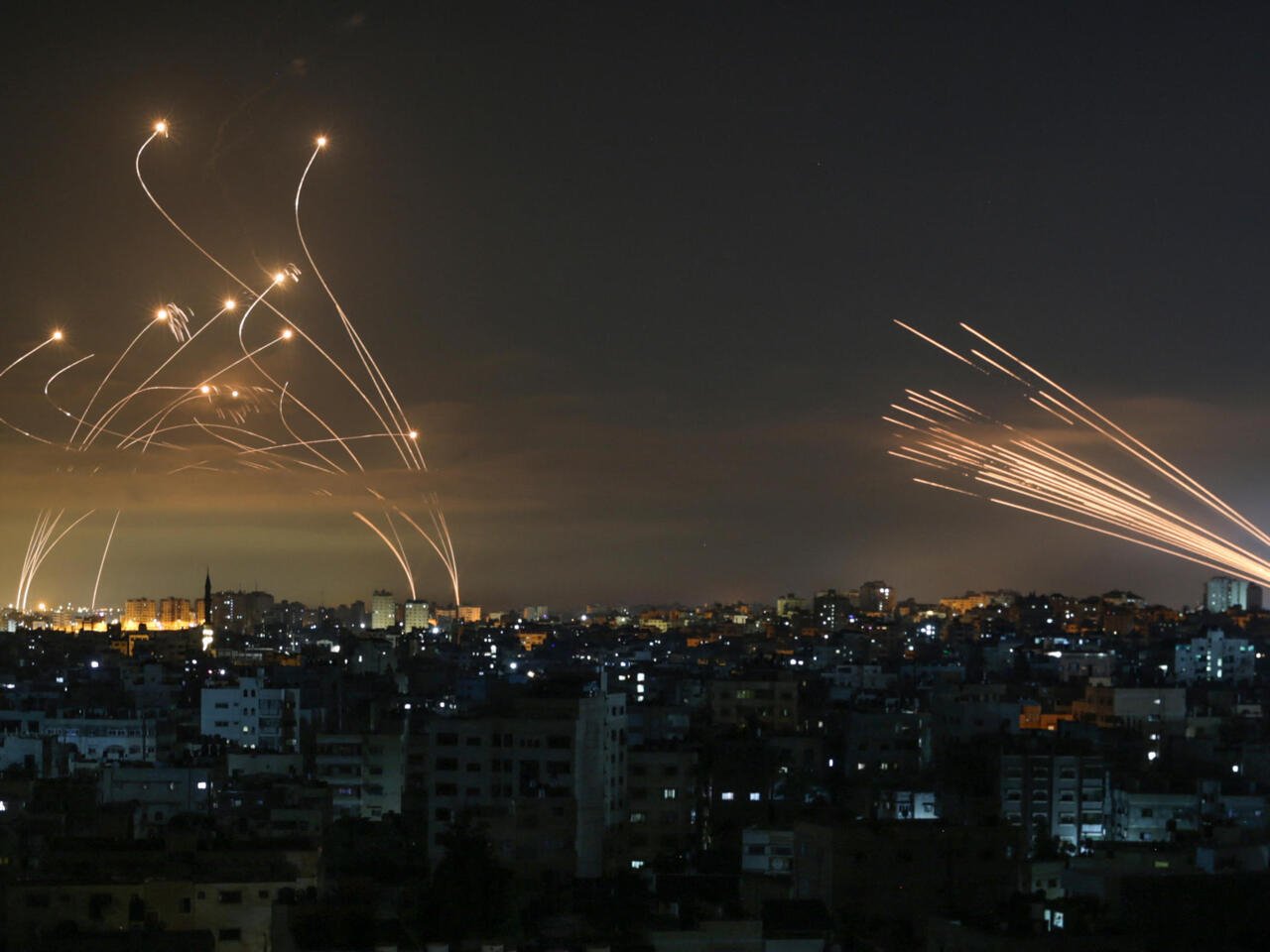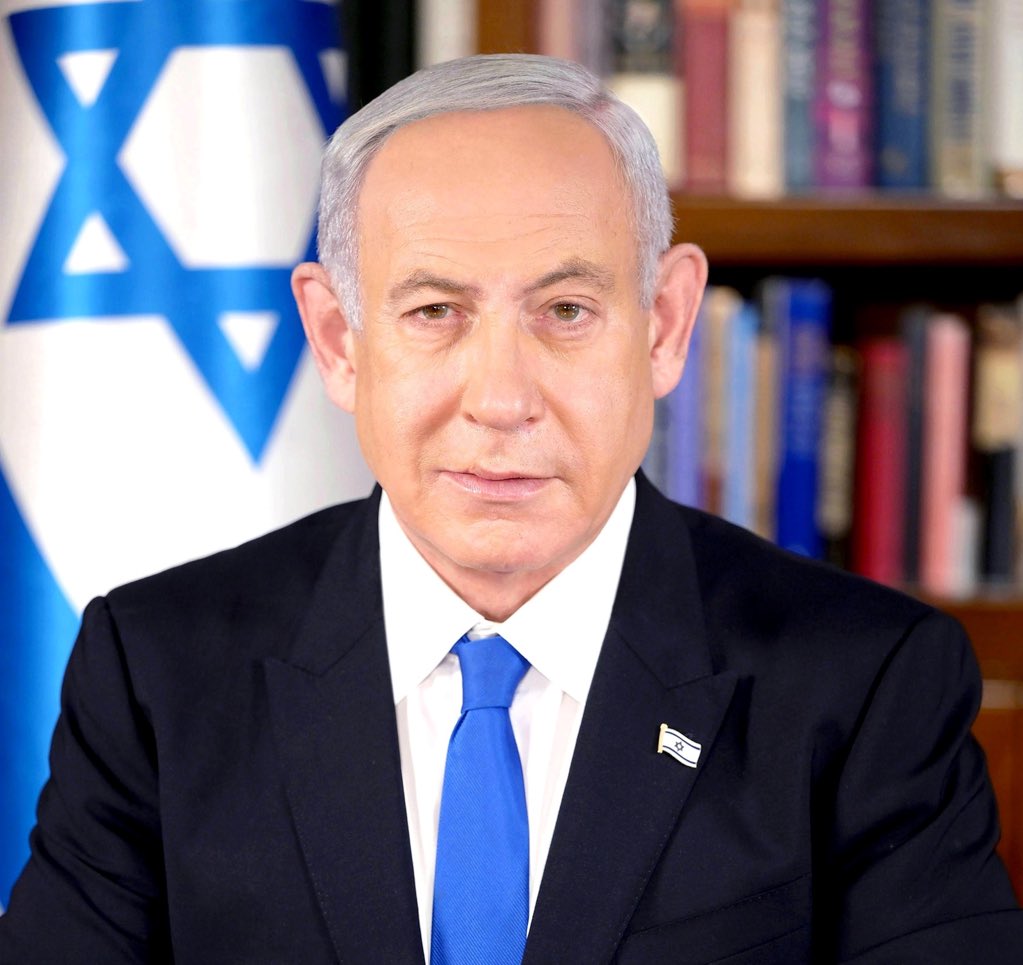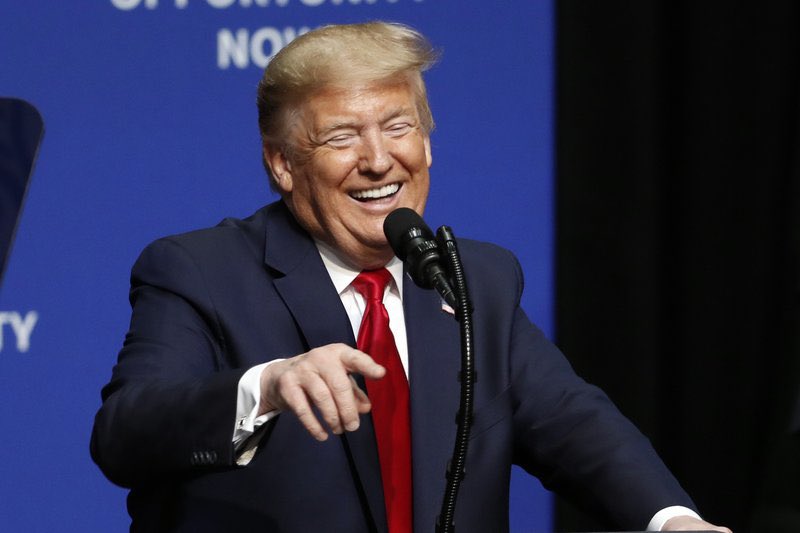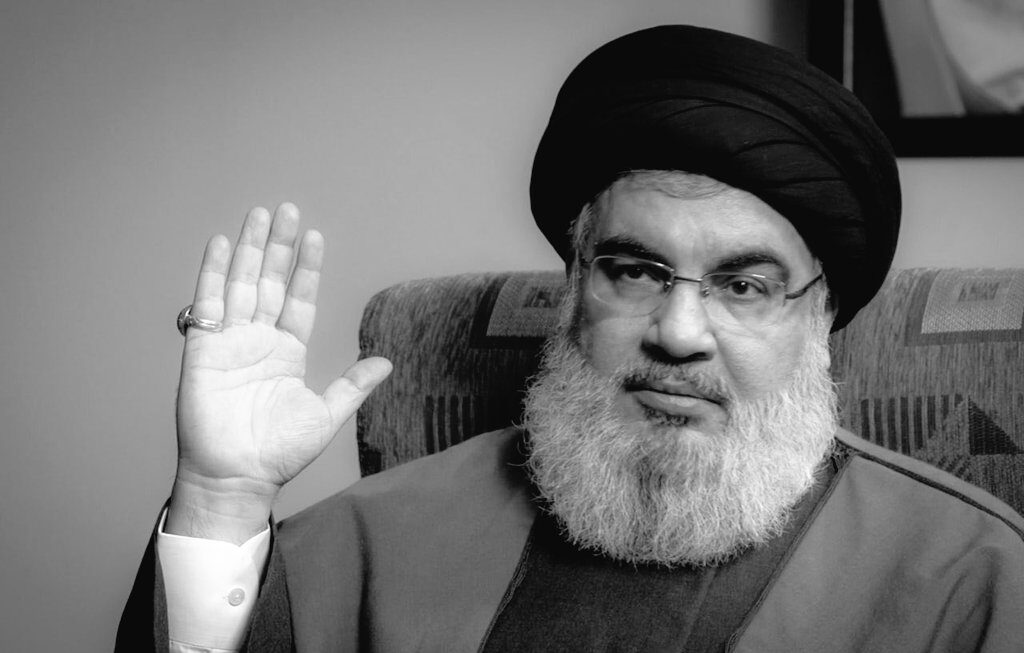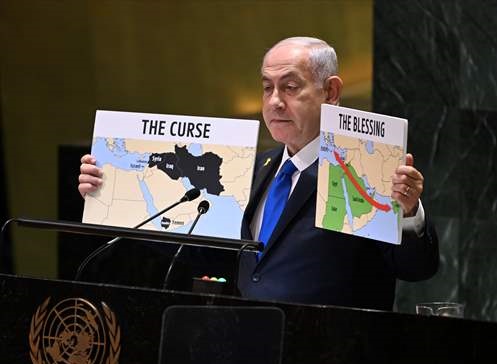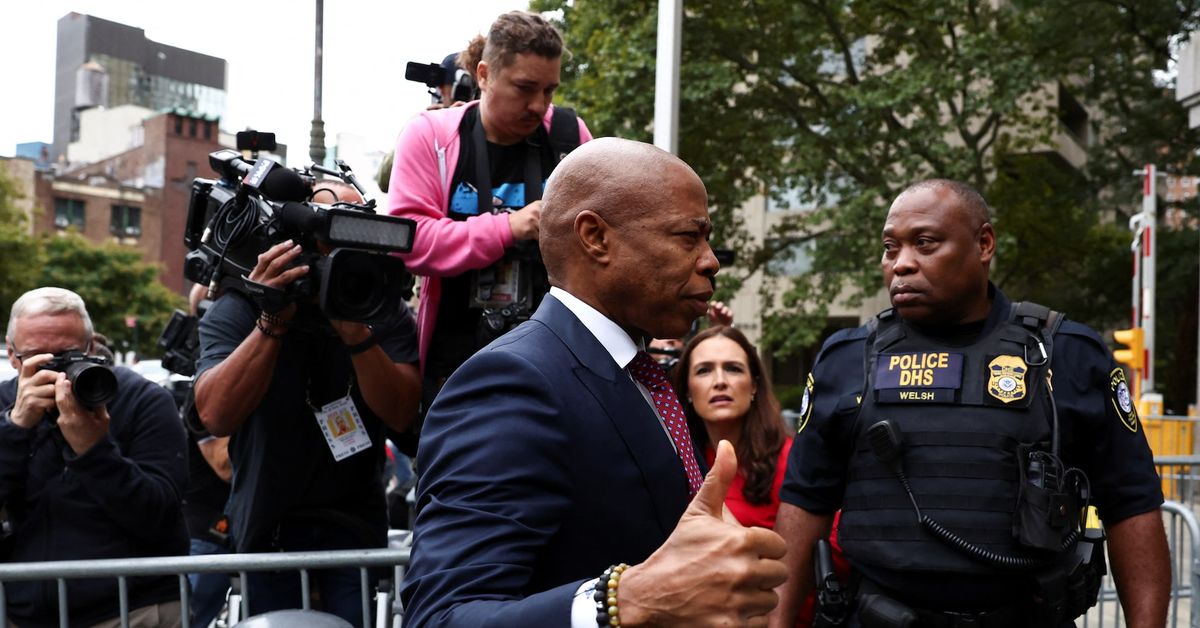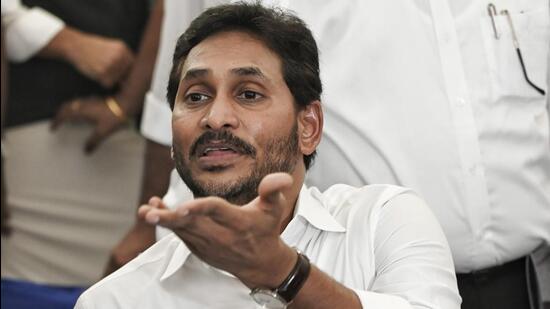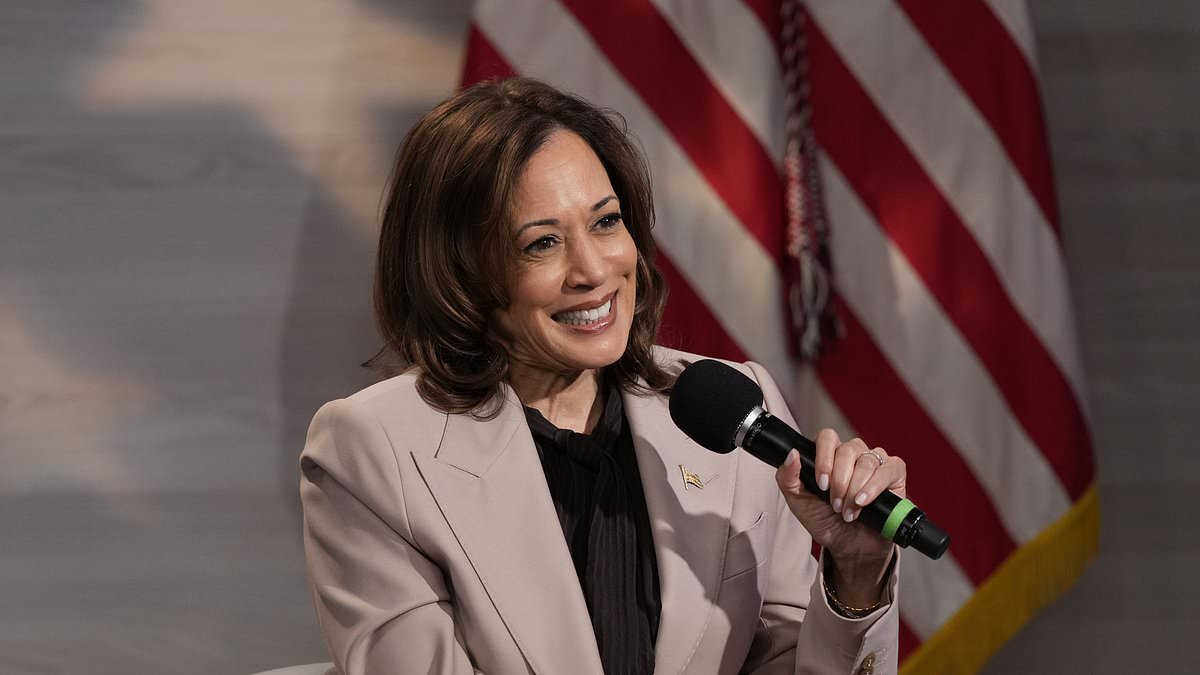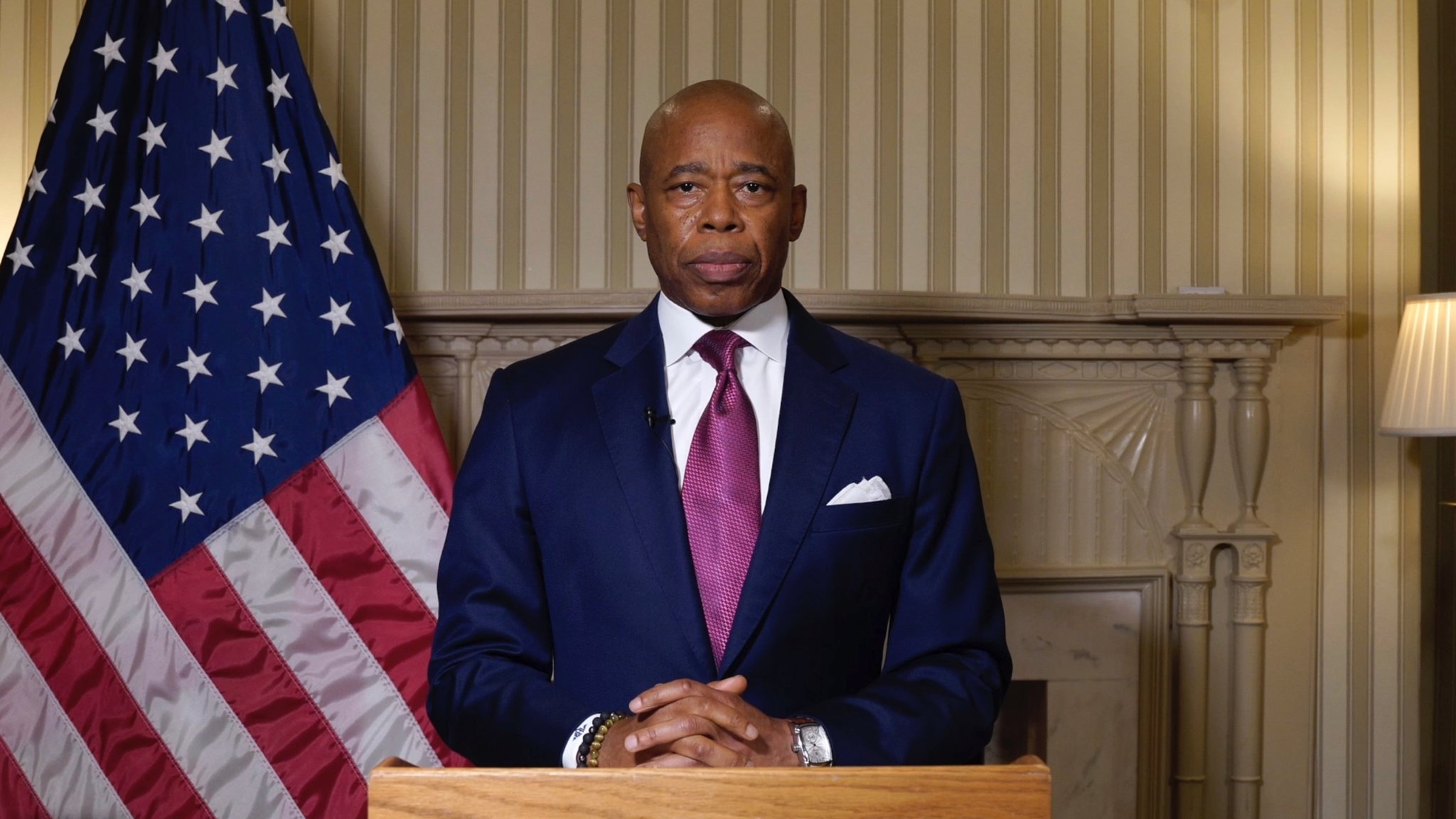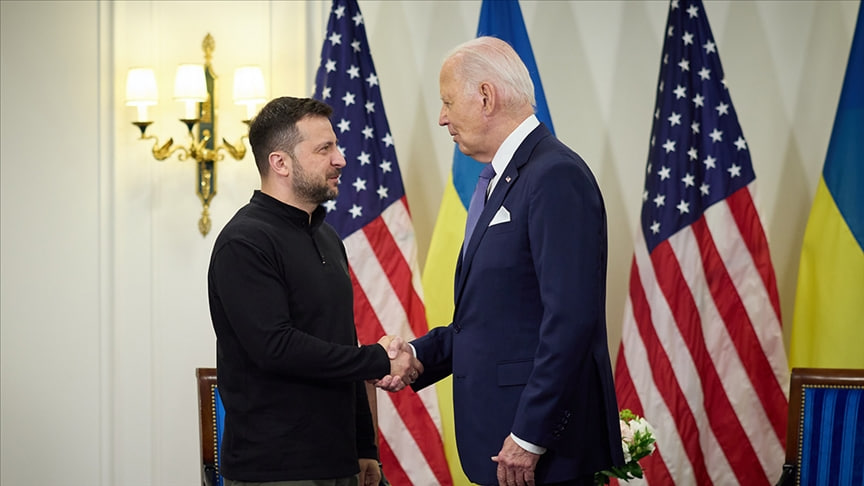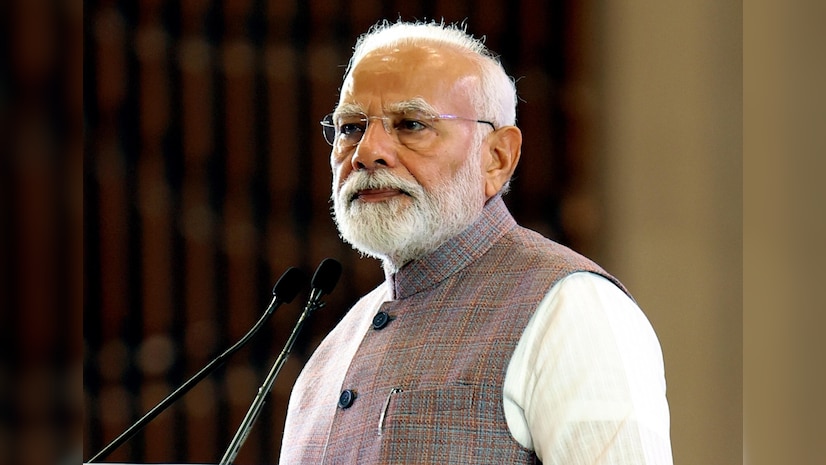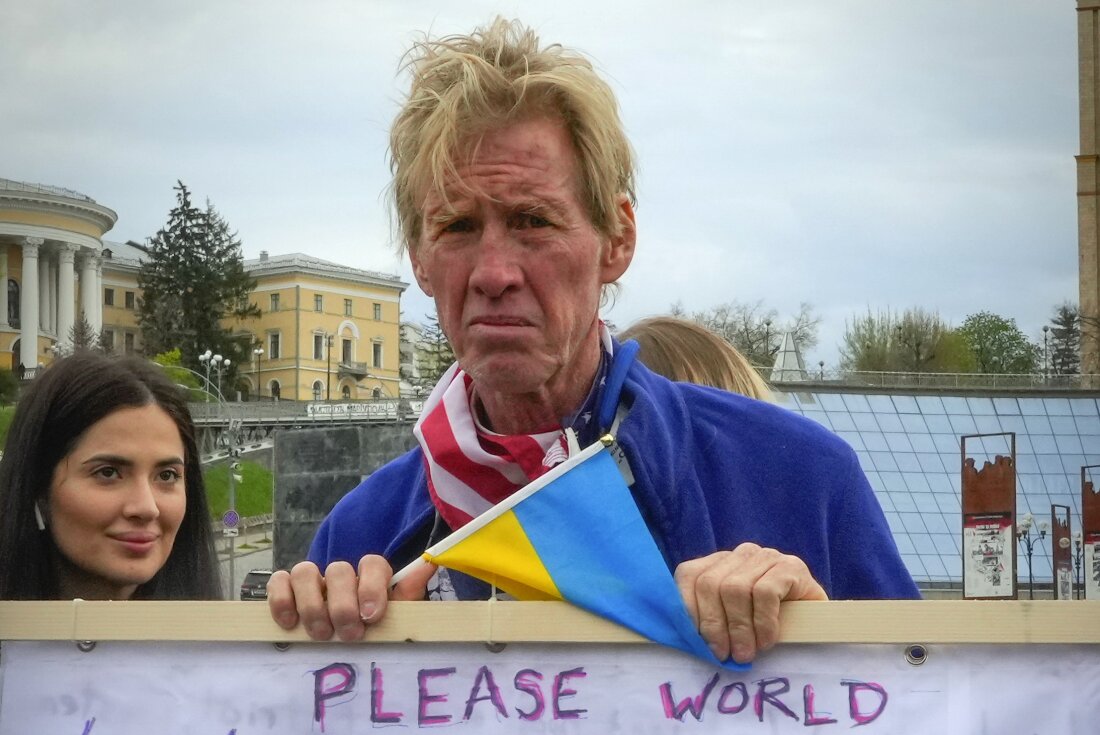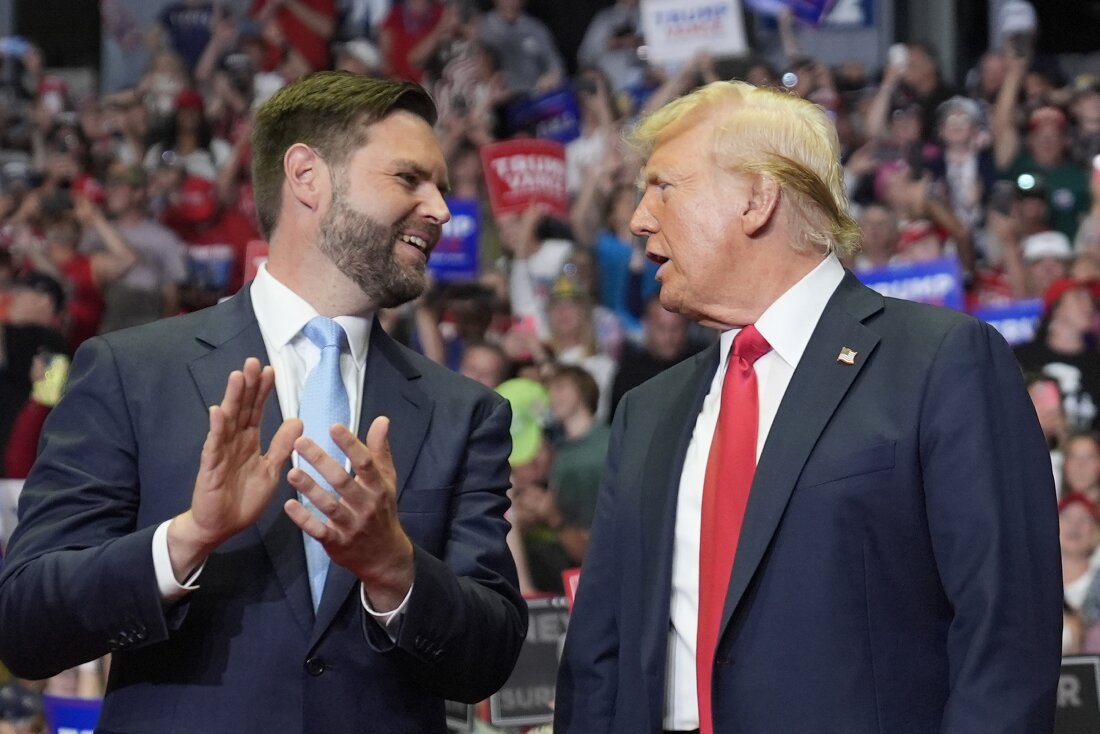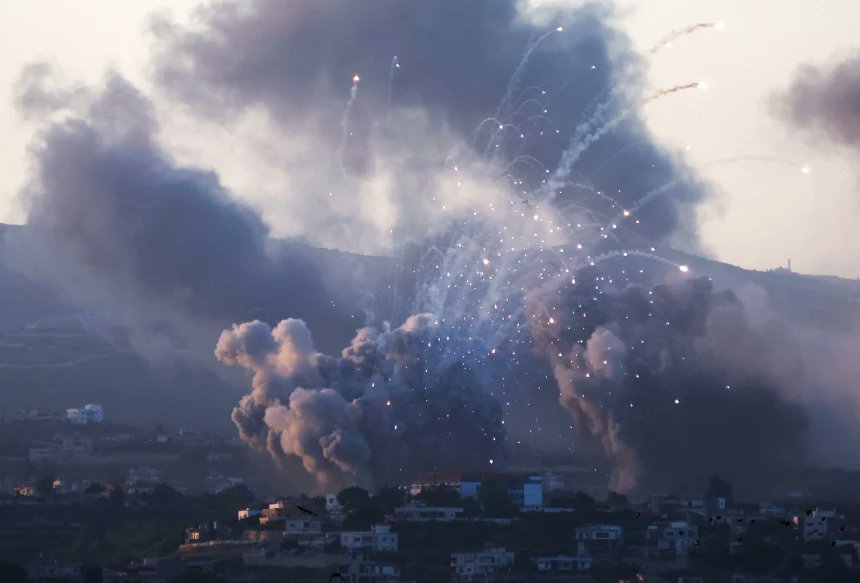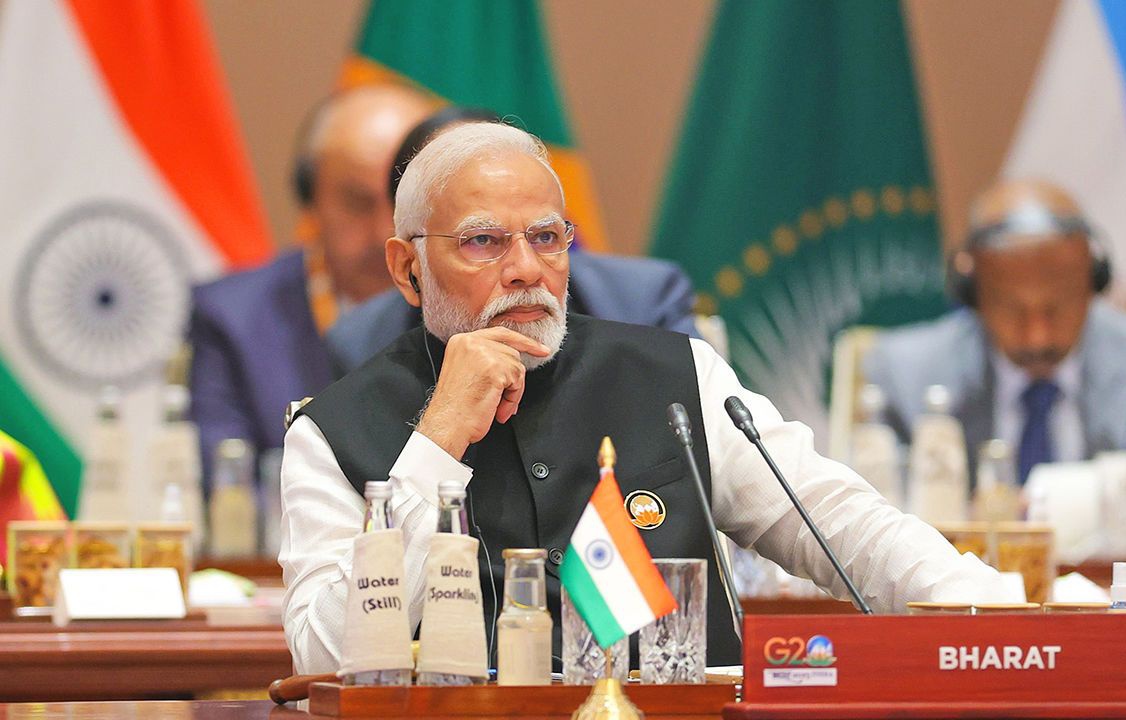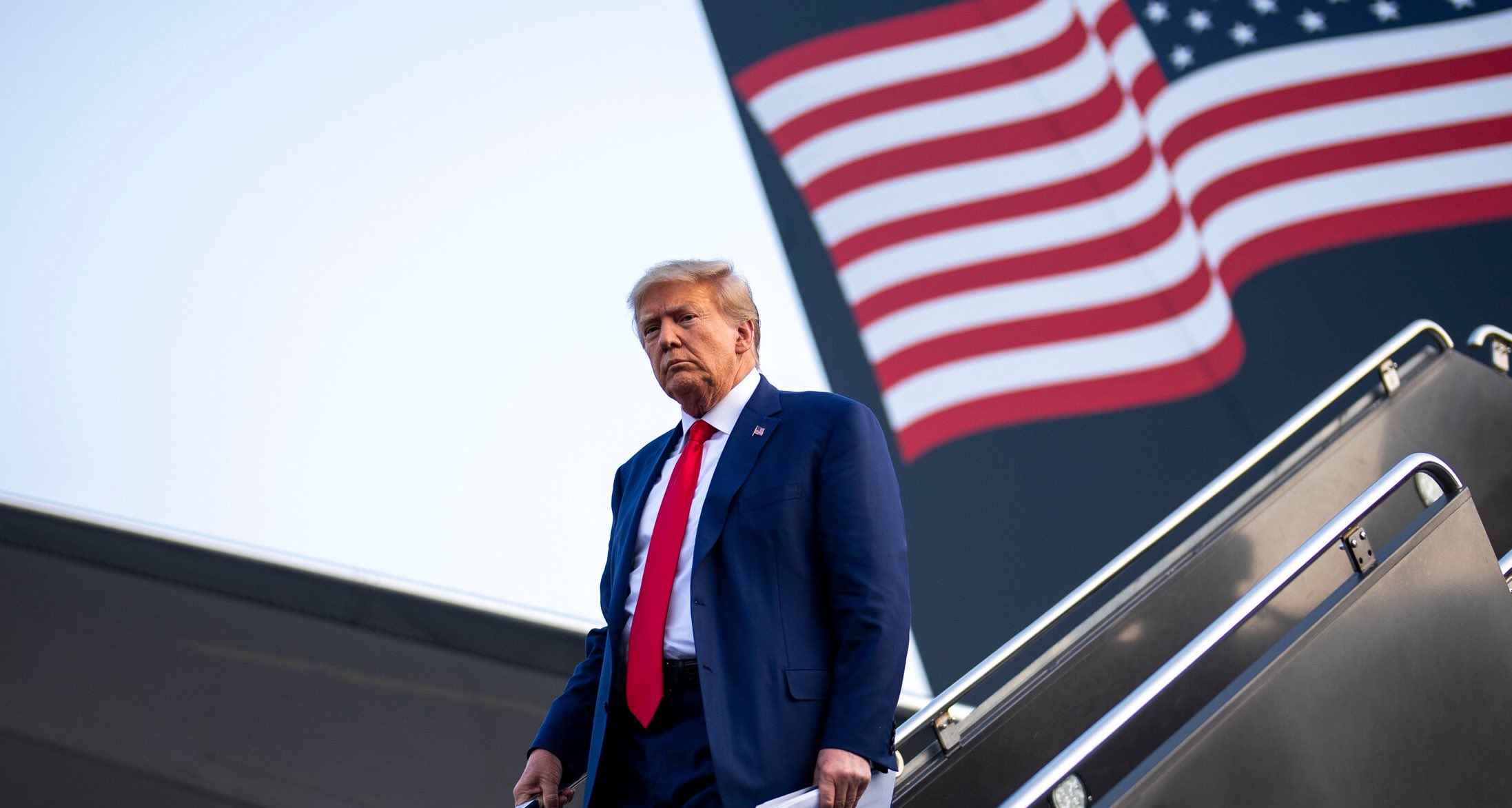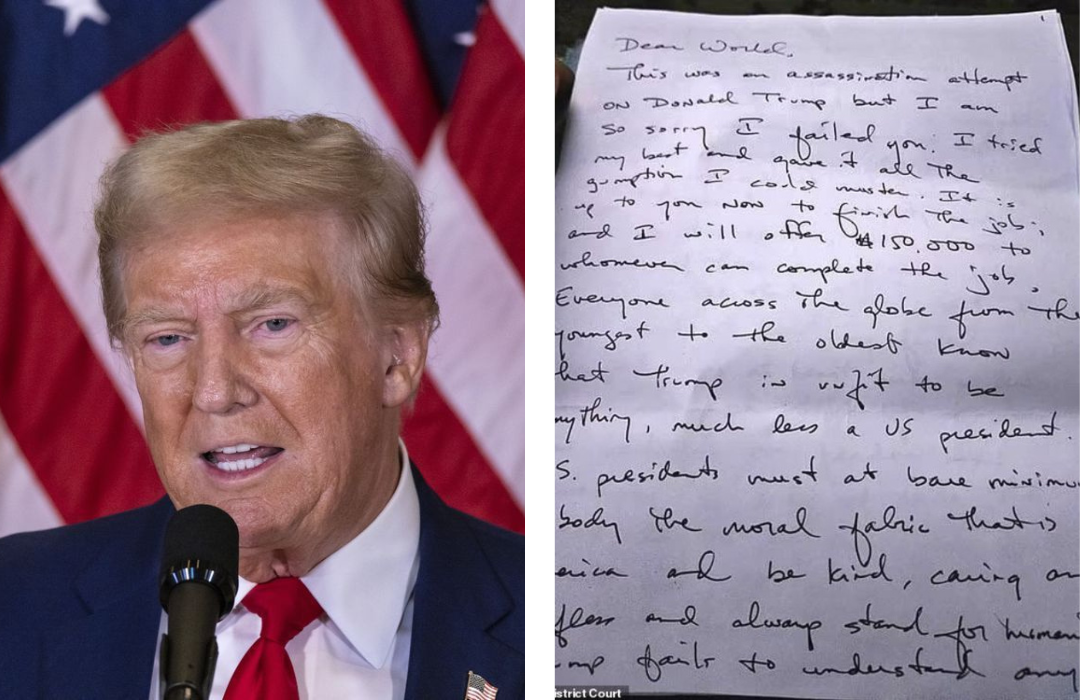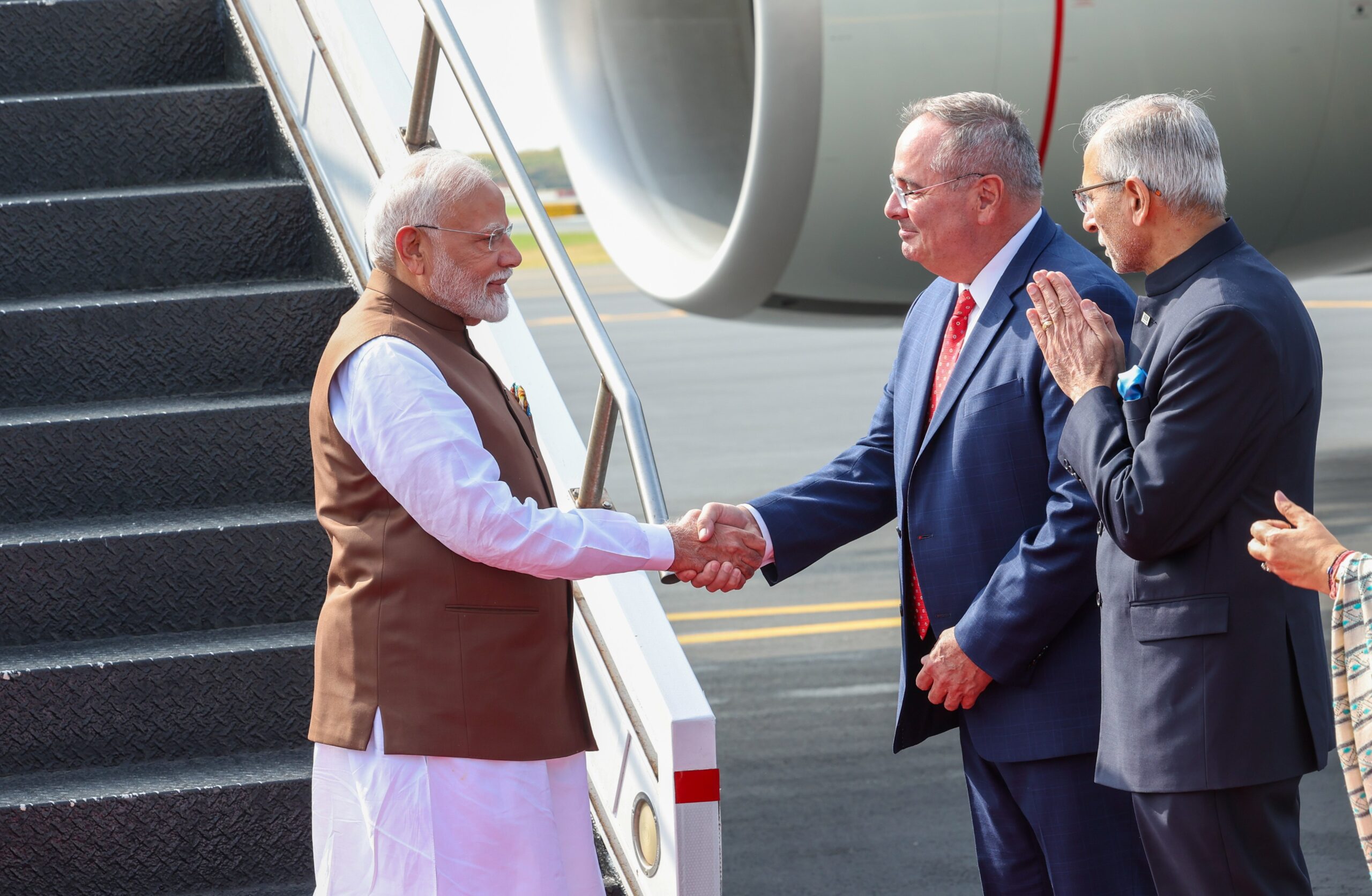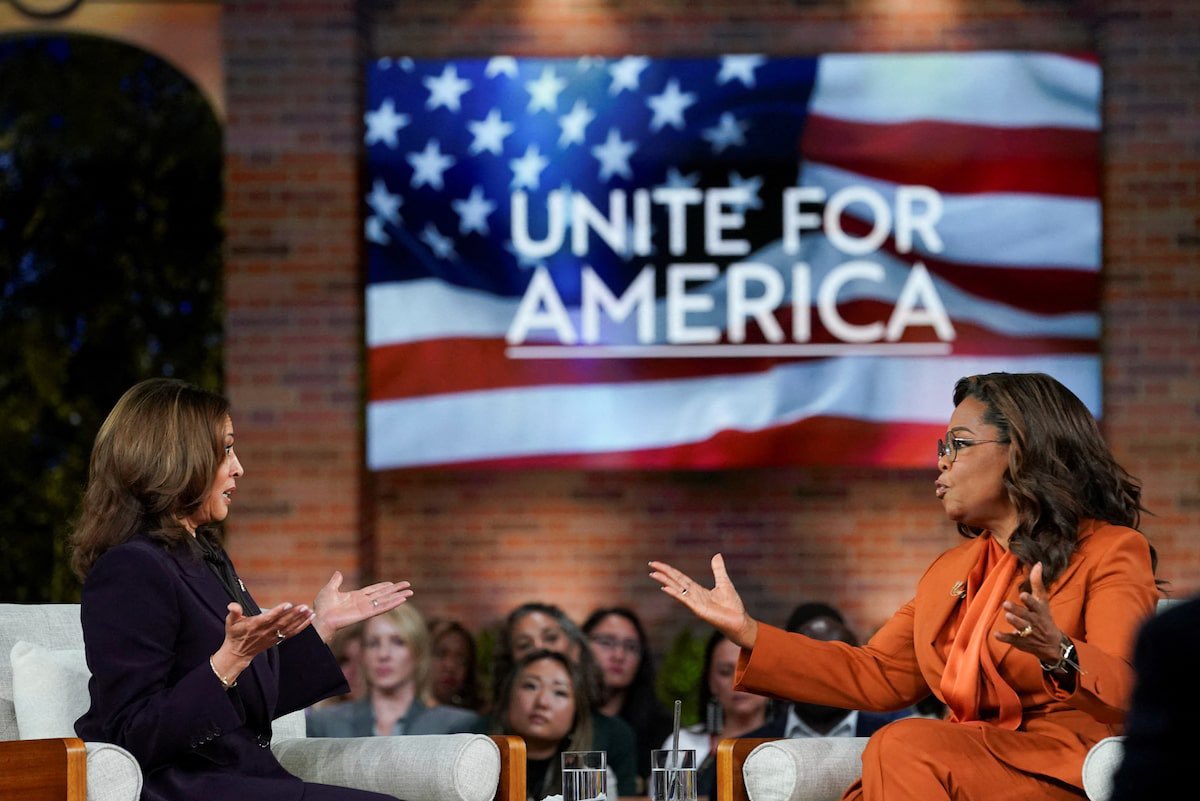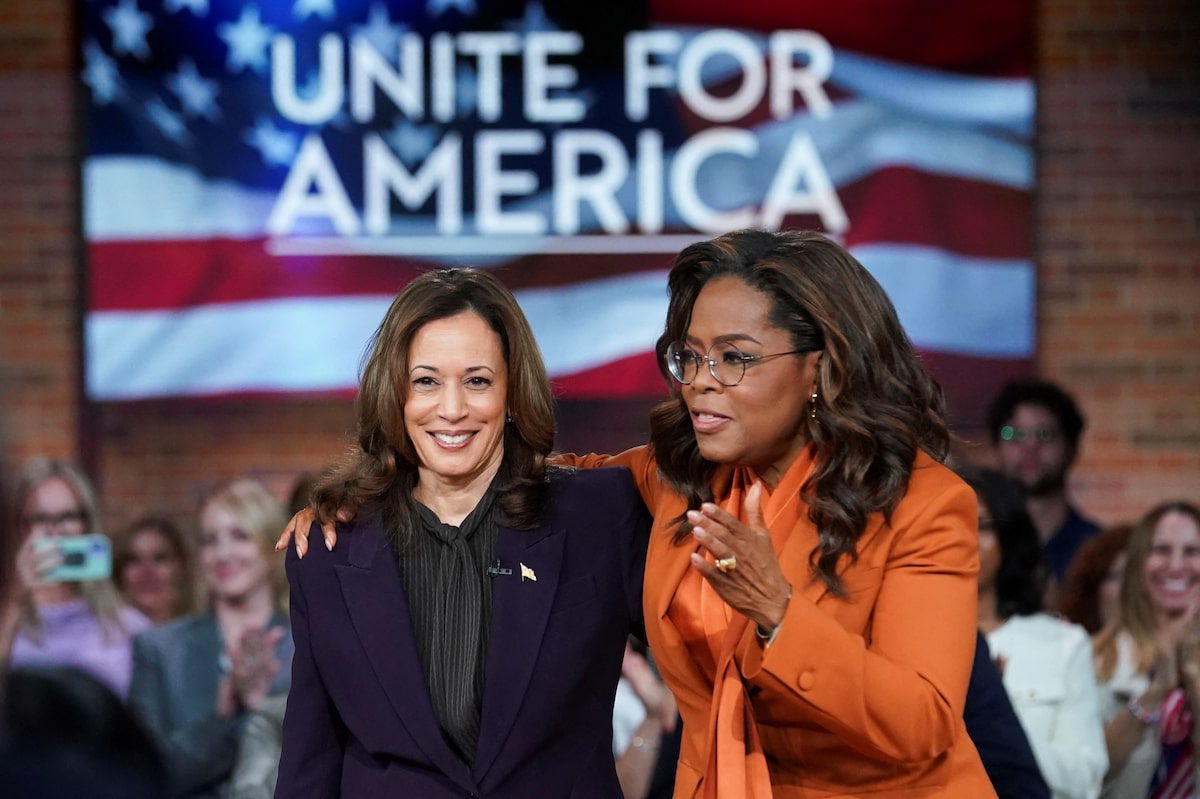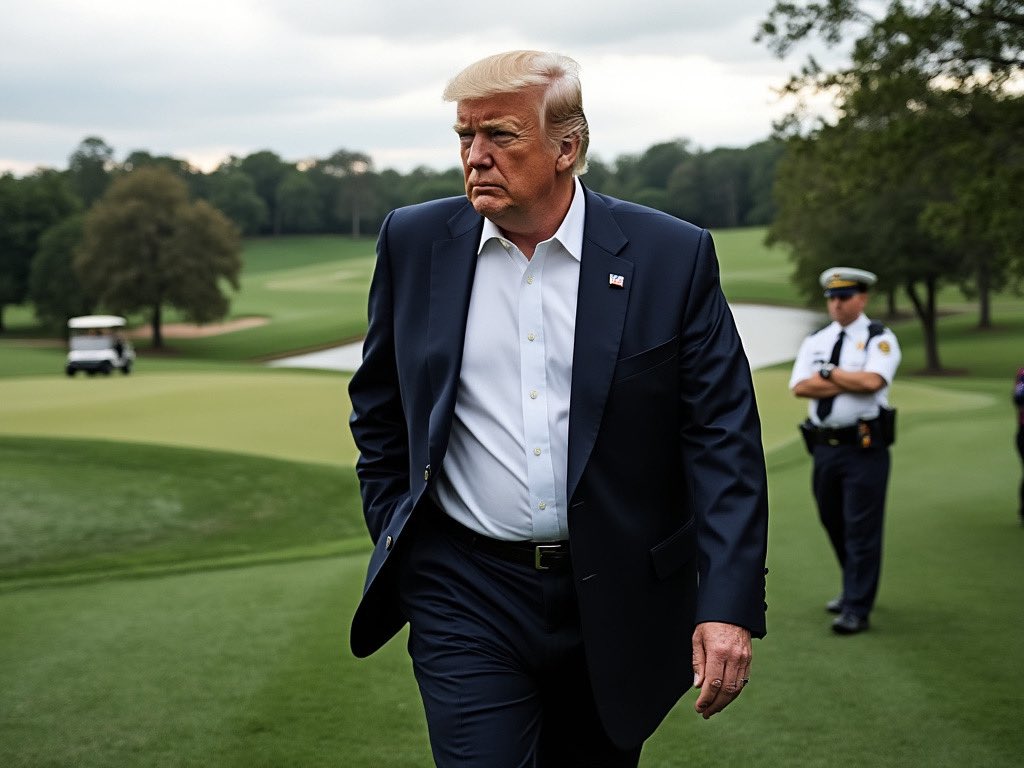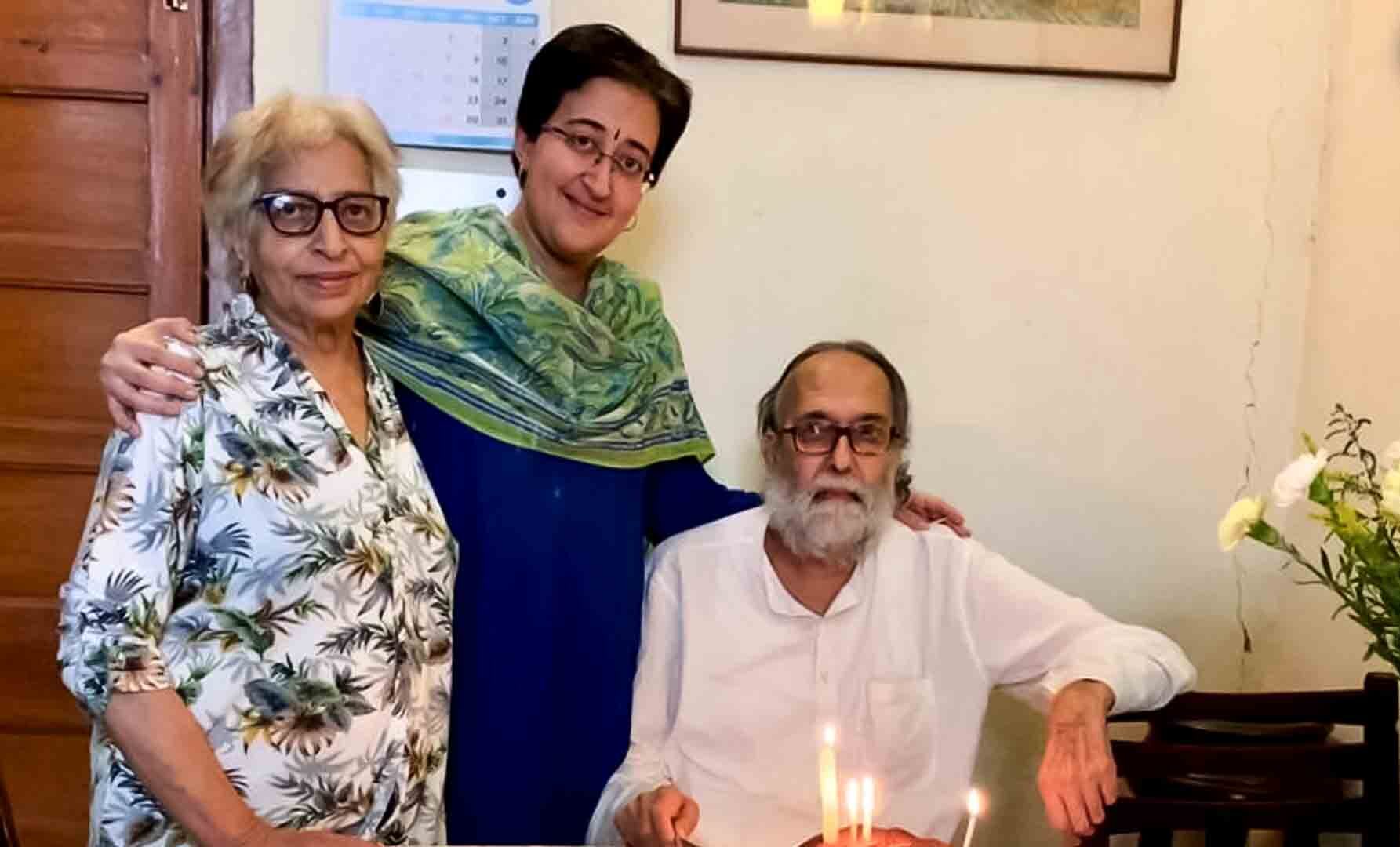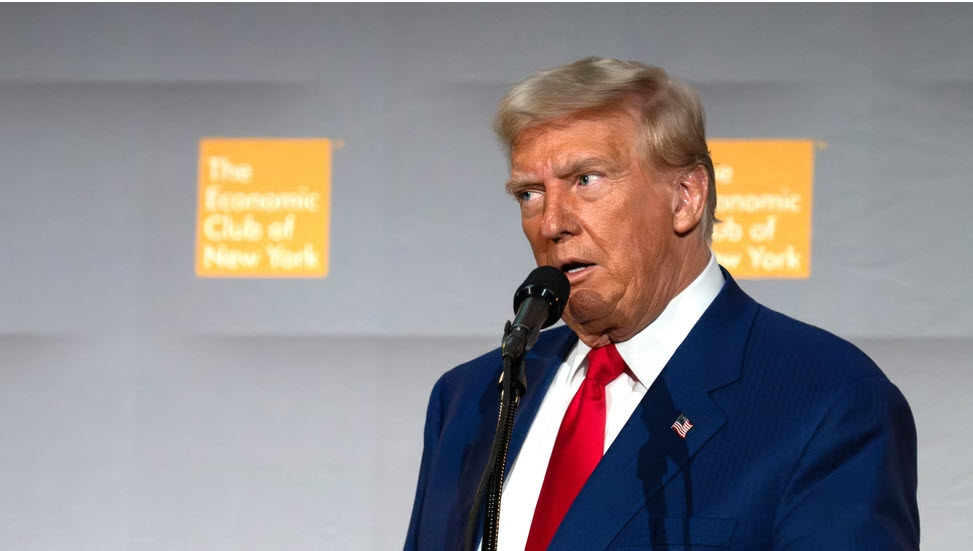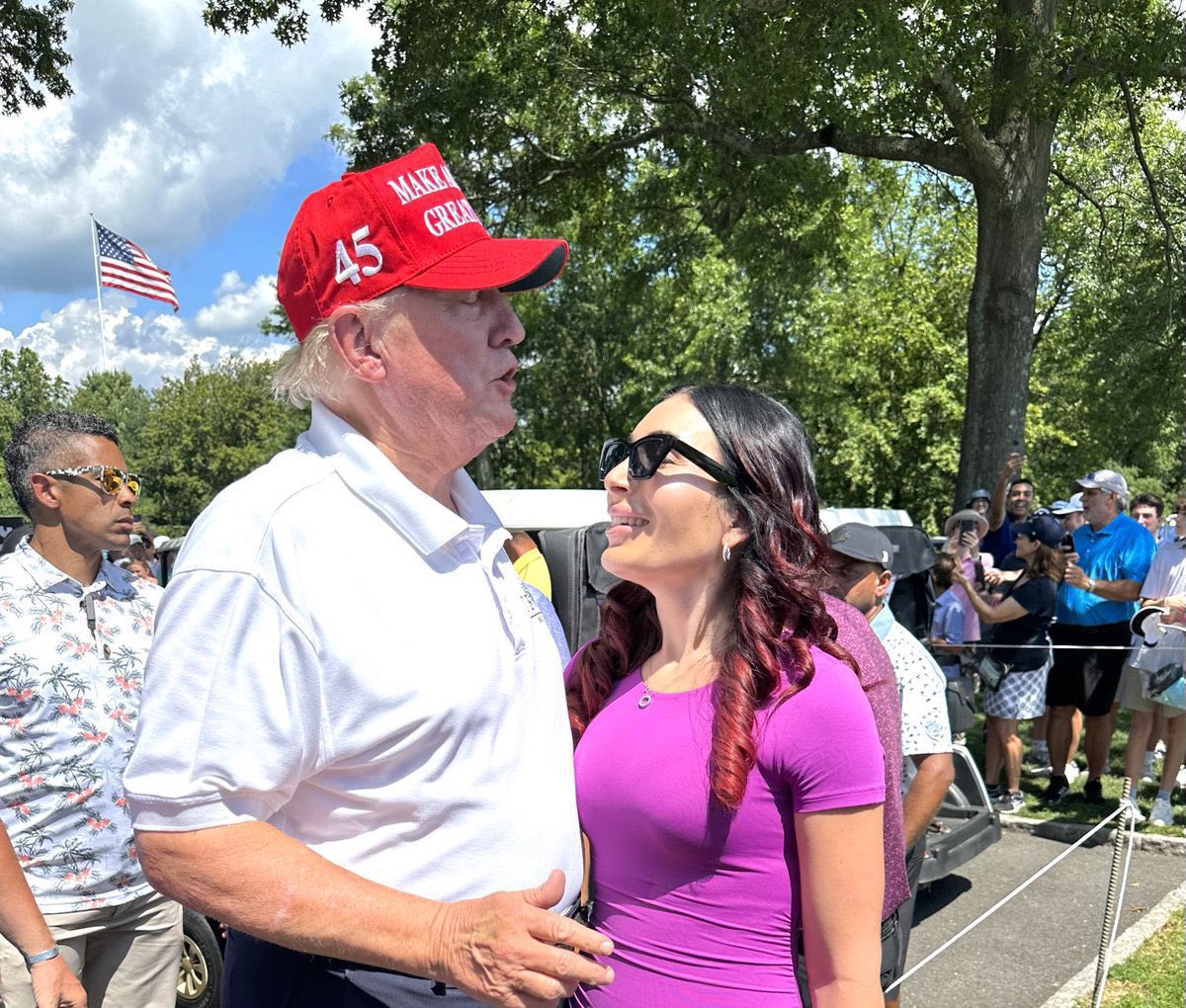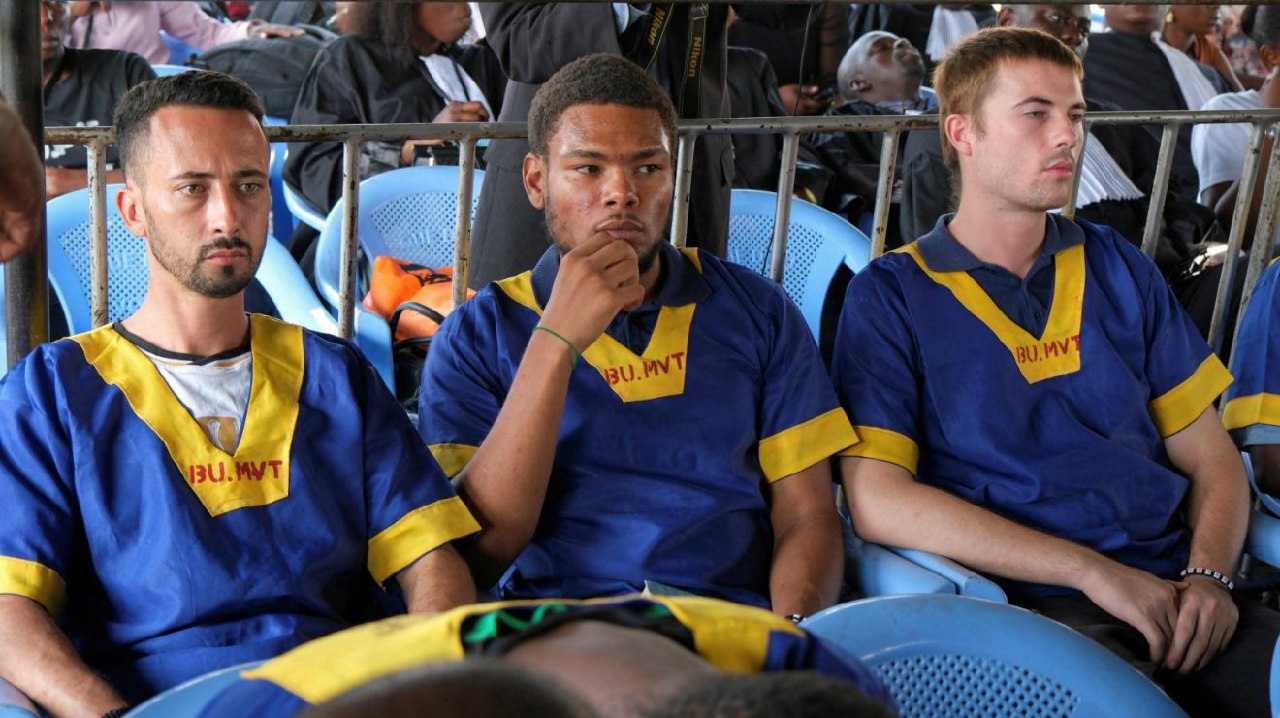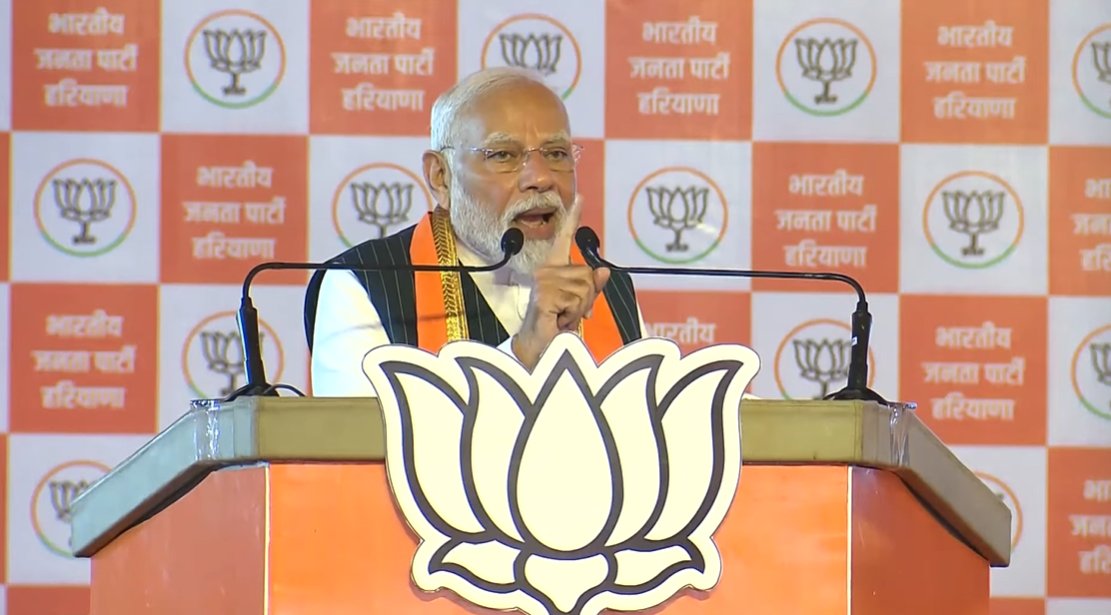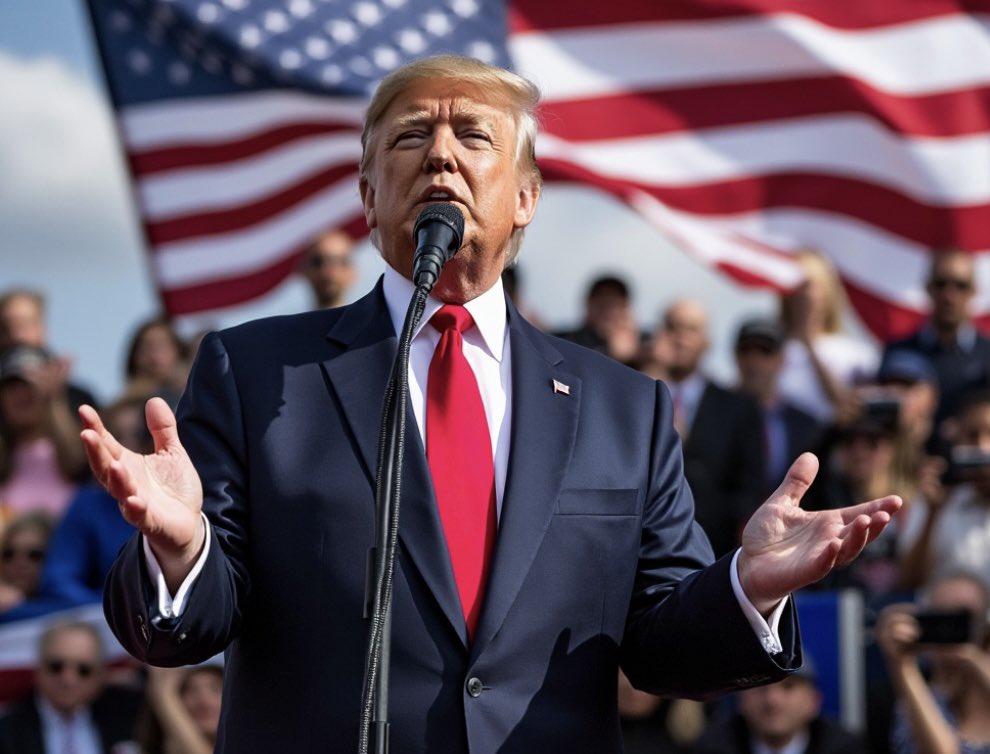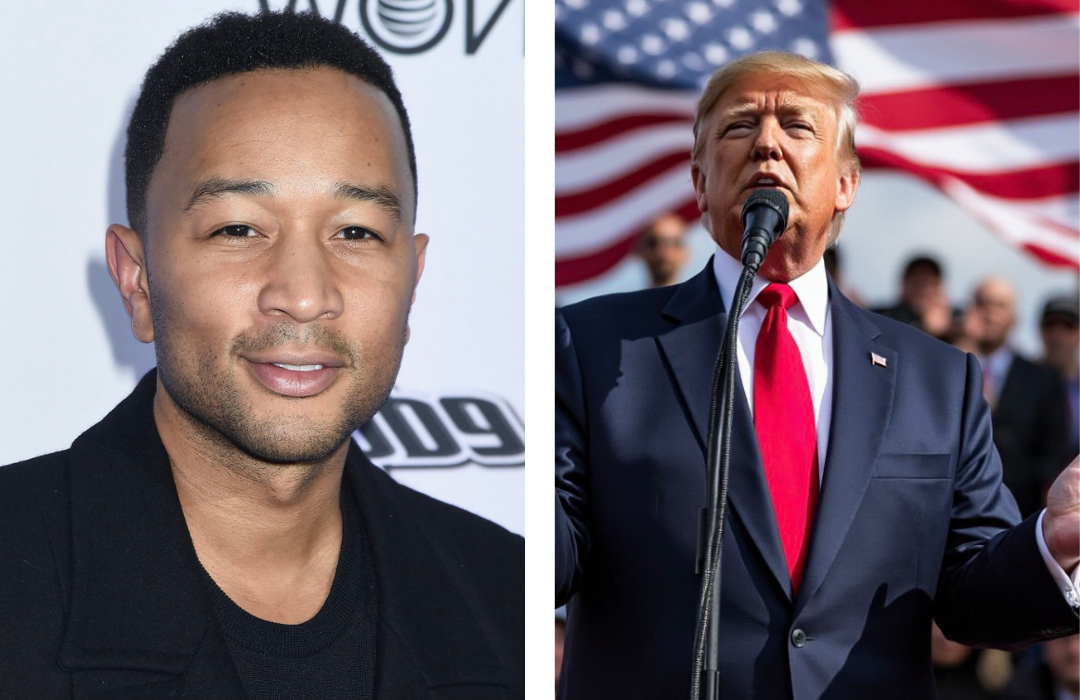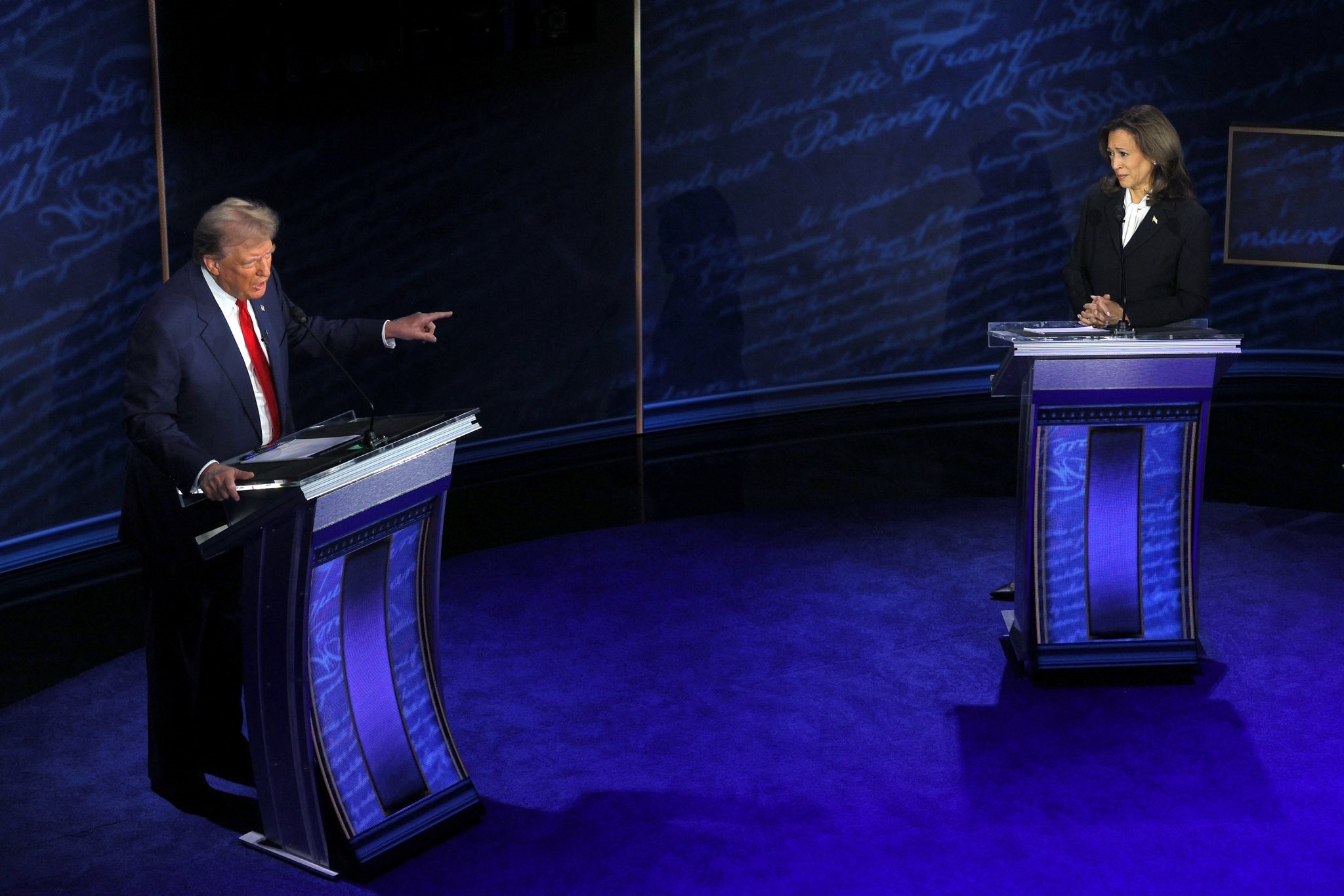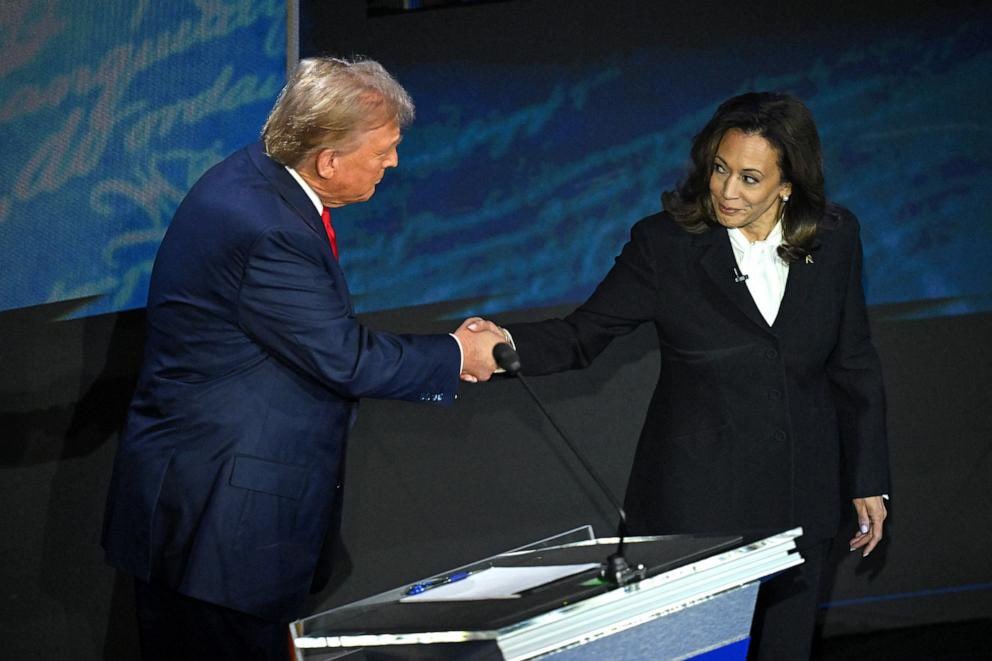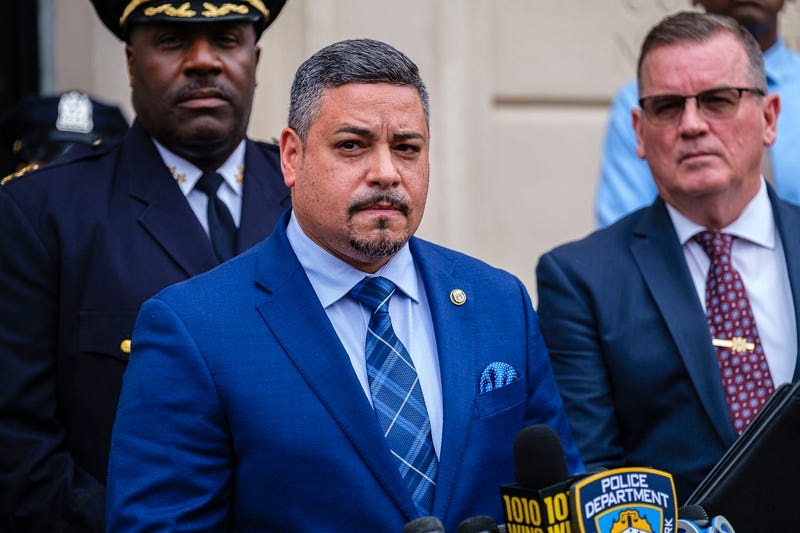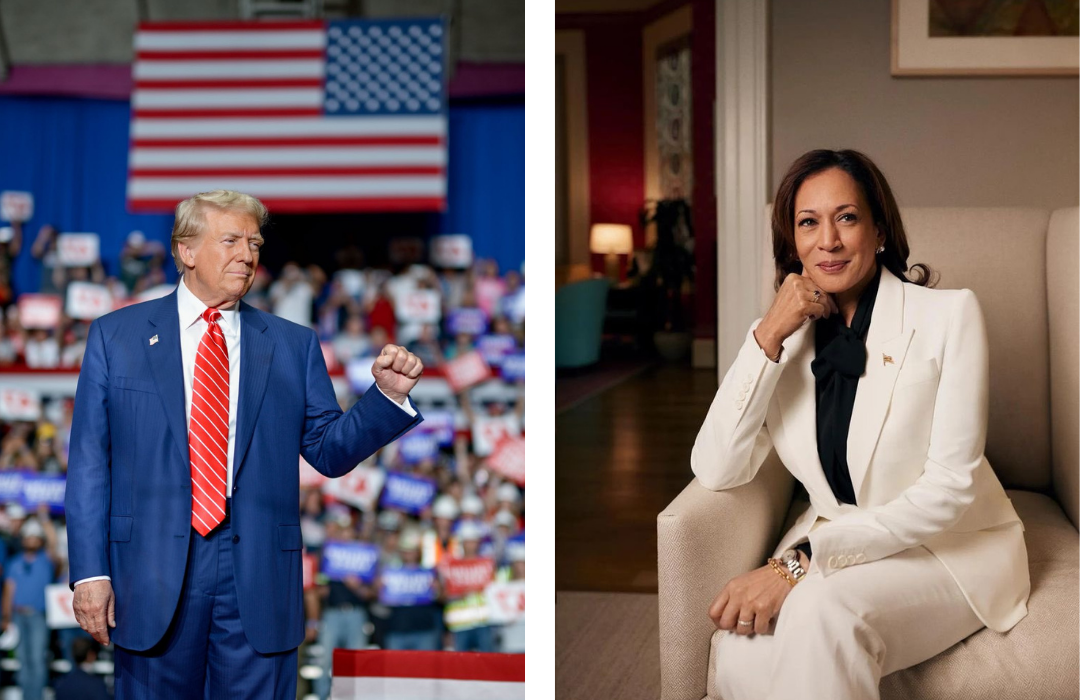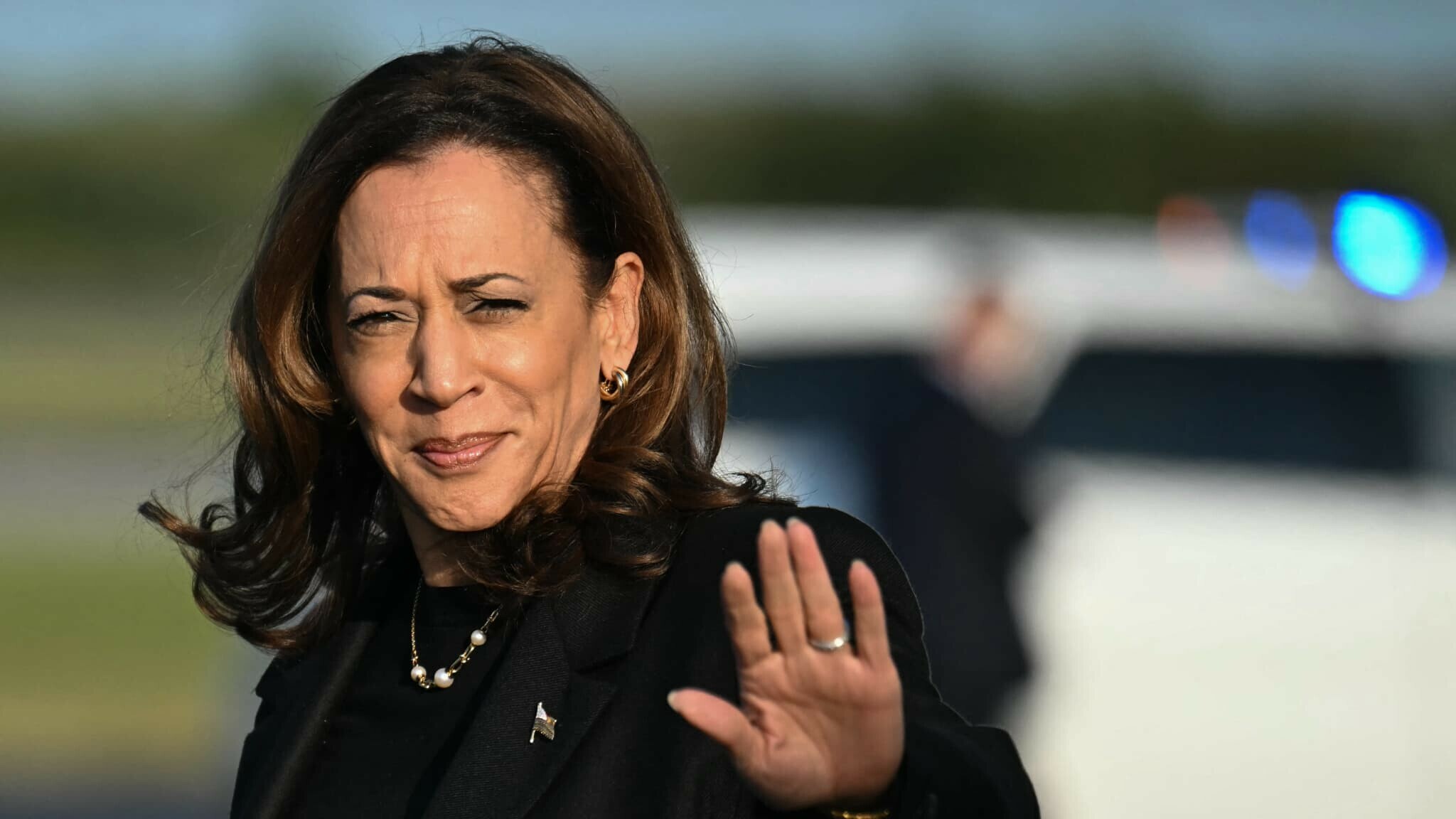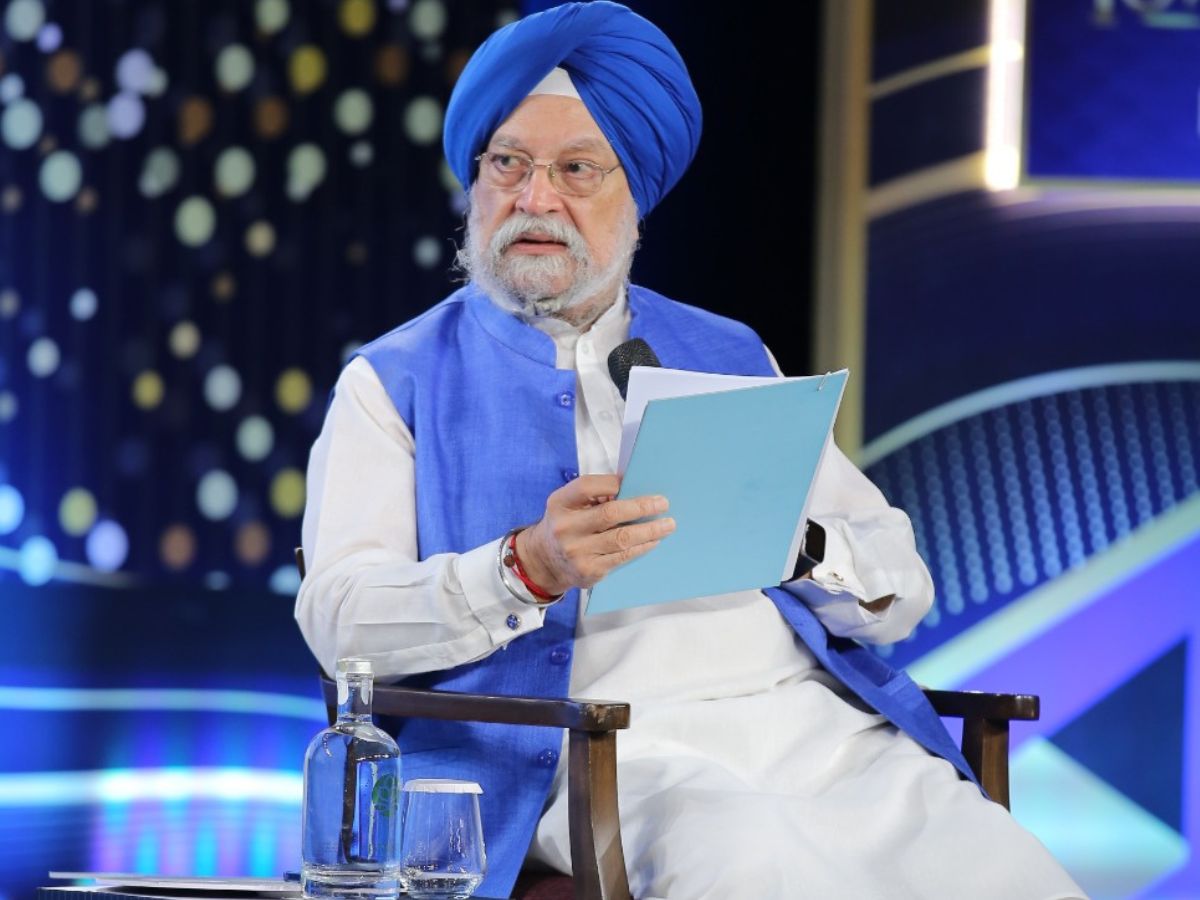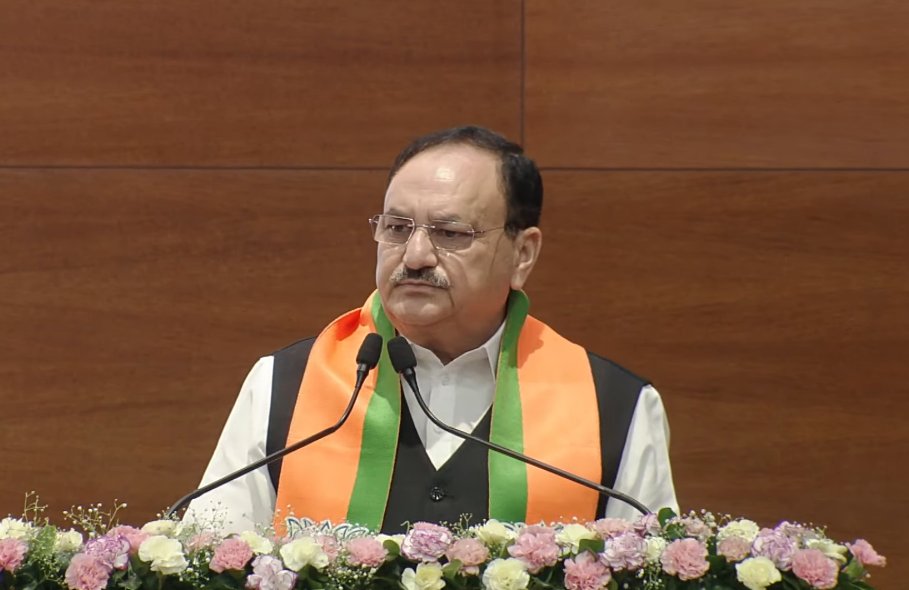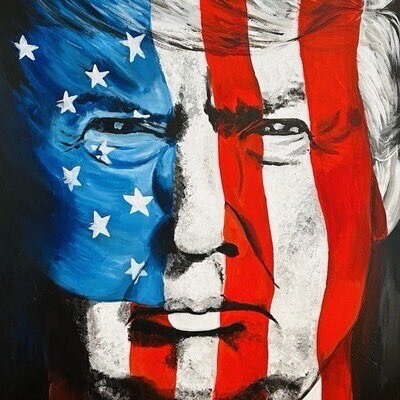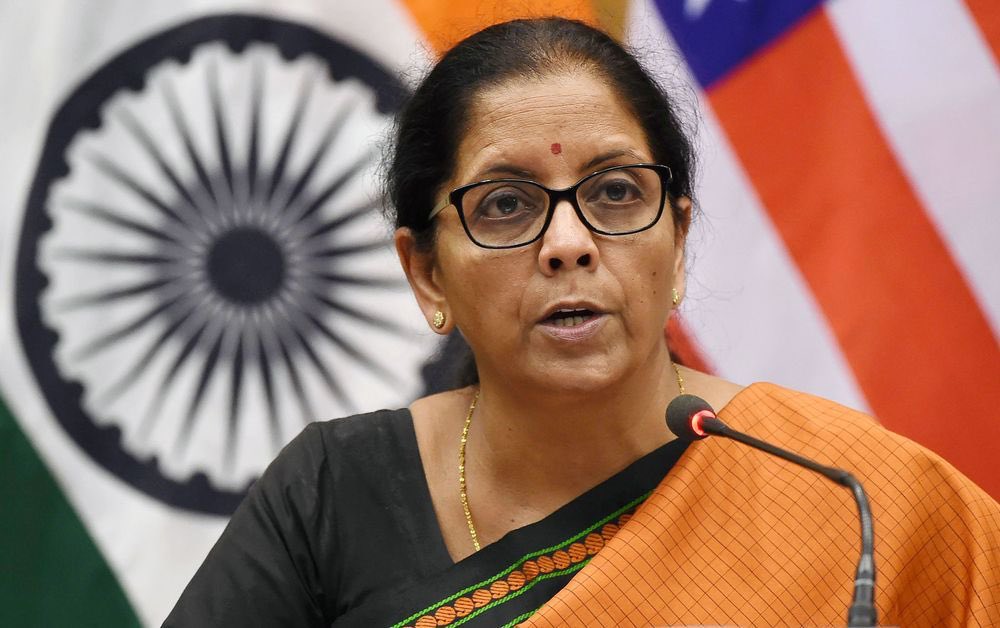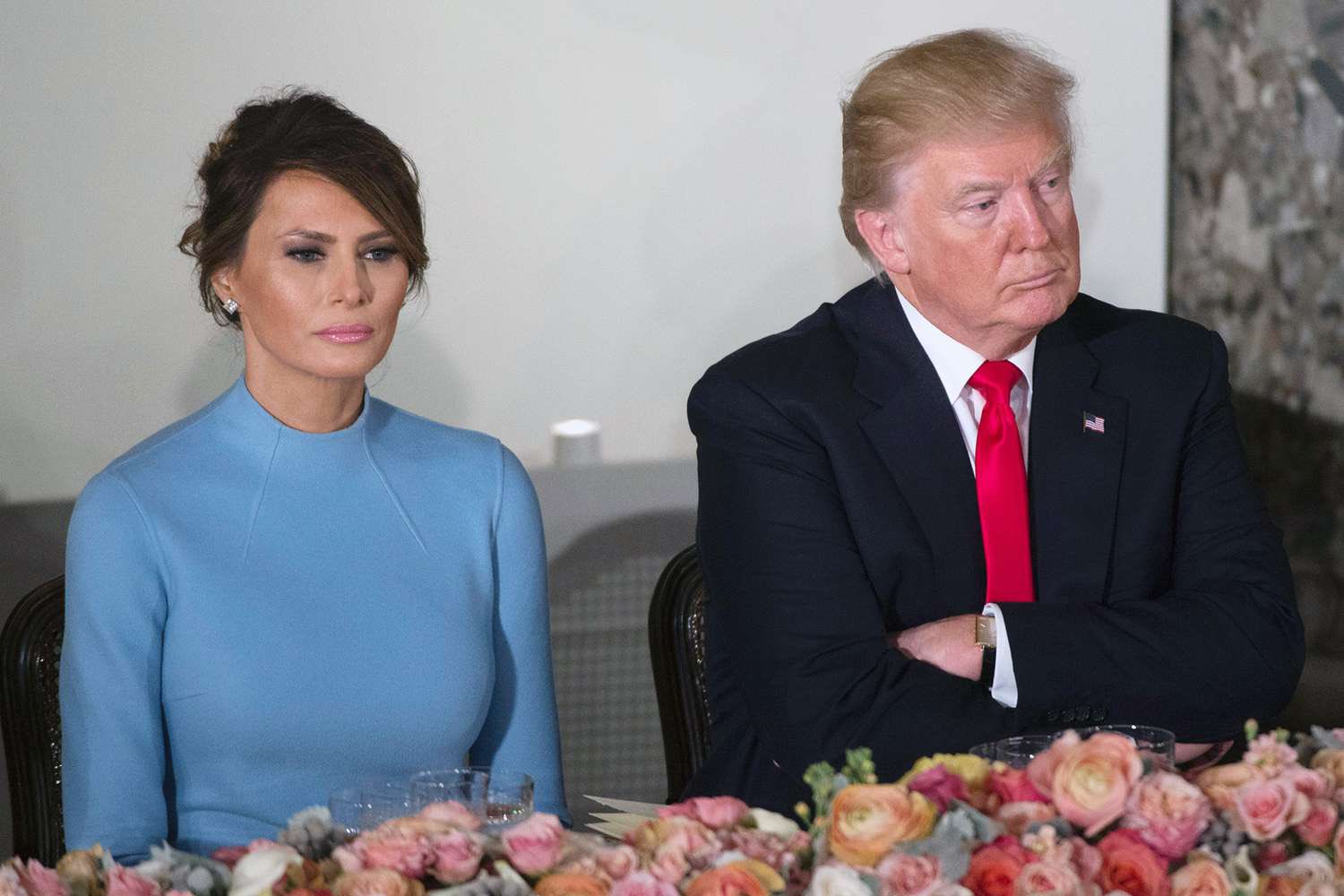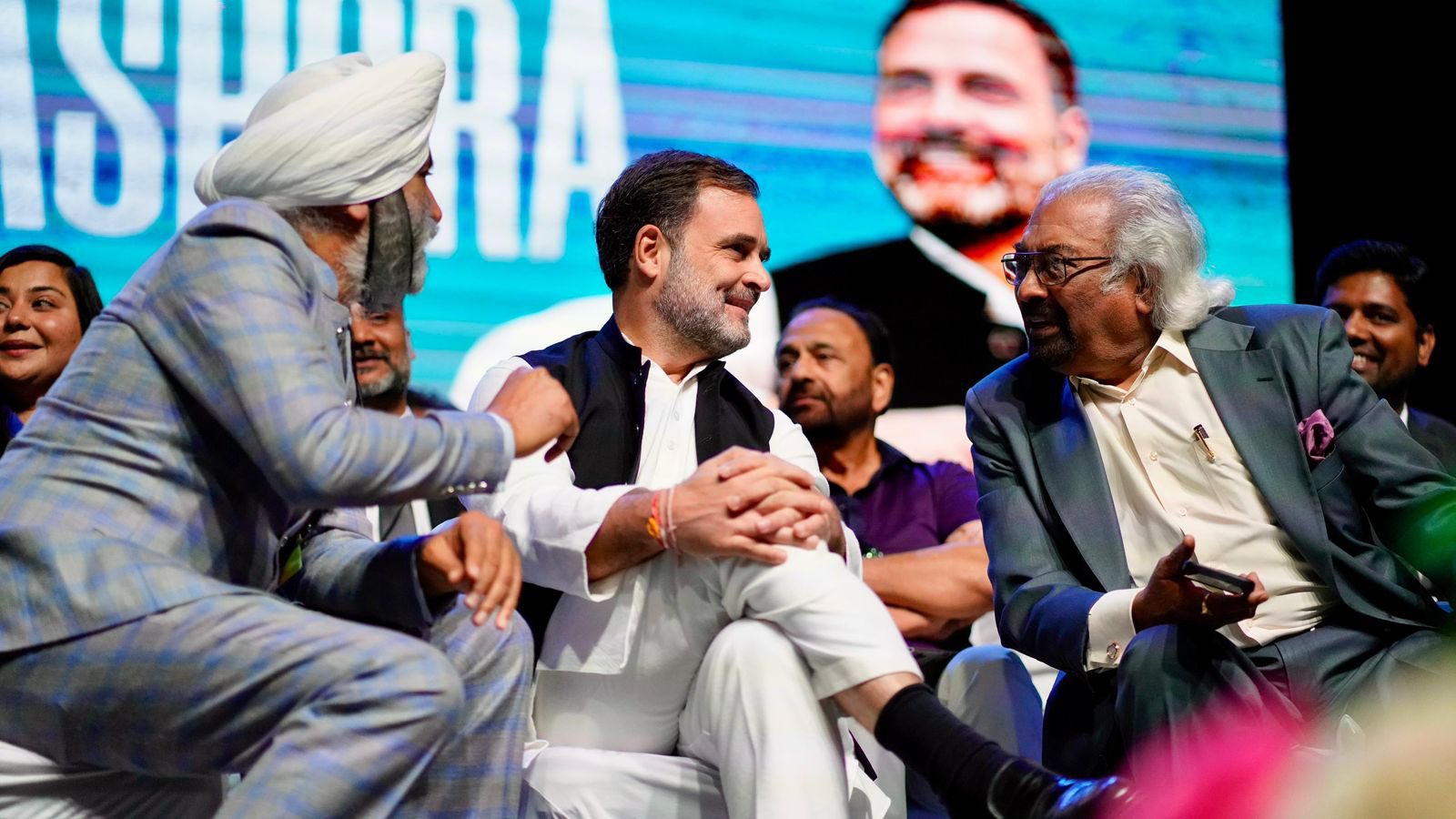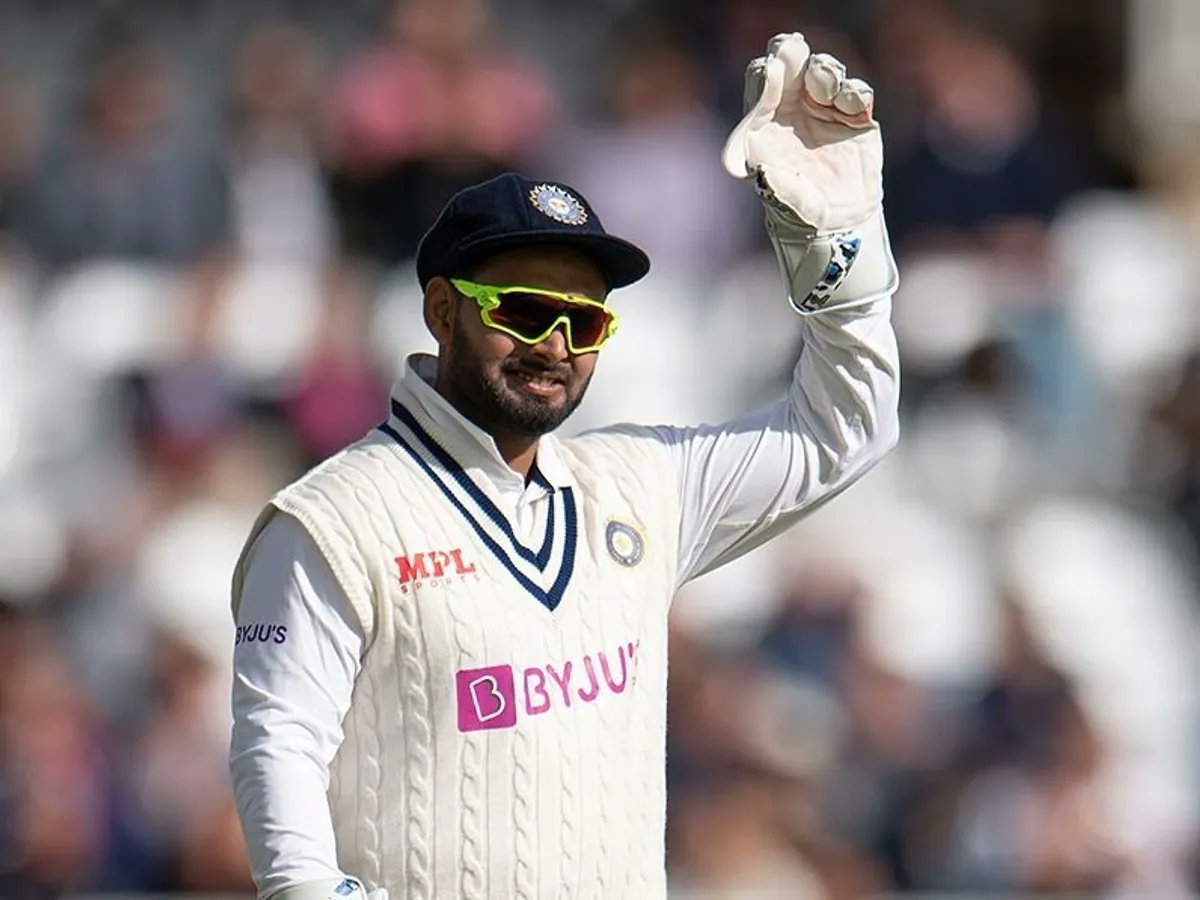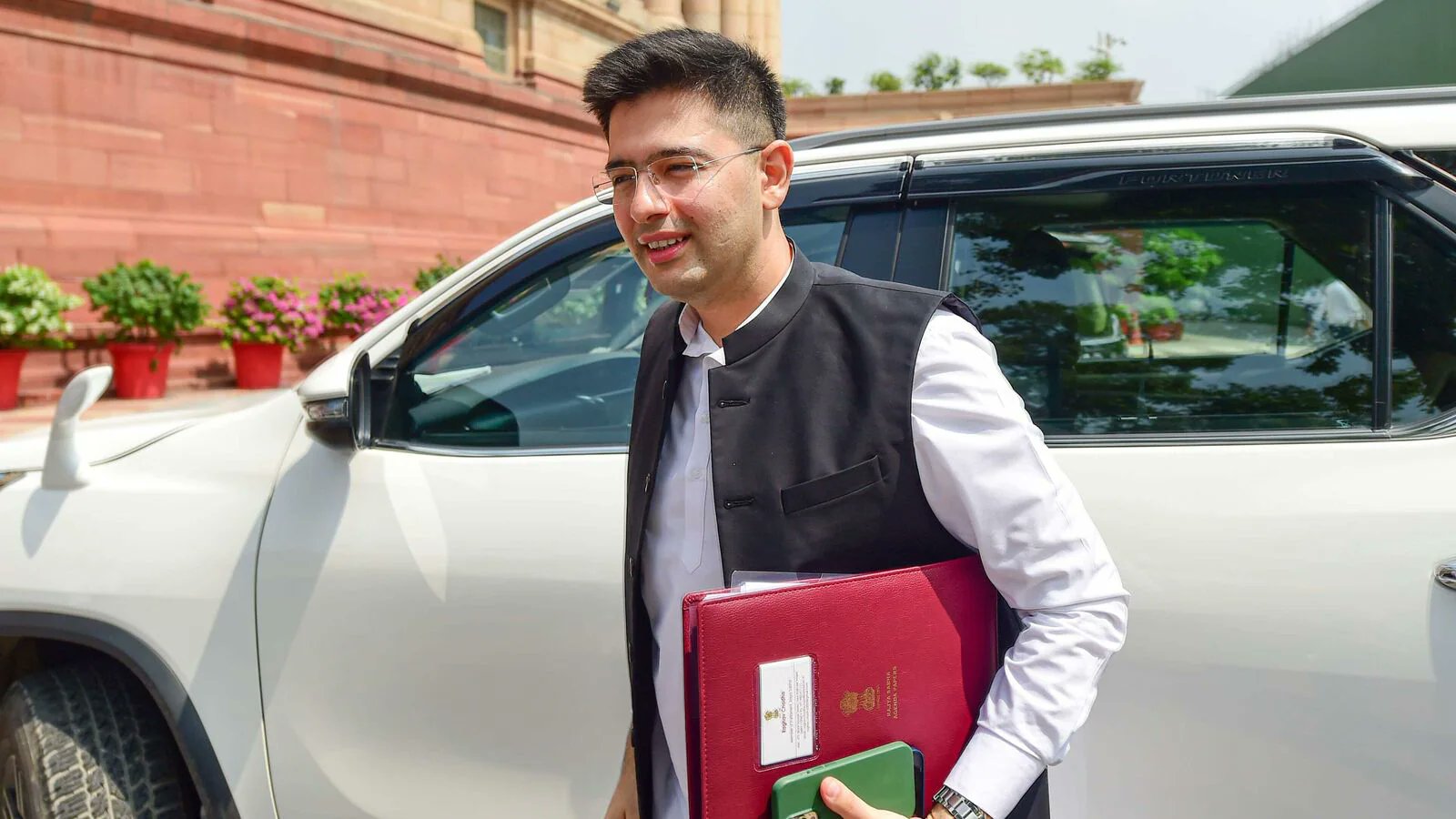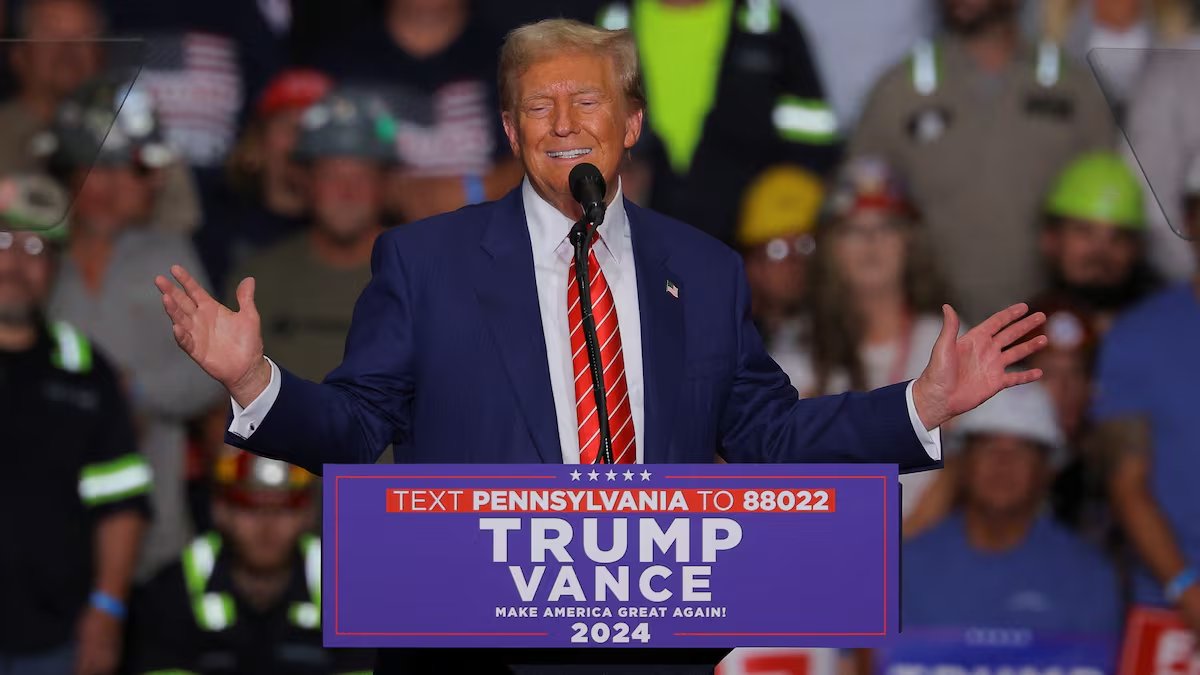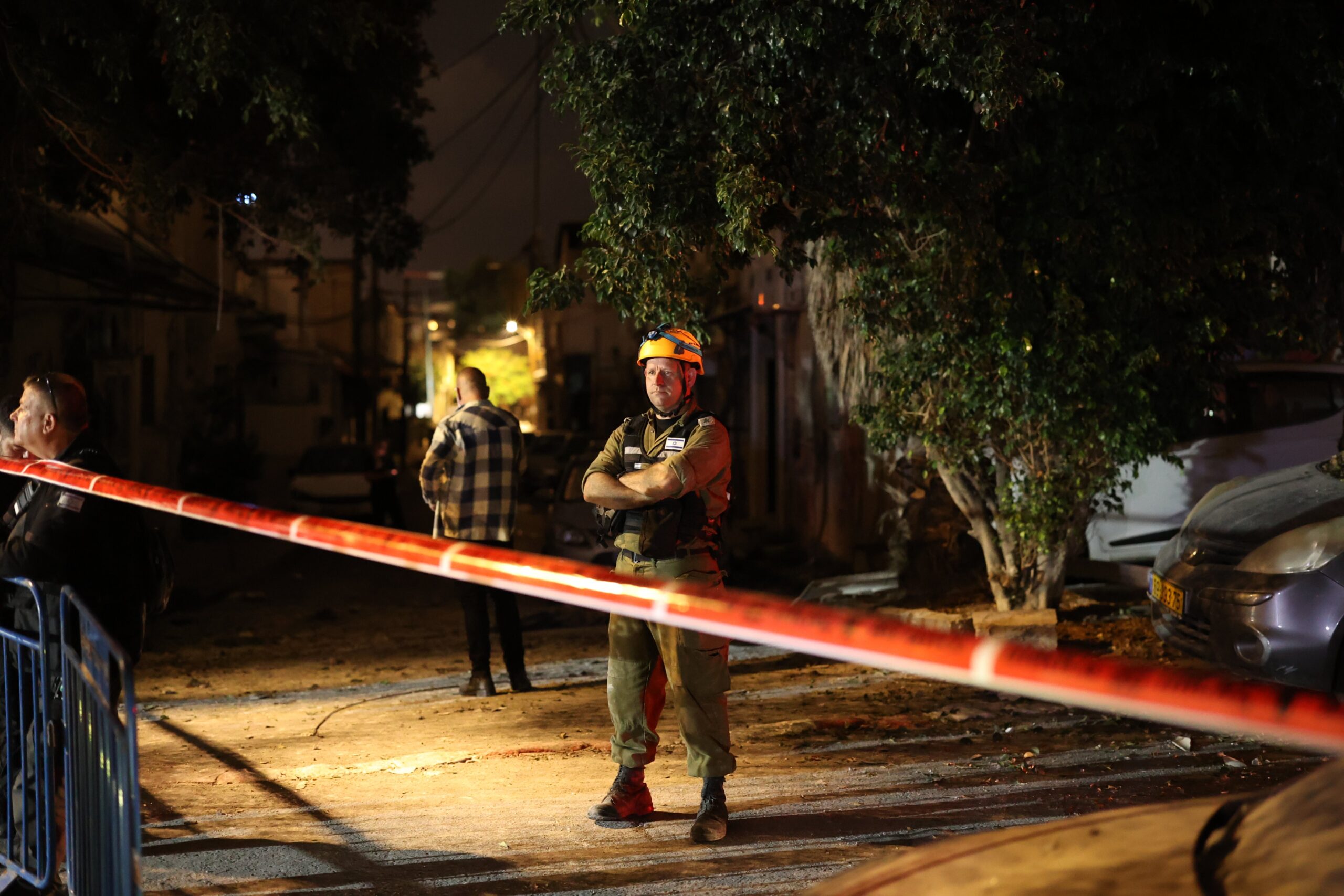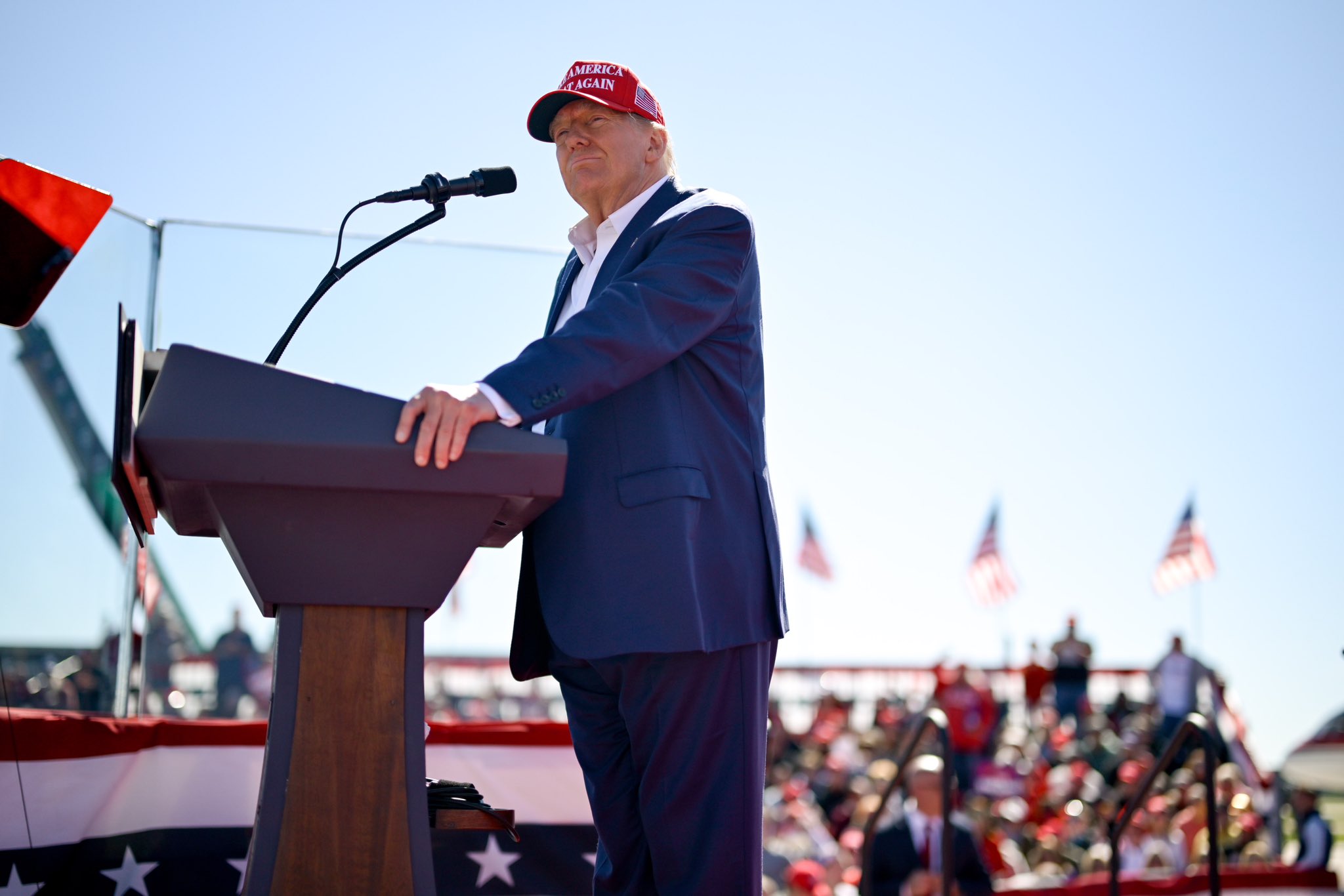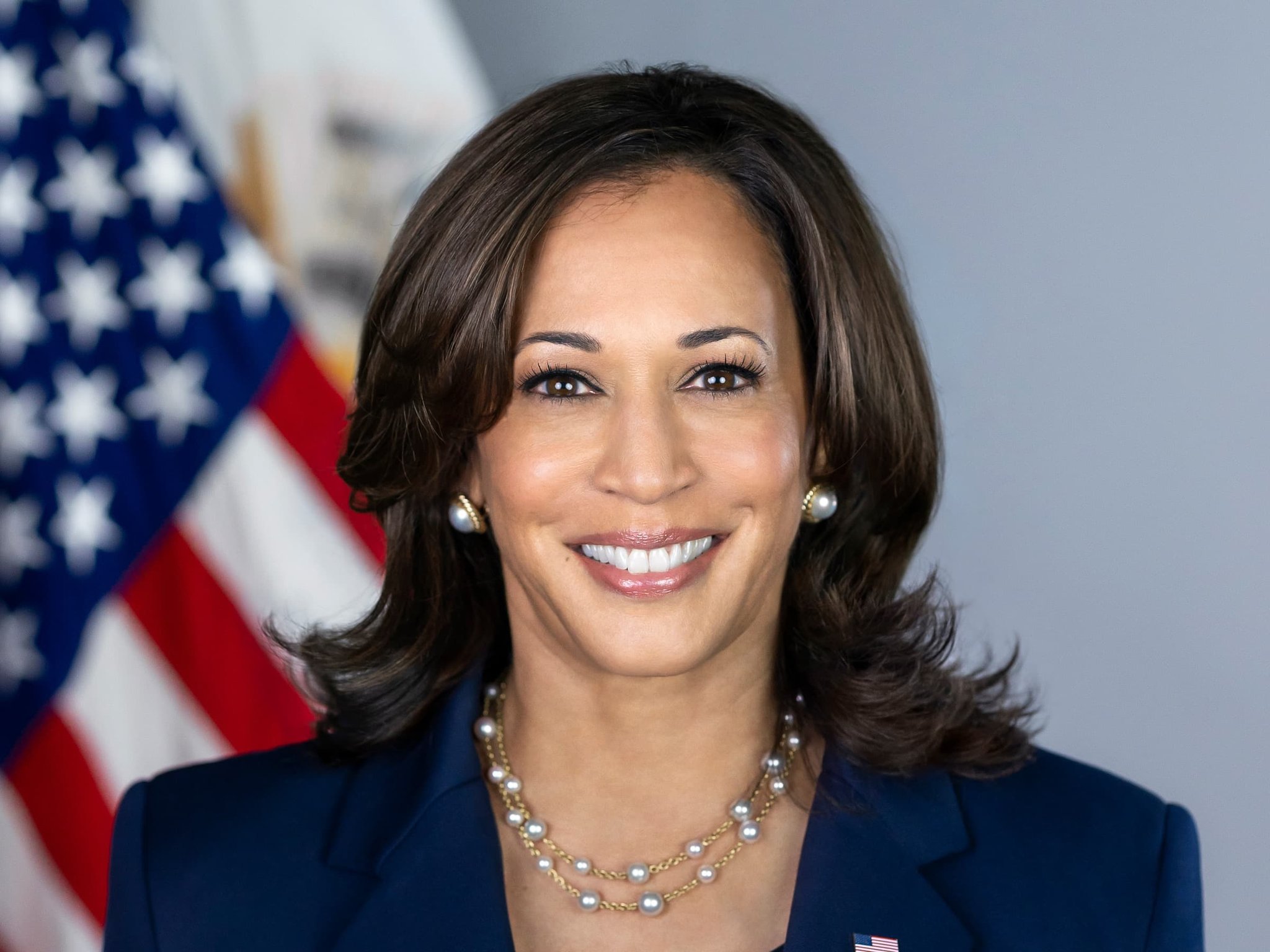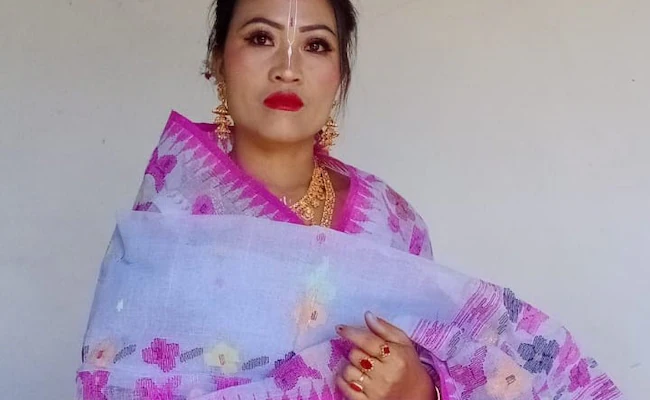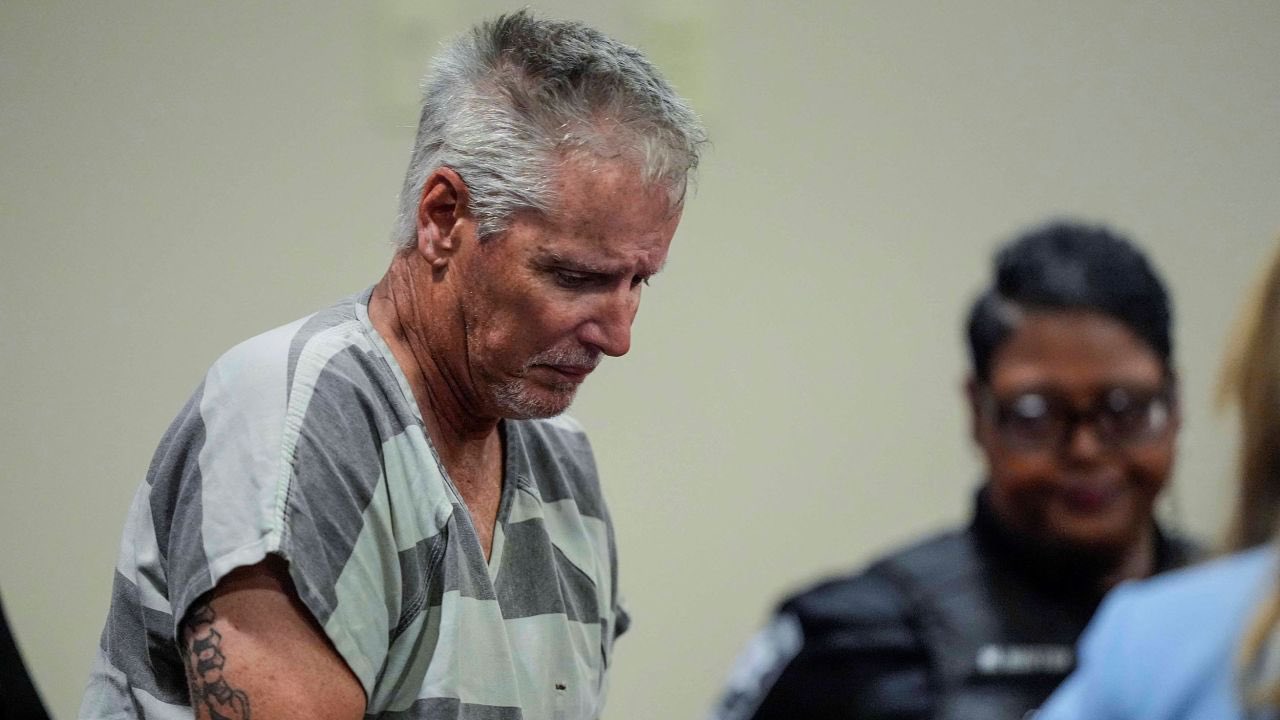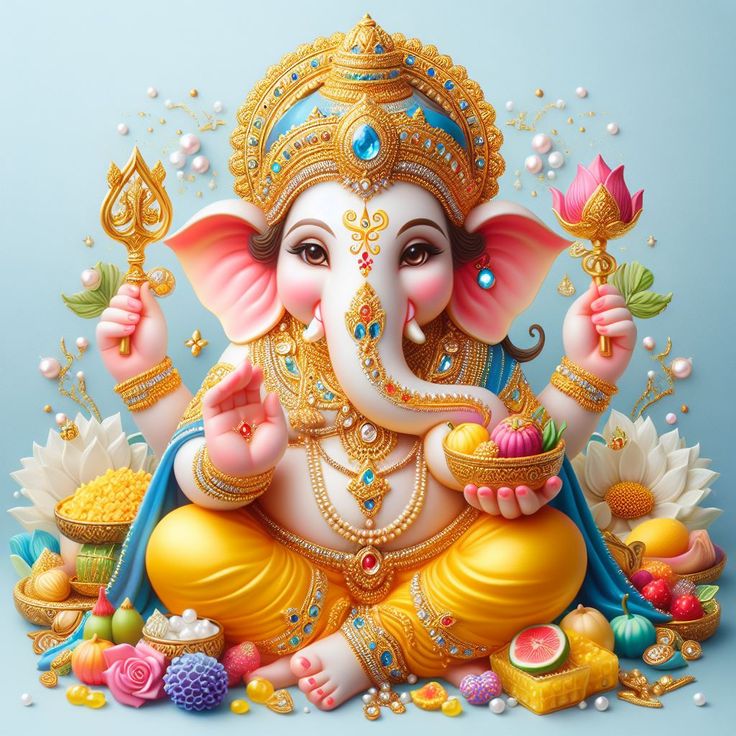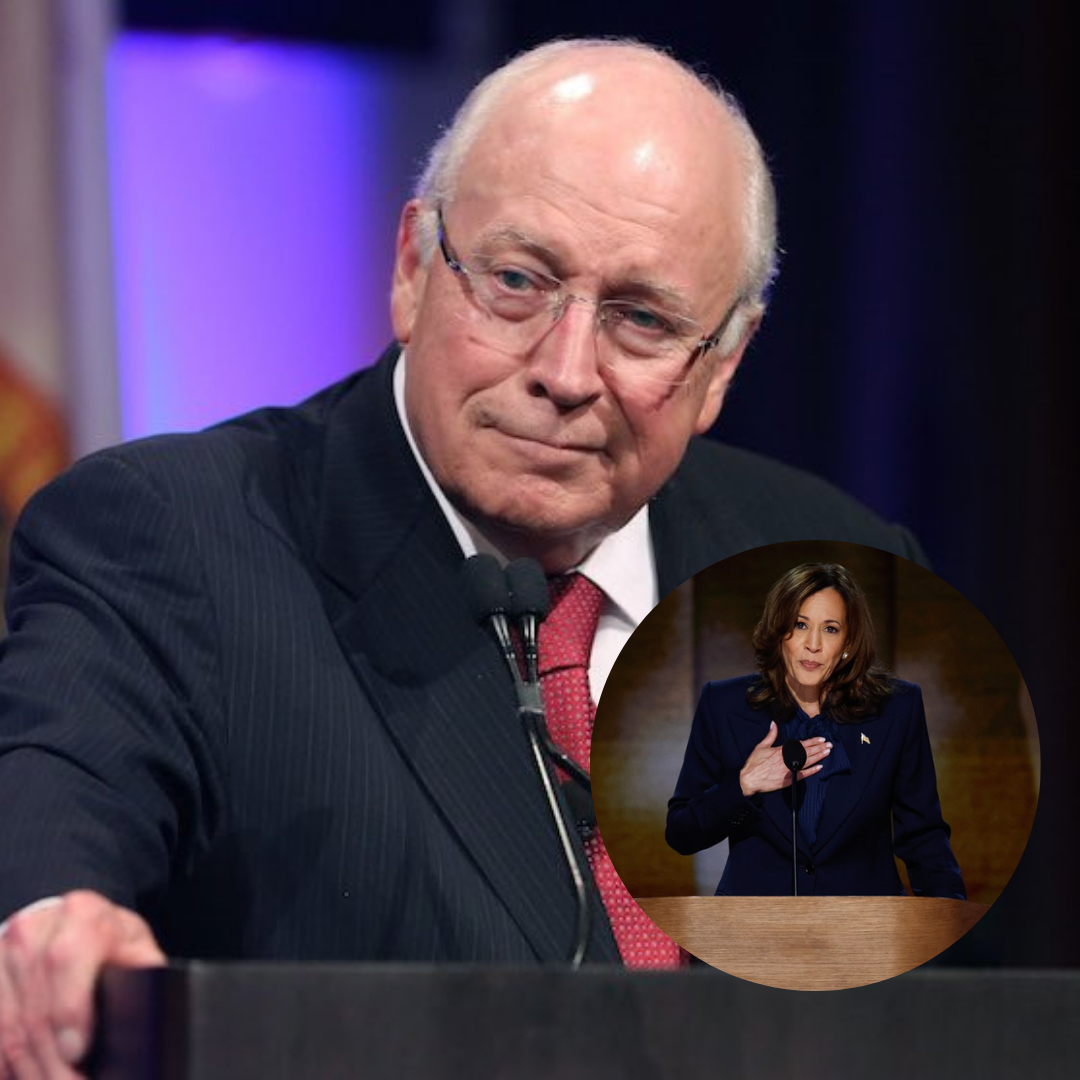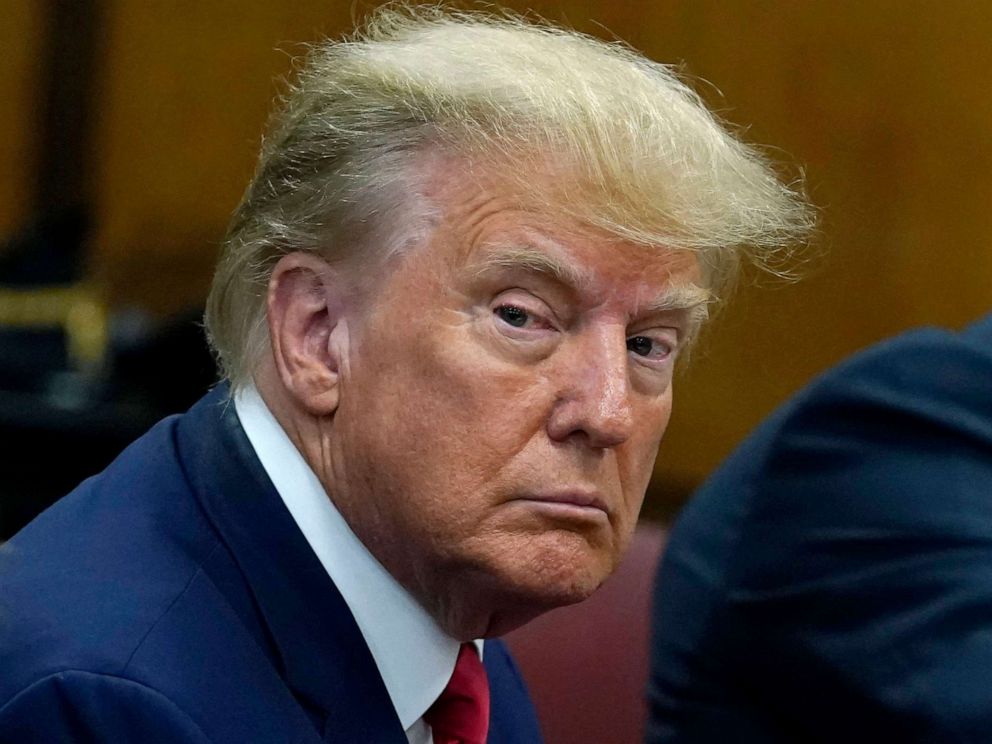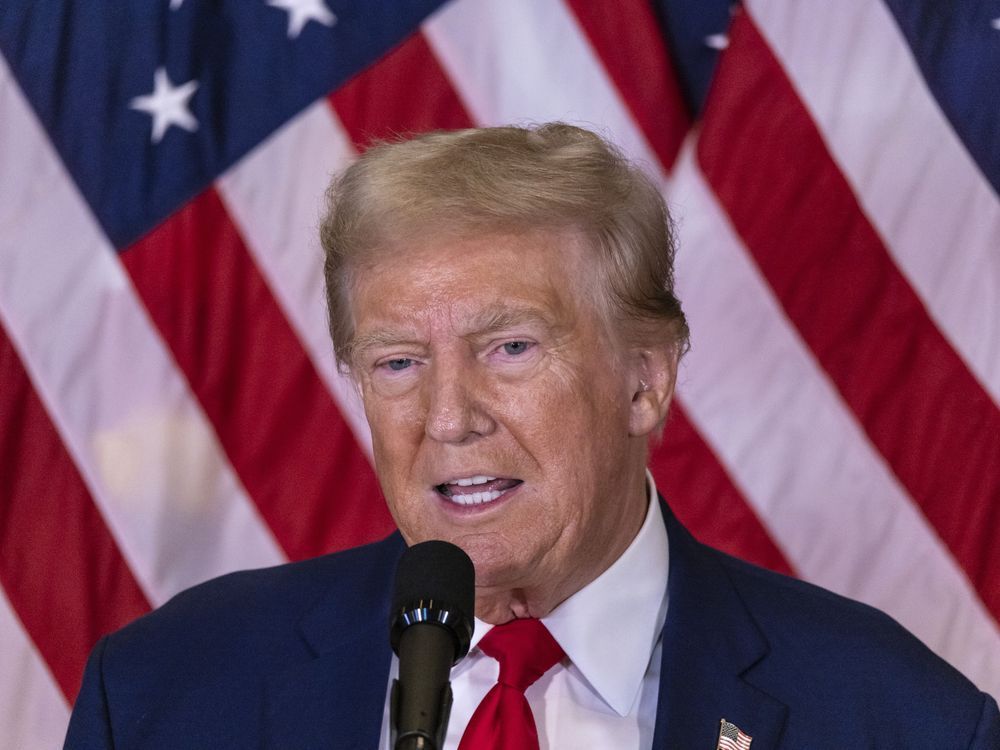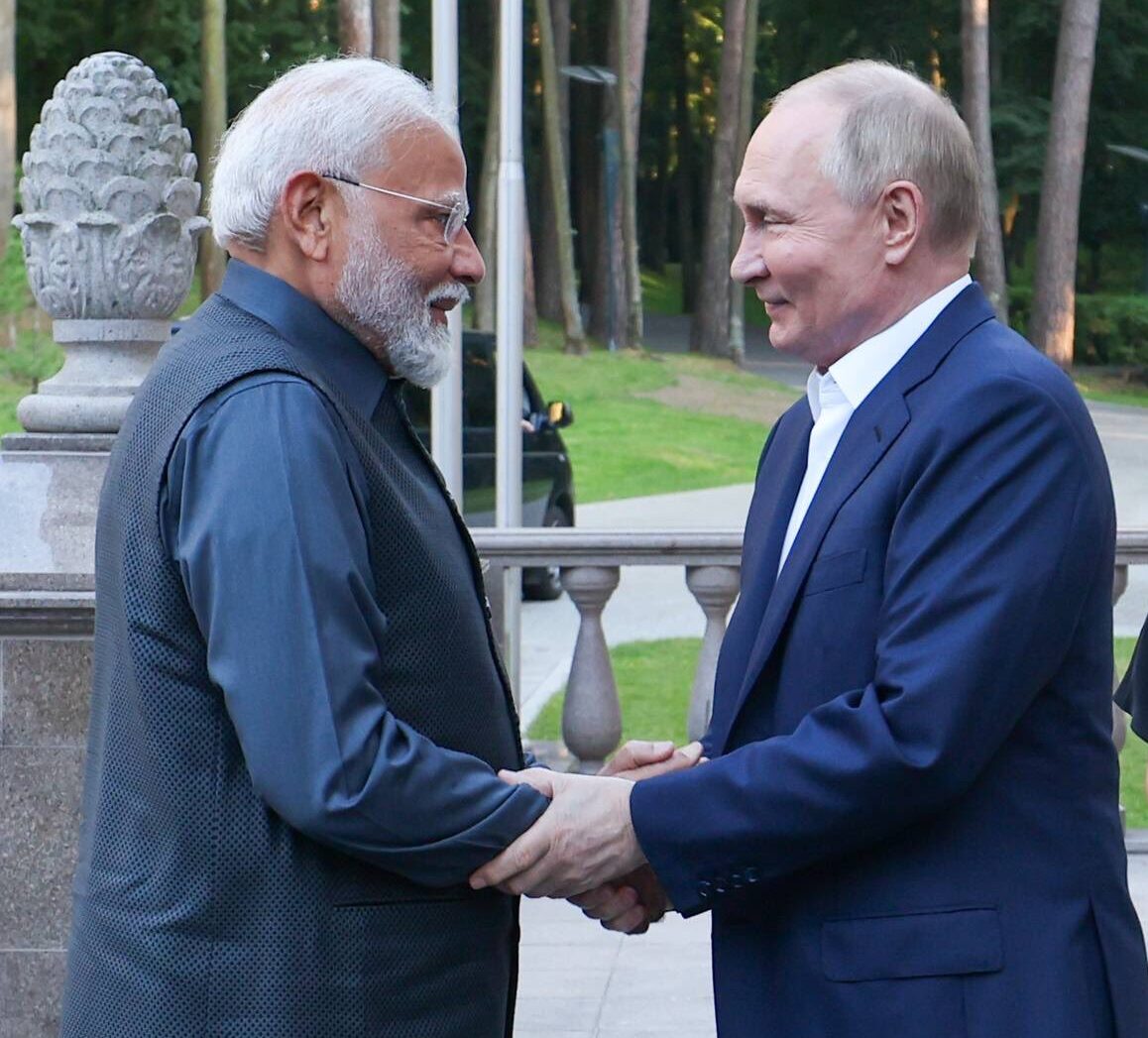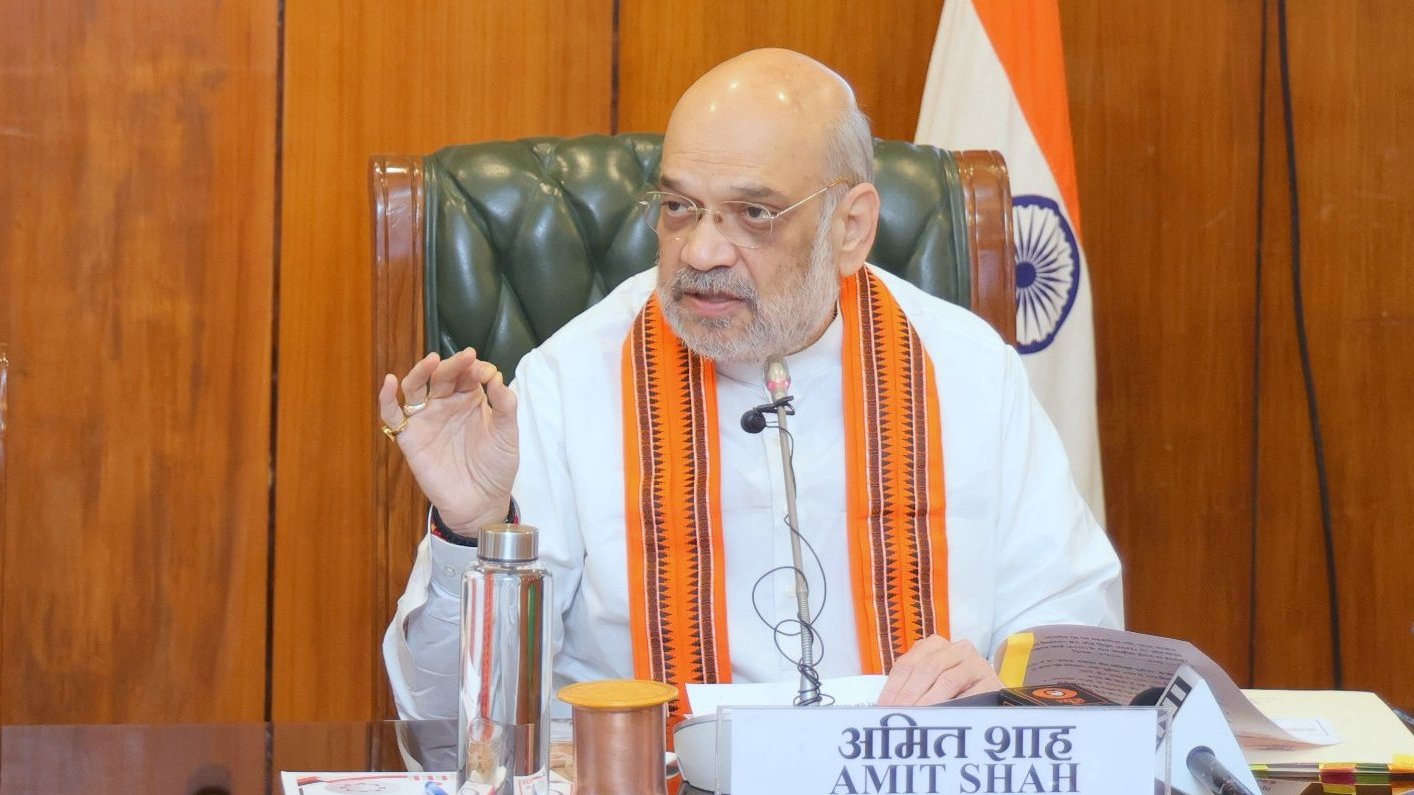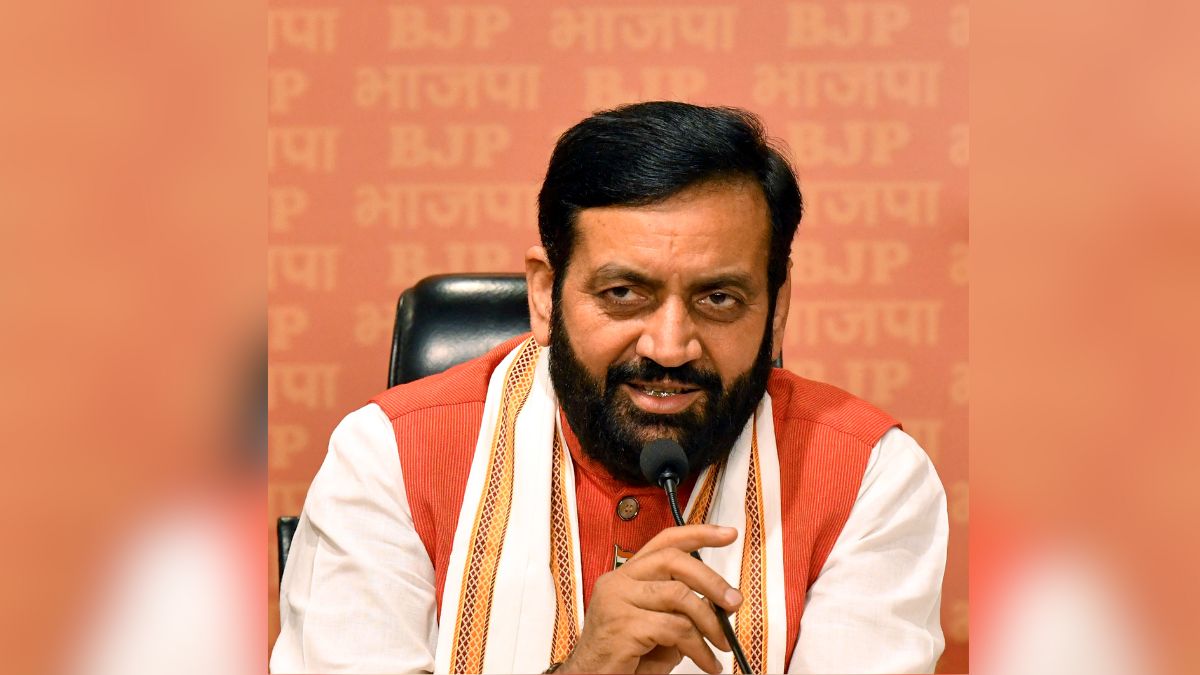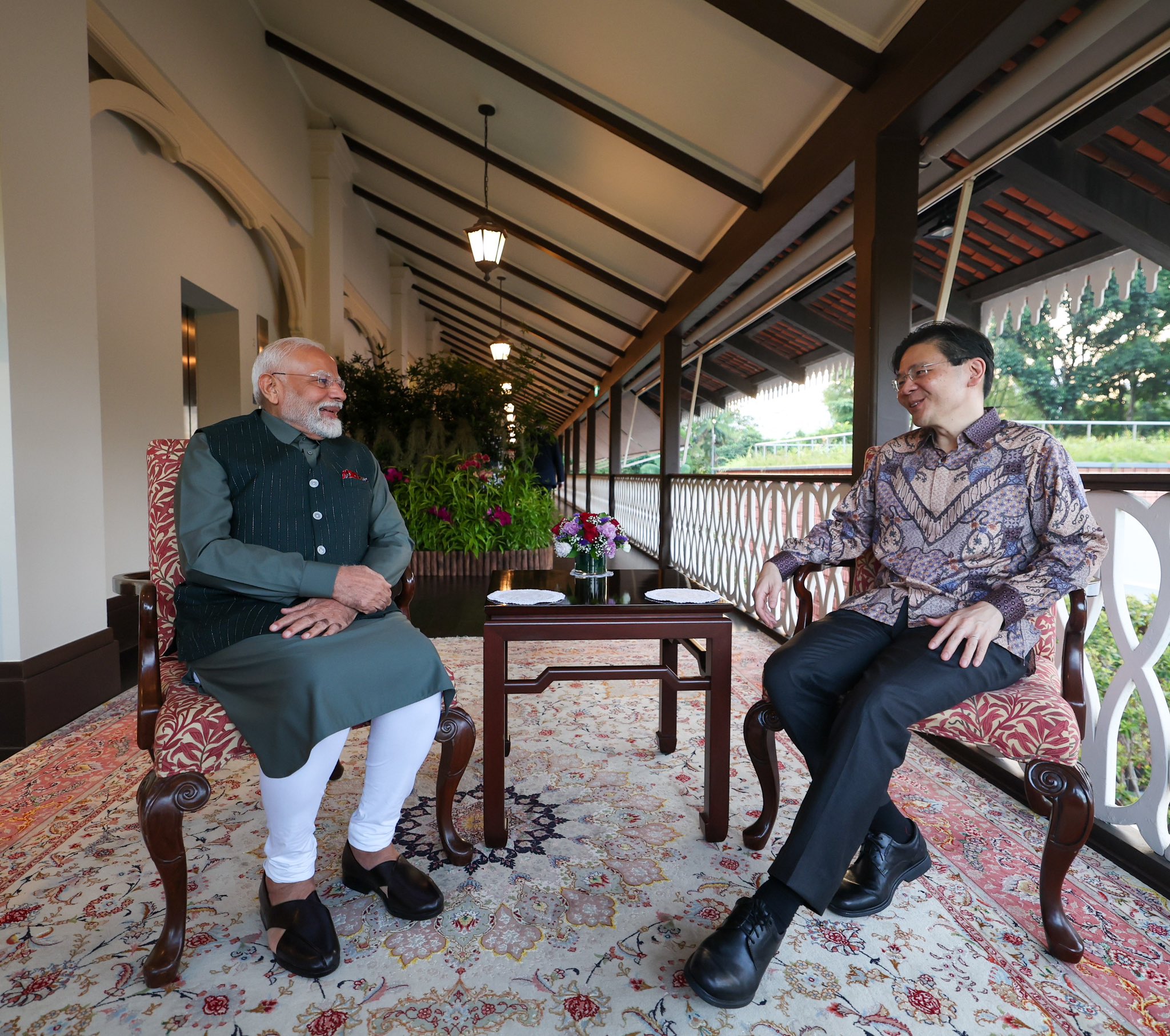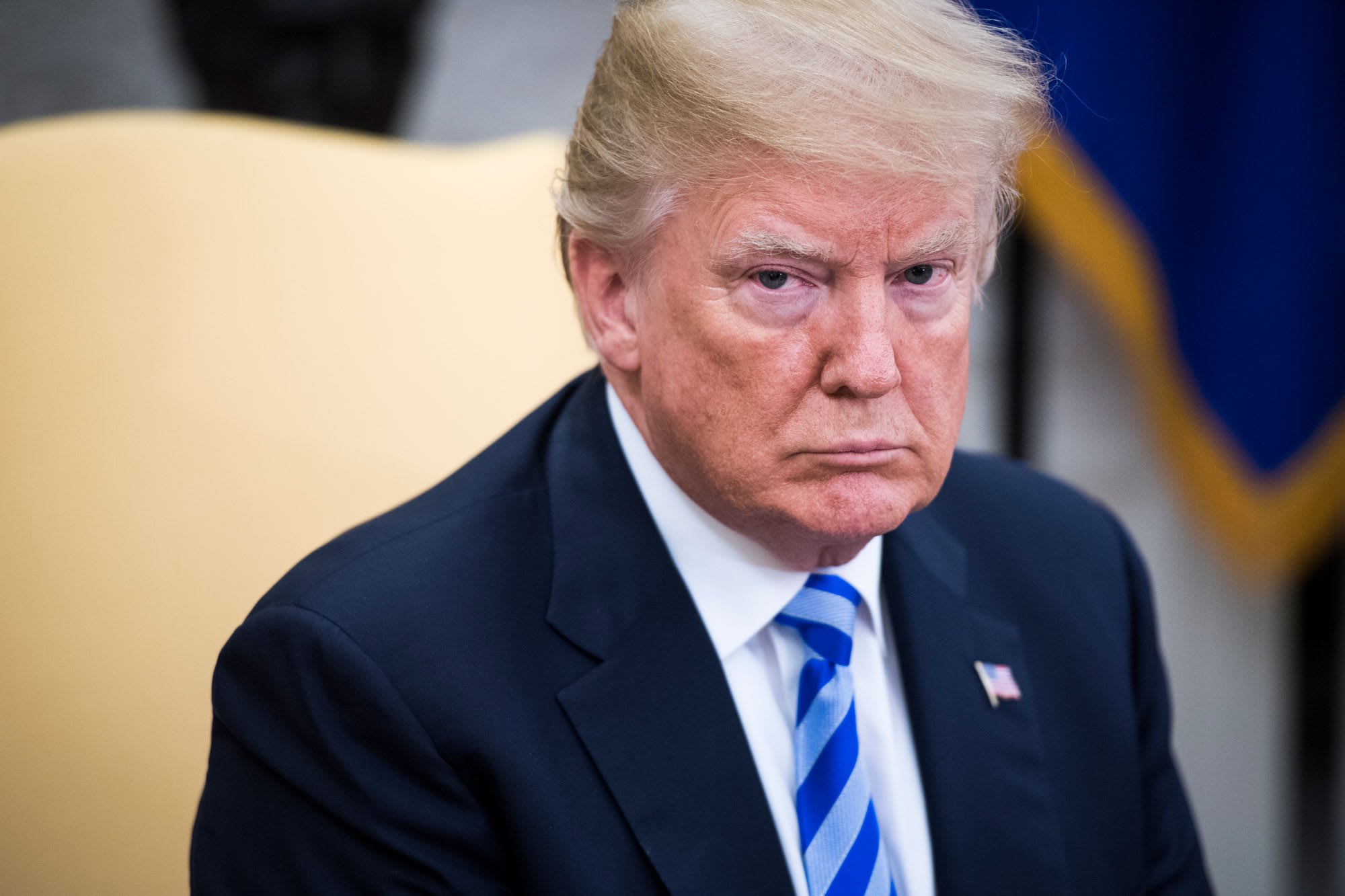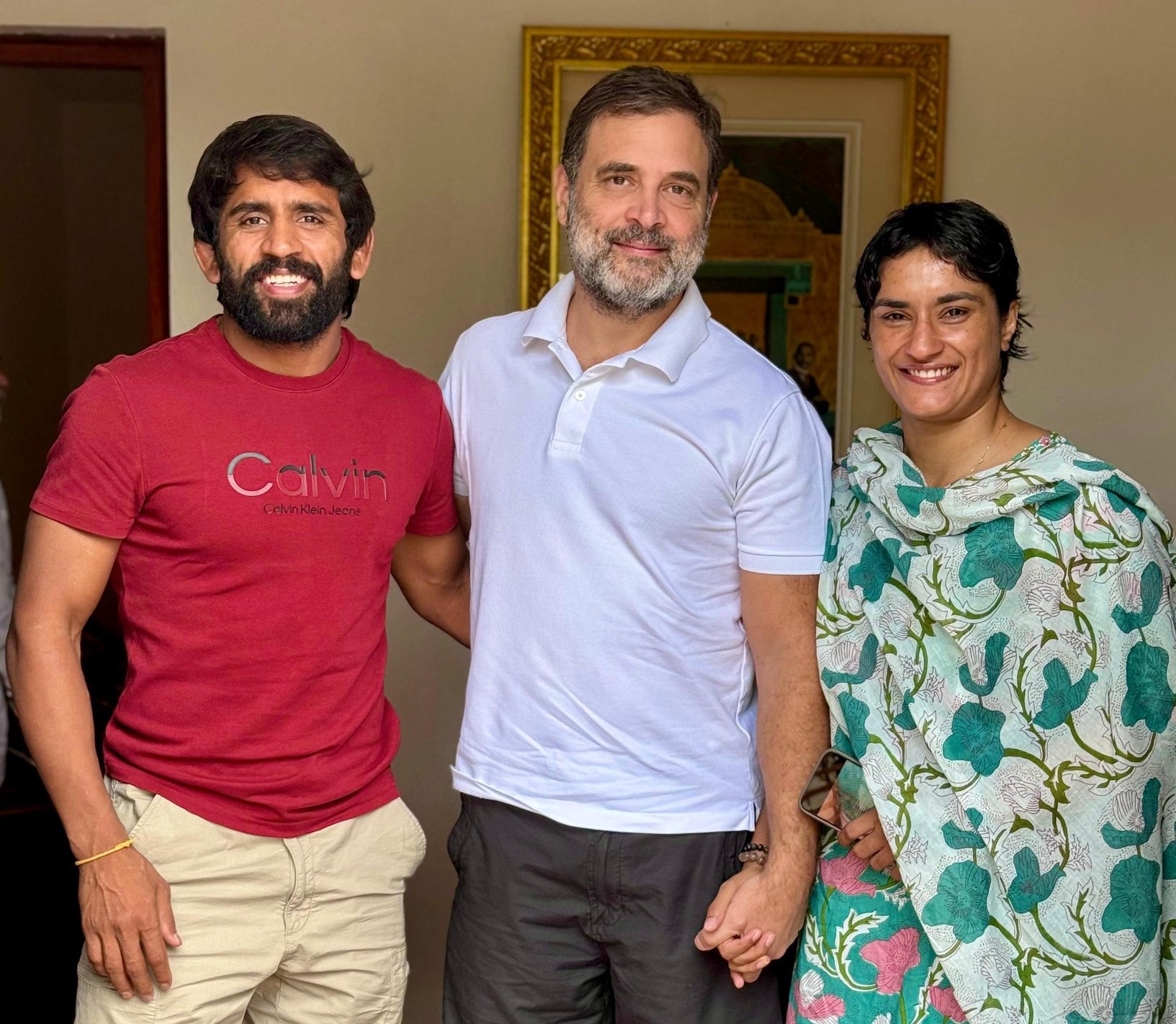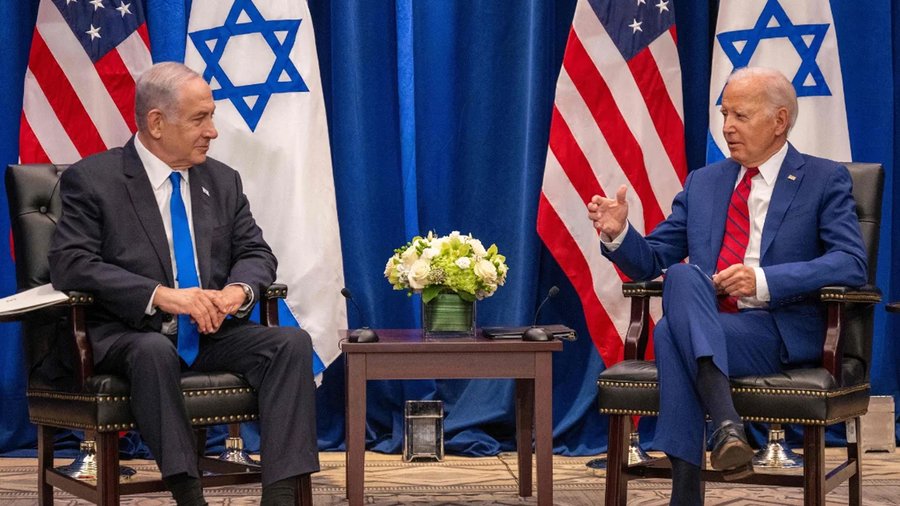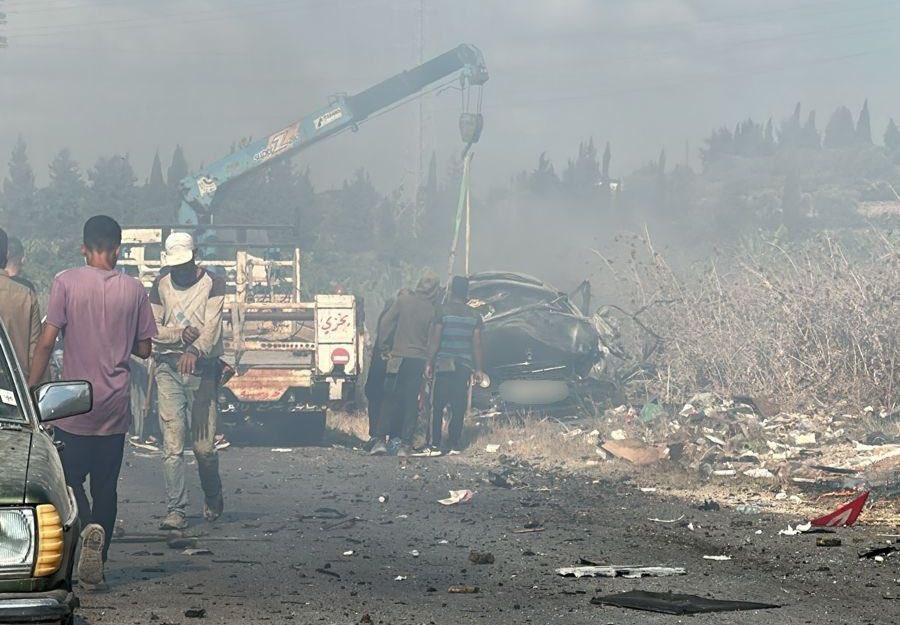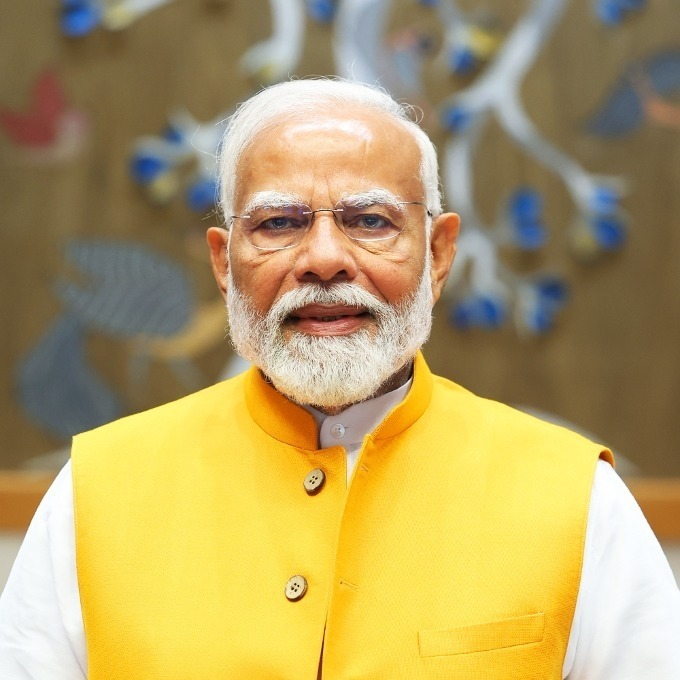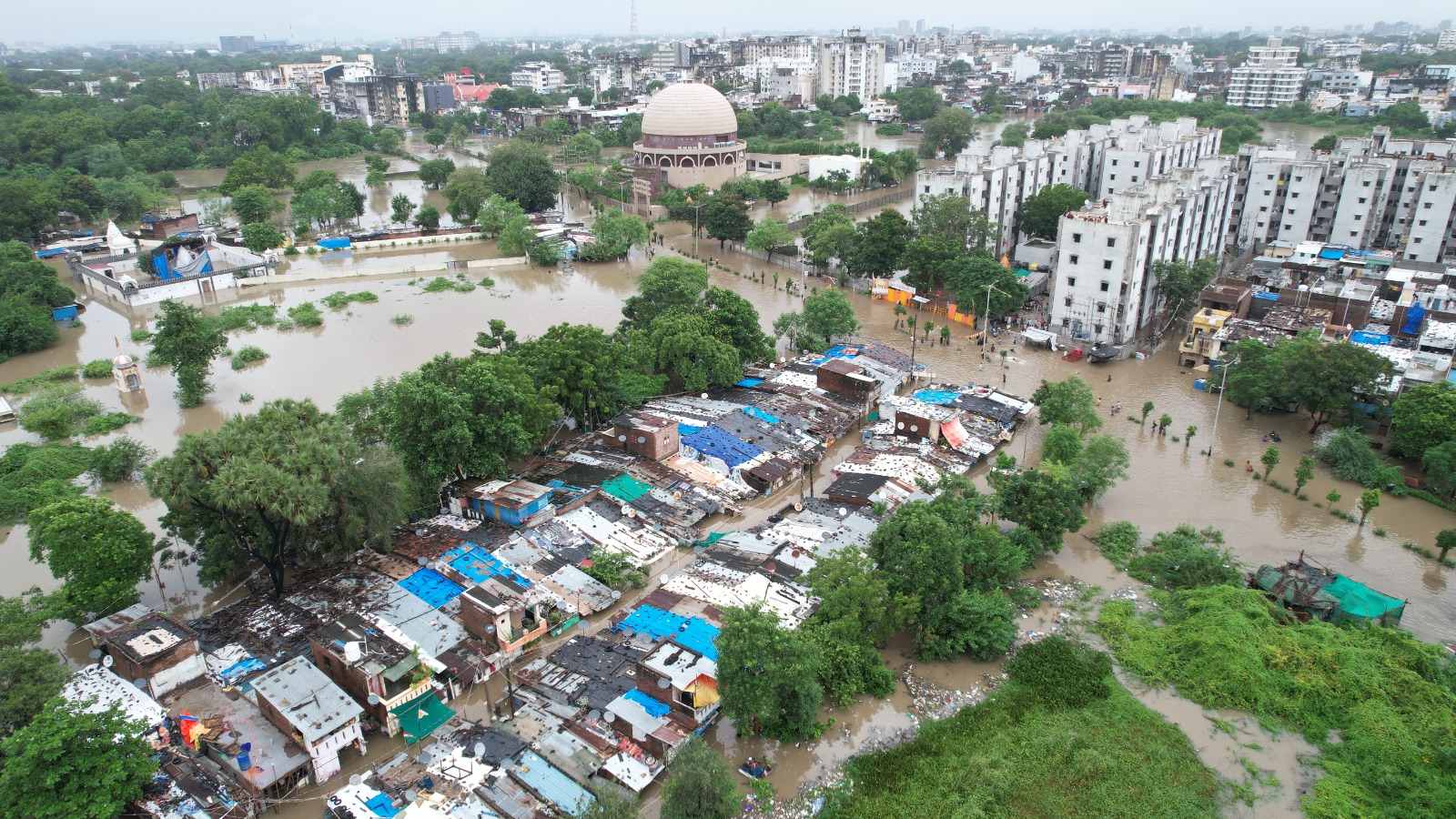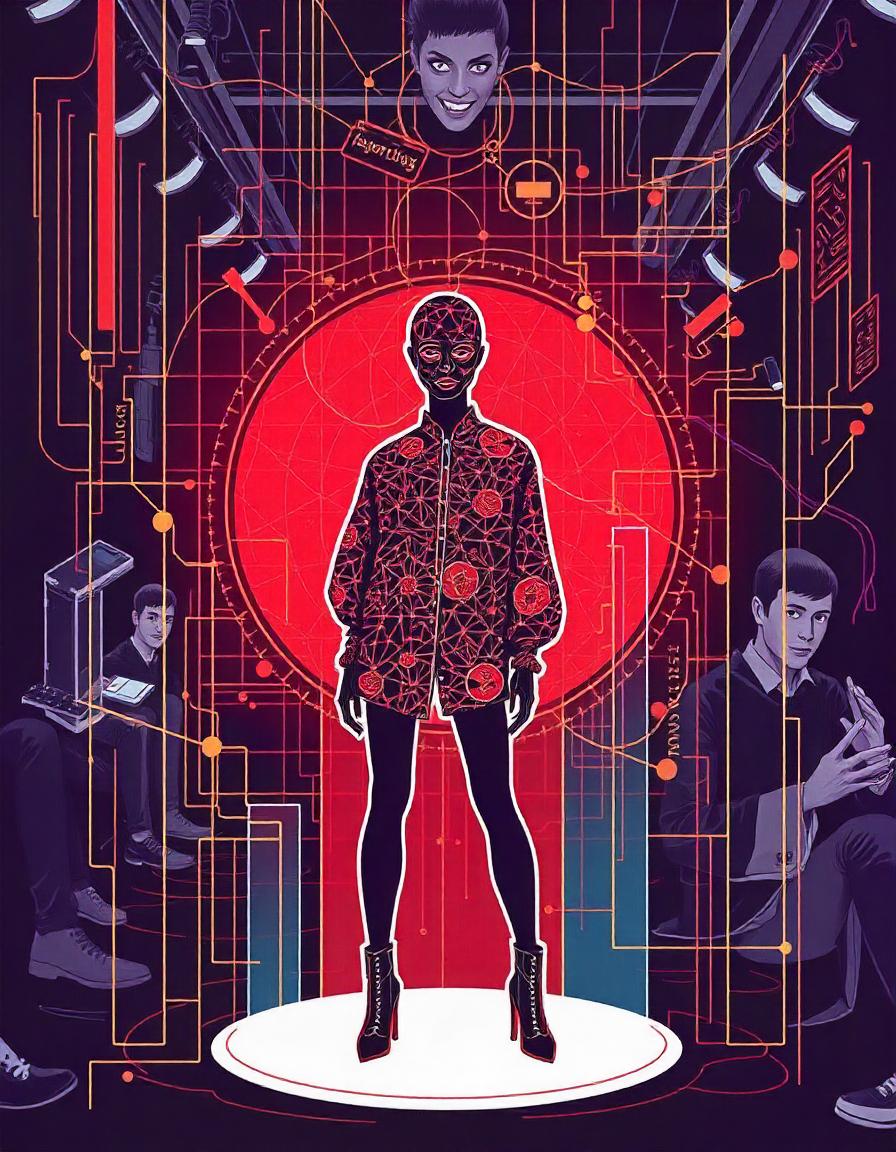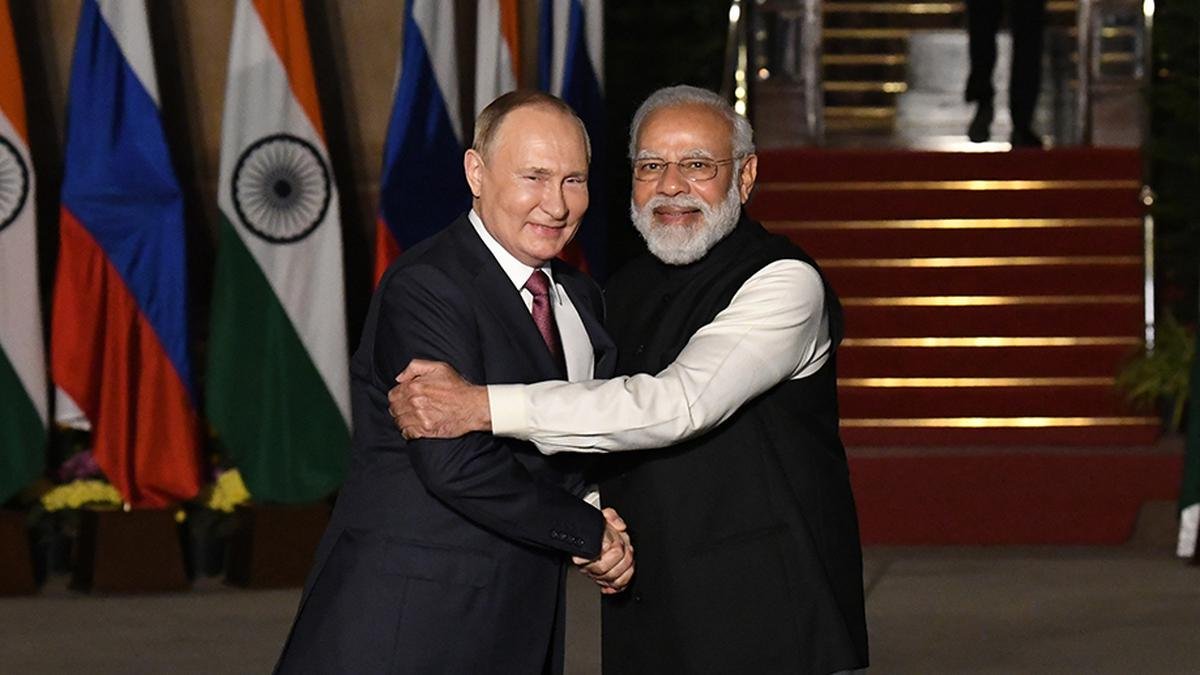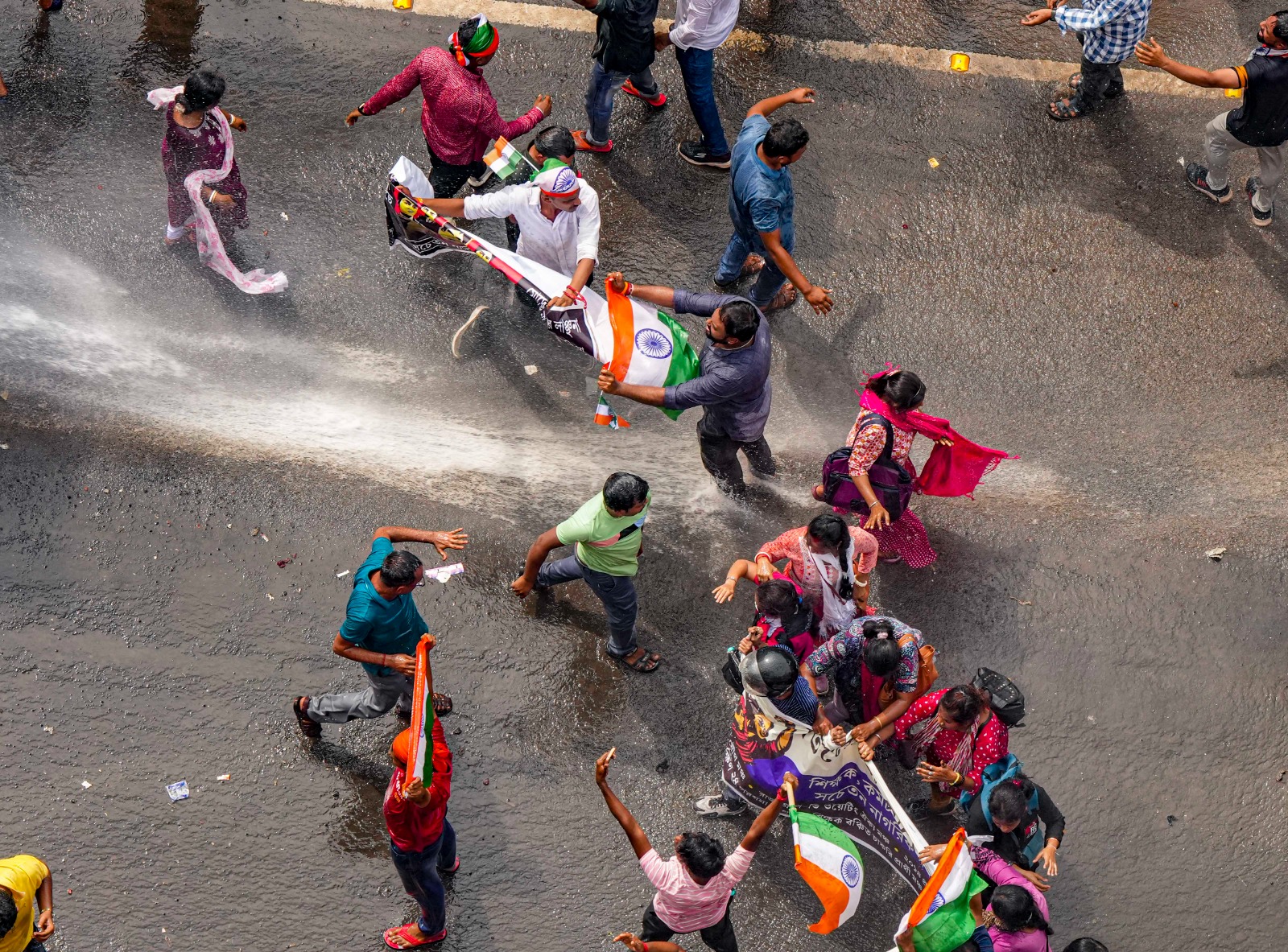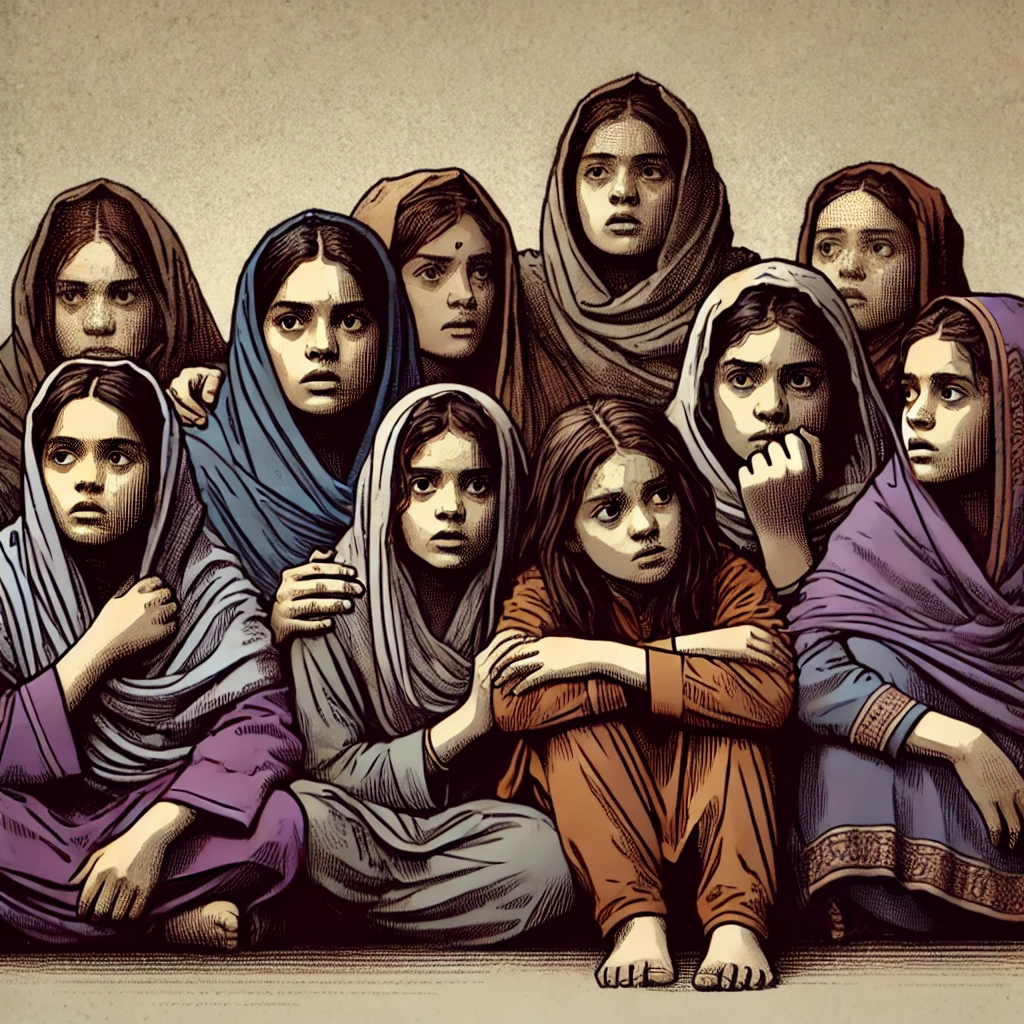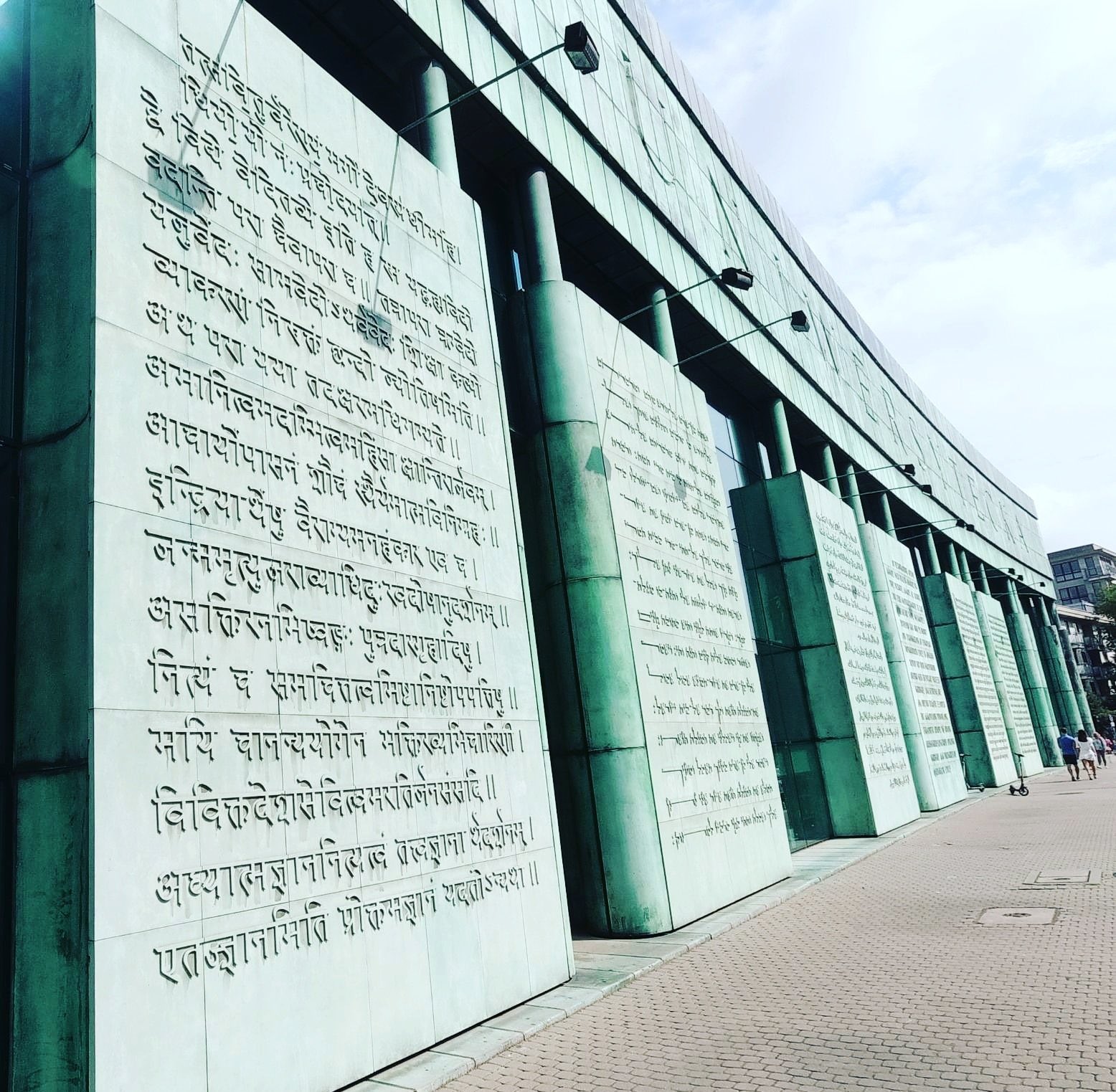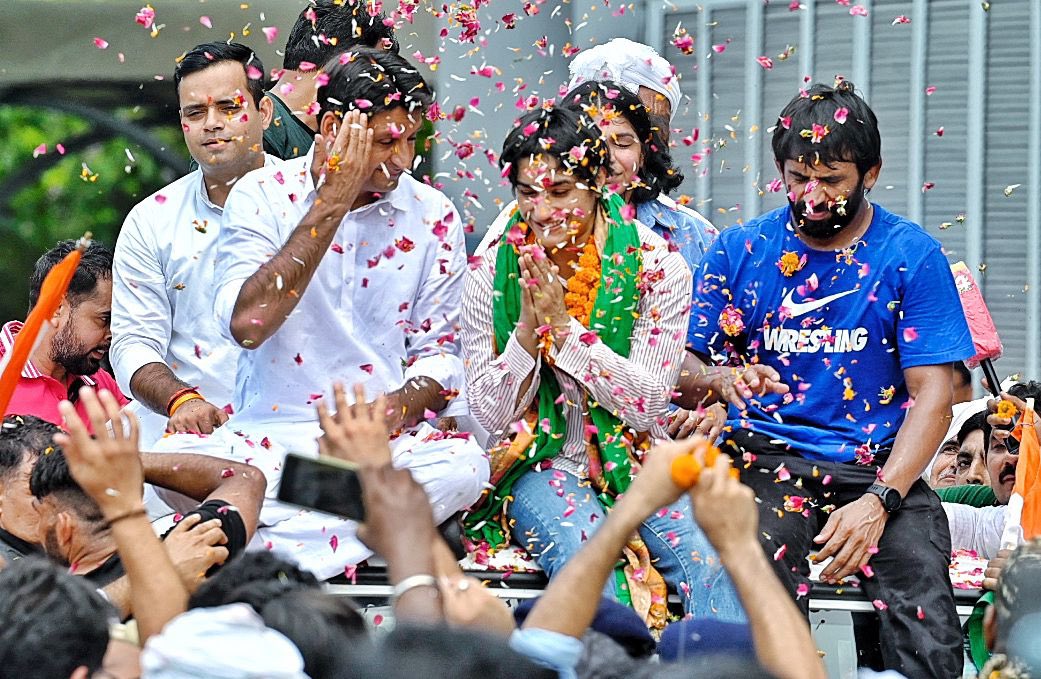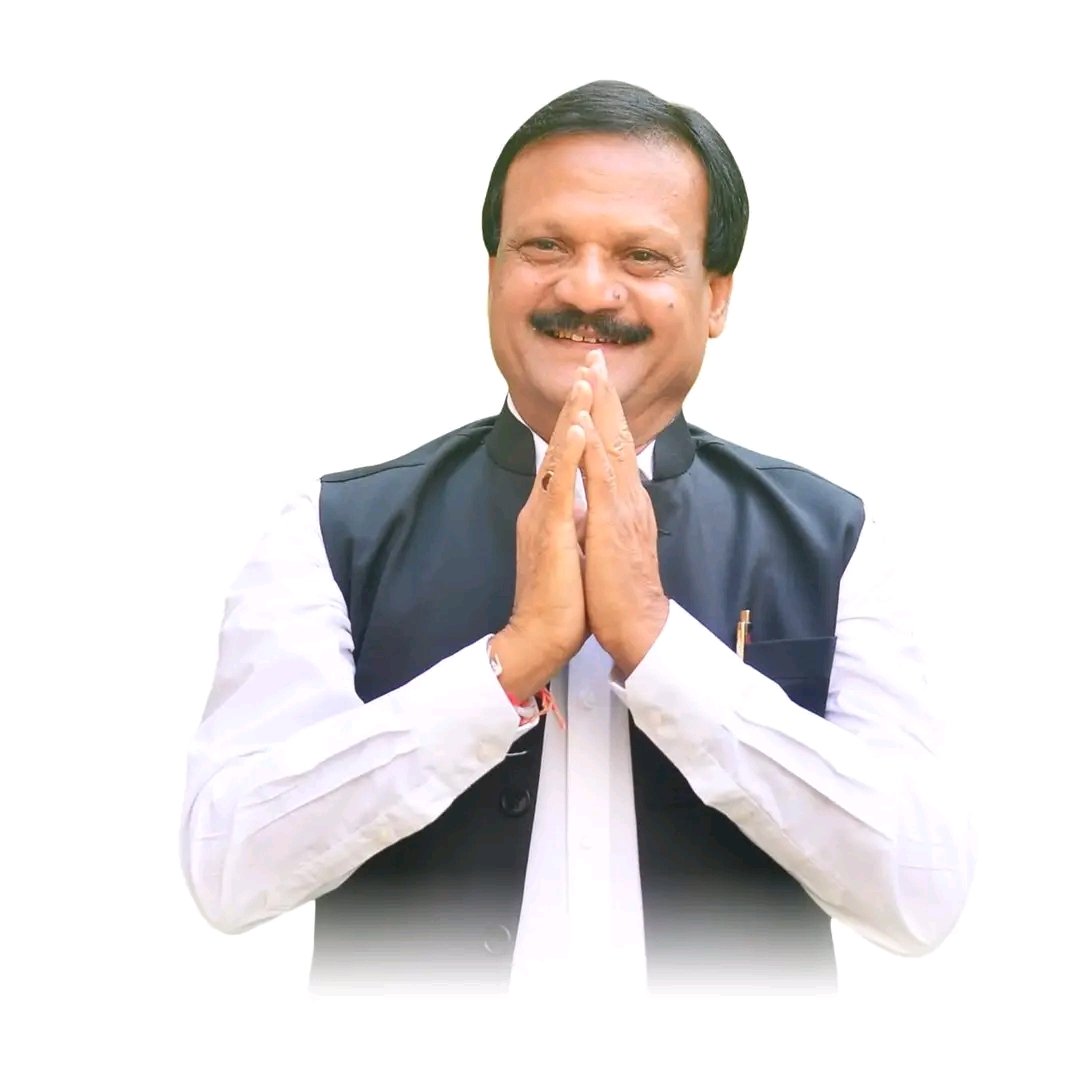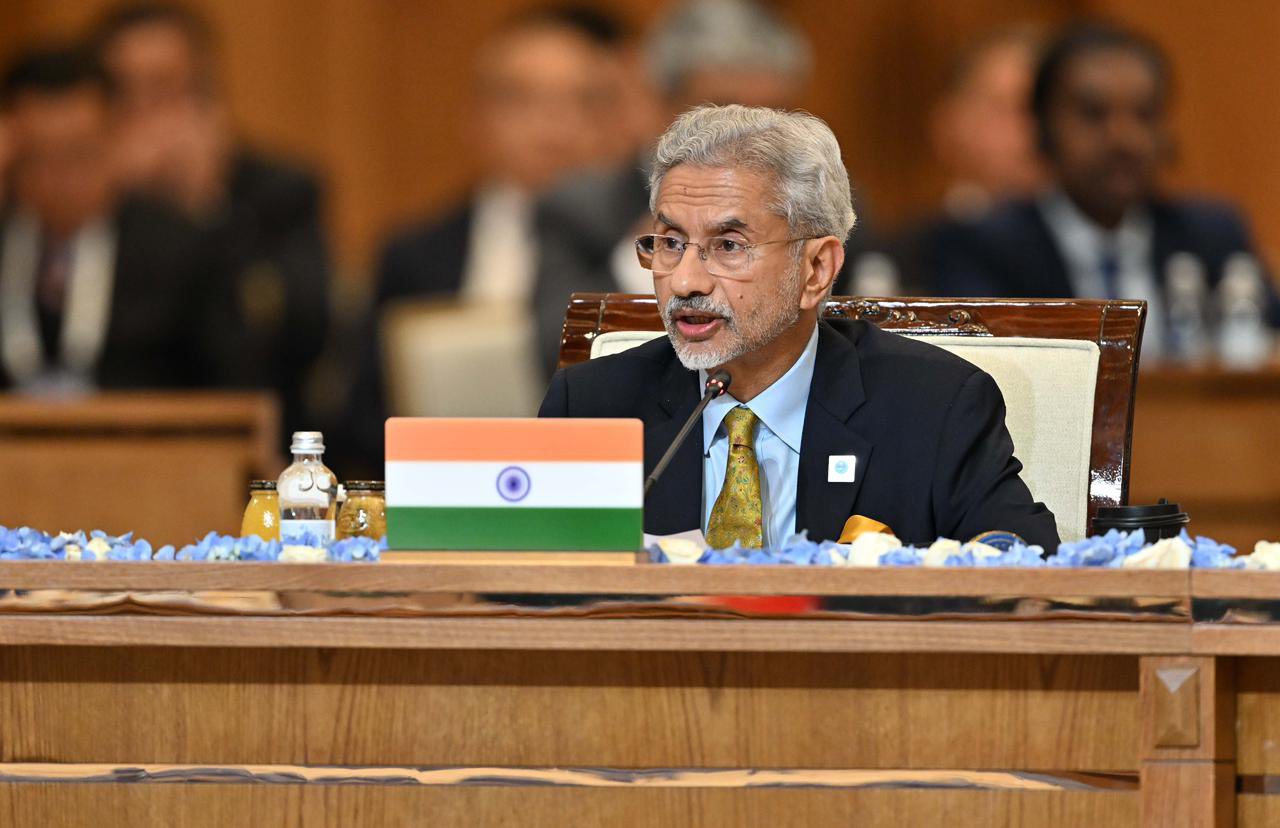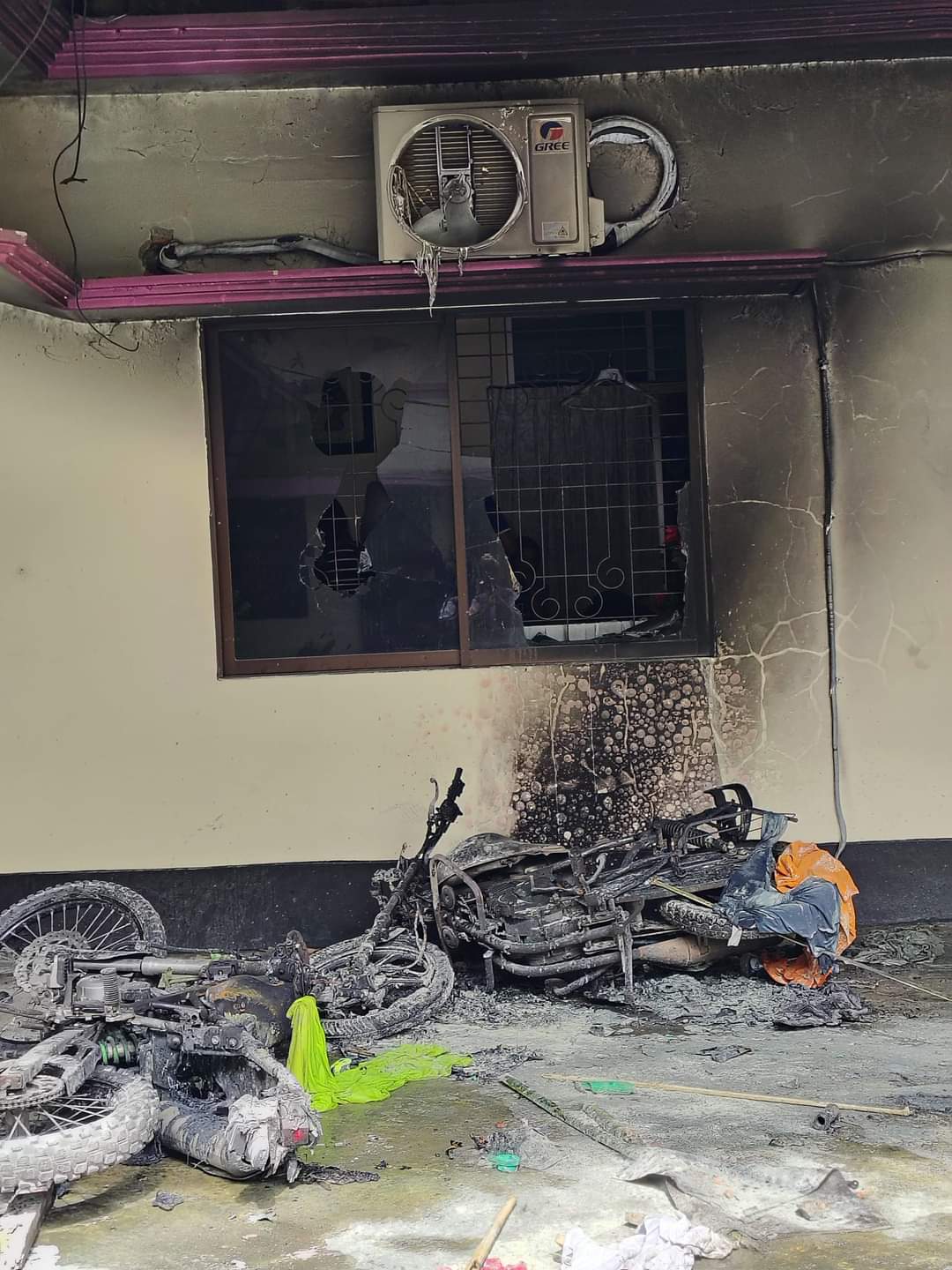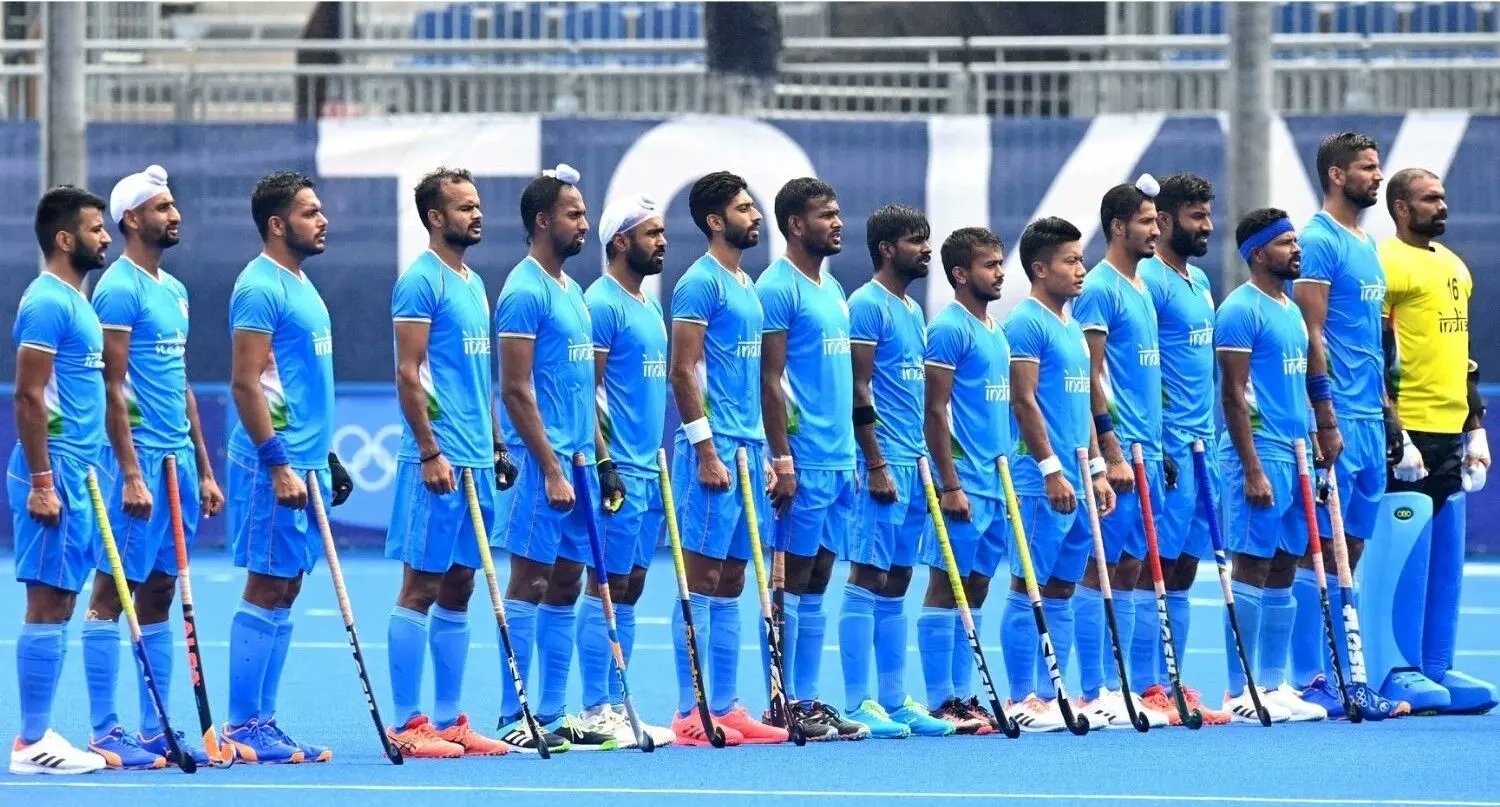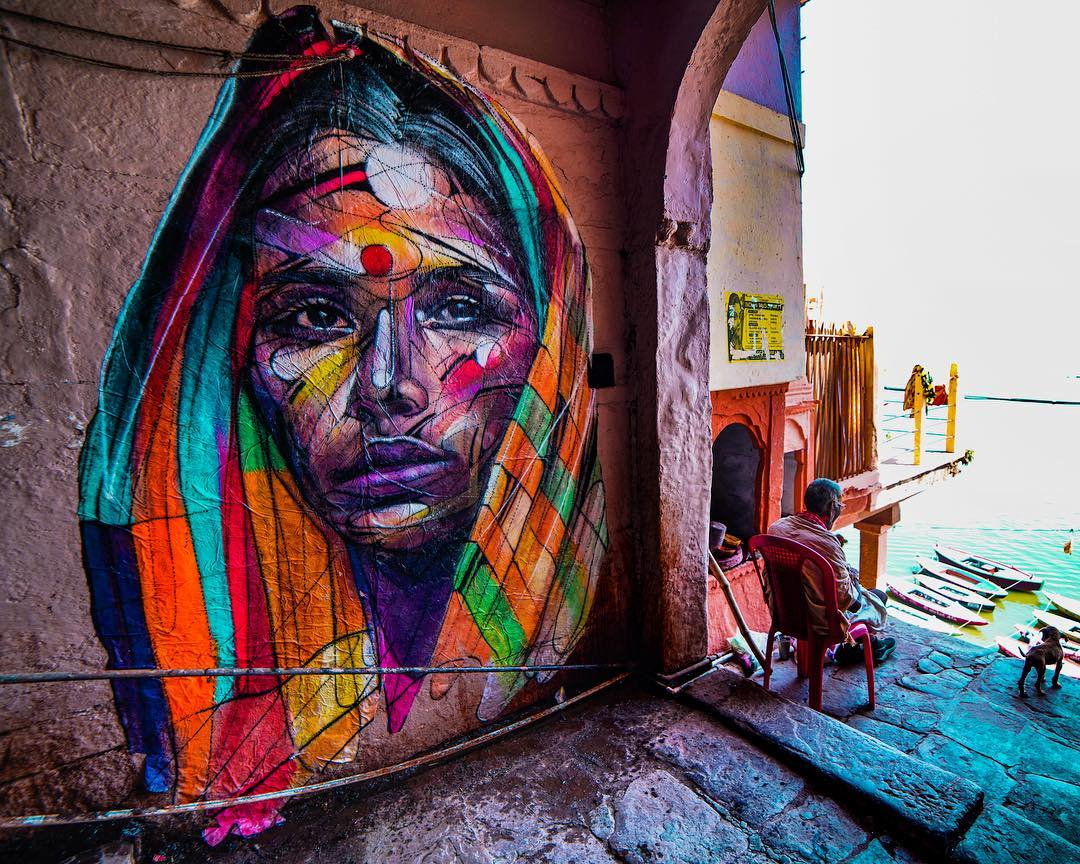In a recent interview with the news agency PTI, Muhammad Yunus, the Chief Advisor to Bangladesh’s interim government, dismissed the violence against Hindu minorities as exaggerated. Yunus contended that the attacks on Hindus were not communal but politically motivated, suggesting that Hindus had become targets due to their association with the ousted Awami League government. This stance has sparked significant controversy and criticism, as many view Yunus’s comments as a blatant attempt to downplay and justify the Islamist violence against Hindus.
Muhammad Yunus’s Controversial Statements
According to Yunus, the violence against Hindus was a result of their perceived alignment with the Awami League, which faced severe backlash following its fall. Yunus argued that the violence was less about religious intolerance and more about political retribution. He told Prime Minister Narendra Modi that the attacks were a result of the political upheaval in Bangladesh, attributing the violence to the broader political context rather than religious animosity.
Yunus’s assertion that the attacks are “exaggerated” and “political” rather than communal raises serious concerns. By suggesting that the violence against Hindus is a consequence of their political affiliations rather than religious extremism, Yunus seems to be attempting to whitewash the gravity of the situation. This perspective fails to address the specific targeting of Hindu communities, their temples, and religious symbols, which indicates a clear religious motive behind the violence.
Downplaying the Religious Nature of Violence
Yunus’s characterization of the attacks as politically motivated rather than communal is problematic. He argued that violence against Hindus was a consequence of their association with the Awami League, rather than an indication of religious extremism. He stated, “These attacks are political and not communal. And India is propagating these incidents in a big way.” This statement has been widely criticized for neglecting the fact that Hindu temples were desecrated, and idols were vandalized, actions which clearly reflect religious intolerance.
The focus on political motivations over religious ones does not account for the nature of the violence. The attacks were not limited to political figures but also targeted Hindu religious sites and community members. The violence, therefore, cannot be solely attributed to political motives when religious symbols and places of worship are specifically targeted.
Contradictory Advice to the Hindu Community
In a further display of inconsistency, Yunus advised Bangladeshi Hindus to downplay their religious identity and instead present themselves as mere citizens. He suggested that Hindus should not identify themselves as Hindus to avoid persecution, stating, “Please don’t identify yourselves as Hindus; rather, you should say you are citizens of this country and you have equal rights.” This advice raises critical questions about the role of the interim government in protecting minority rights.
Advising individuals to abandon their religious identity to escape violence reflects a troubling stance. It implies that the solution to the persecution of Hindus is not to address the root causes of the violence but to minimize the visibility of their identity. This approach does nothing to address the underlying issues of intolerance and violence but instead shifts the burden onto the victims.
The Role of Islamist Extremism
Yunus’s claims that the violence is exaggerated and politically driven fail to acknowledge the significant role of Islamist extremism in the persecution of Hindus. Reports indicate that Islamist groups, particularly Jamaat-e-Islami, have been involved in orchestrating violence against Hindus. These groups have historically targeted Hindus during times of political unrest, using religious fervor as a weapon of terror.
The recent violence, including the vandalism of Hindu temples and the targeted attacks on Hindu homes, underscores the involvement of extremist elements. The desecration of temples and the targeting of religious symbols are clear indicators of religiously motivated violence rather than mere political retribution.
Inadequate Protection for Minorities
Despite Yunus’s claims of taking action, the reality on the ground suggests a lack of effective protection for Hindus. Reports of violent attacks and lynchings, including incidents where Hindu youth were targeted and killed, raise questions about the interim government’s commitment to safeguarding minority rights. The fact that such violence occurs even in the presence of law enforcement and military personnel highlights the inadequacy of the government’s response.
The interim government’s decision to lift the ban on Jamaat-e-Islami, a group with a history of violence against Hindus, further undermines confidence in its ability to protect minority communities. The notion that such groups can operate freely while minority communities face persecution reflects a disturbing lack of resolve to address the root causes of violence.
Criticism of Western and Media Narratives
Yunus’s statements align with a broader narrative that seeks to downplay Islamist violence against Hindus. There have been attempts by some media outlets to portray the violence as politically motivated rather than religiously driven. This narrative shift serves to obscure the reality of religious intolerance and provides a cover for the actions of extremist groups.
Critics argue that such narratives are part of a broader effort to diminish the gravity of religious persecution and to shift blame onto political factors. By framing the violence as a product of political upheaval rather than religious extremism, these narratives attempt to minimize the suffering of minority communities and absolve the perpetrators of their actions.
Overview
Muhammad Yunus’s statements regarding the violence against Hindus in Bangladesh have sparked significant controversy. His characterization of the violence as exaggerated and politically motivated rather than religiously driven has been widely criticized for downplaying the severity of the situation. The focus on political factors over religious intolerance fails to address the specific targeting of Hindu communities and their places of worship.
The interim government’s approach, including advising Hindus to downplay their religious identity and lifting the ban on extremist groups, raises serious concerns about its commitment to protecting minority rights. As the violence continues, it is crucial for the international community and human rights organizations to hold the Bangladeshi government accountable and ensure that the rights and safety of minority communities are upheld.




